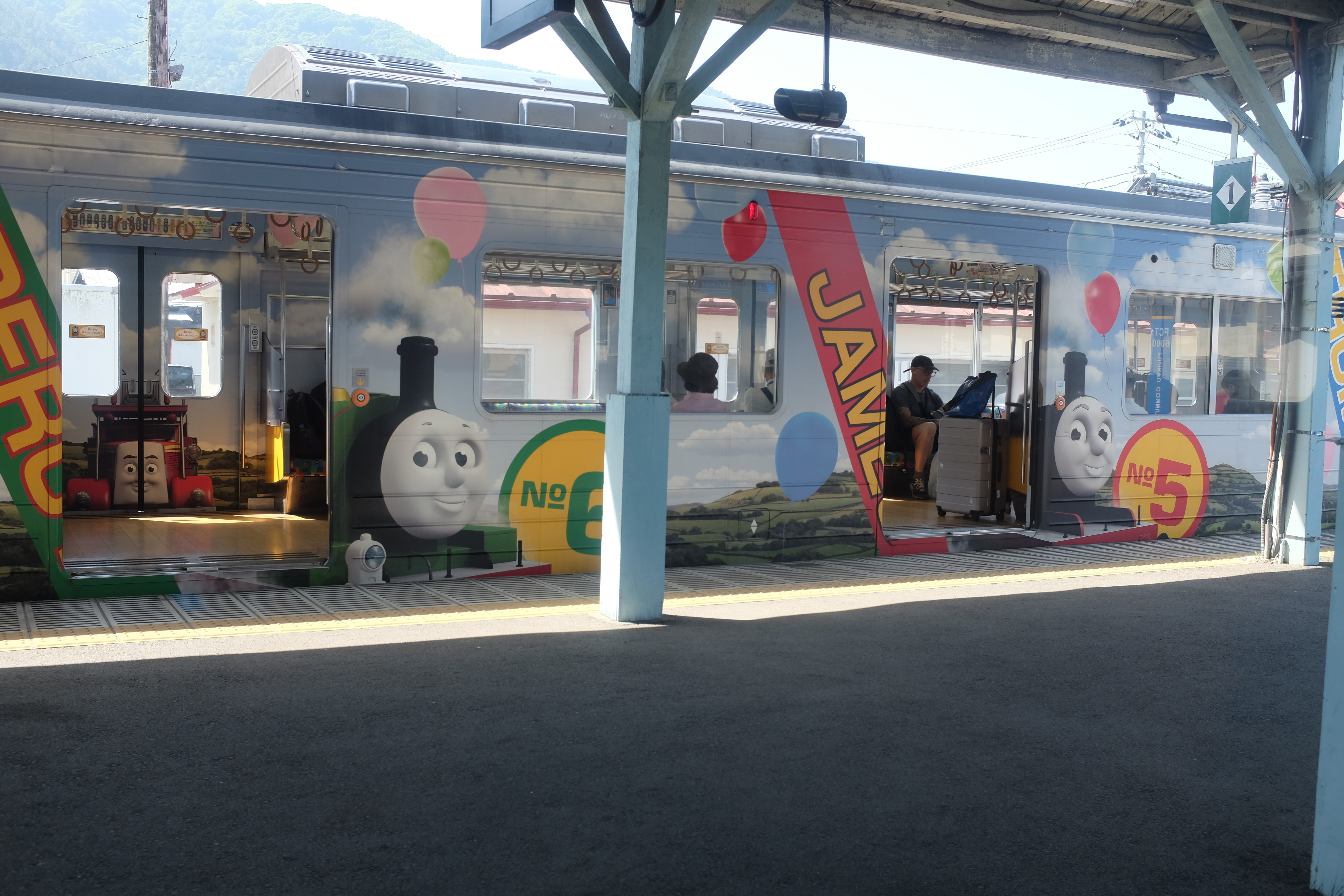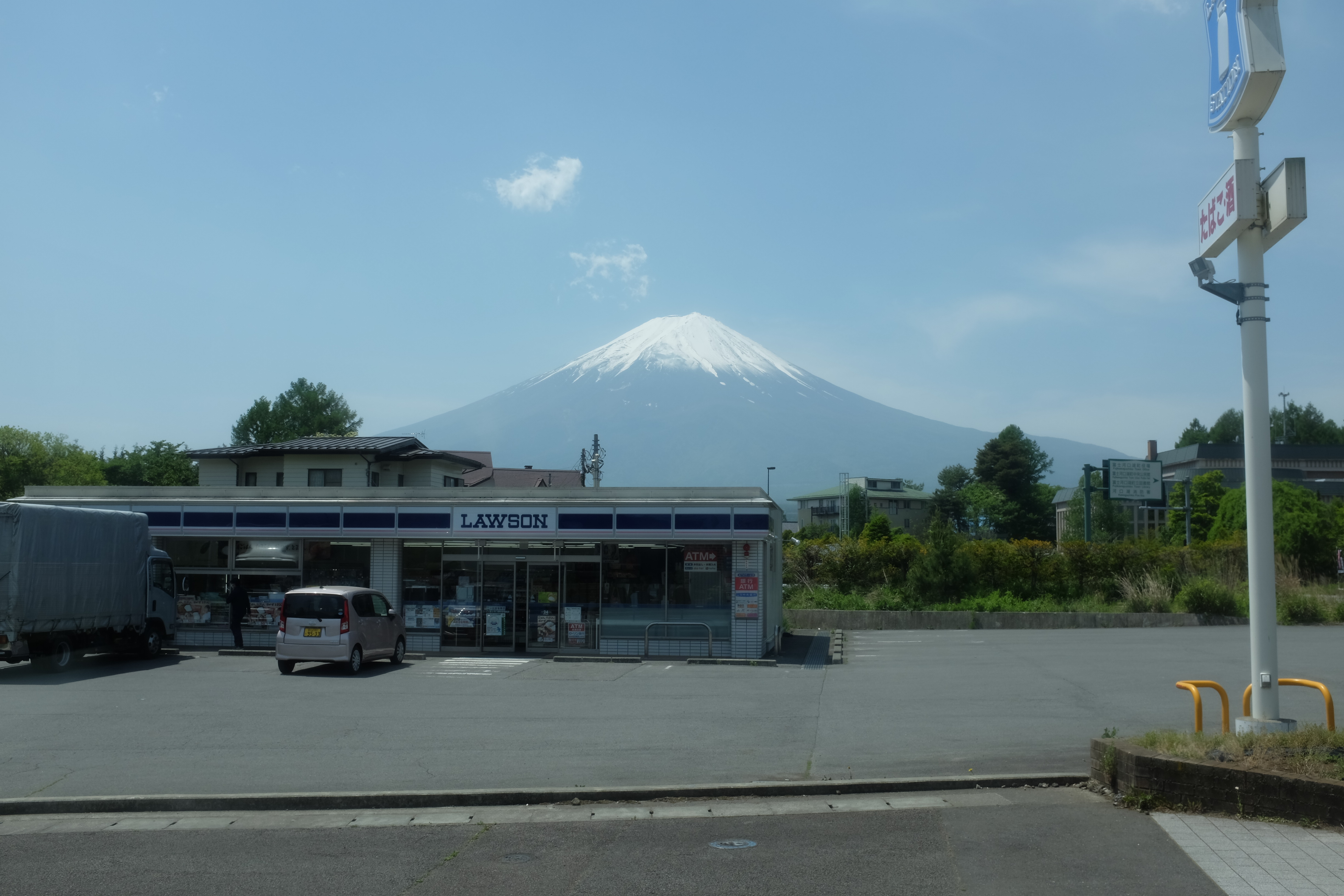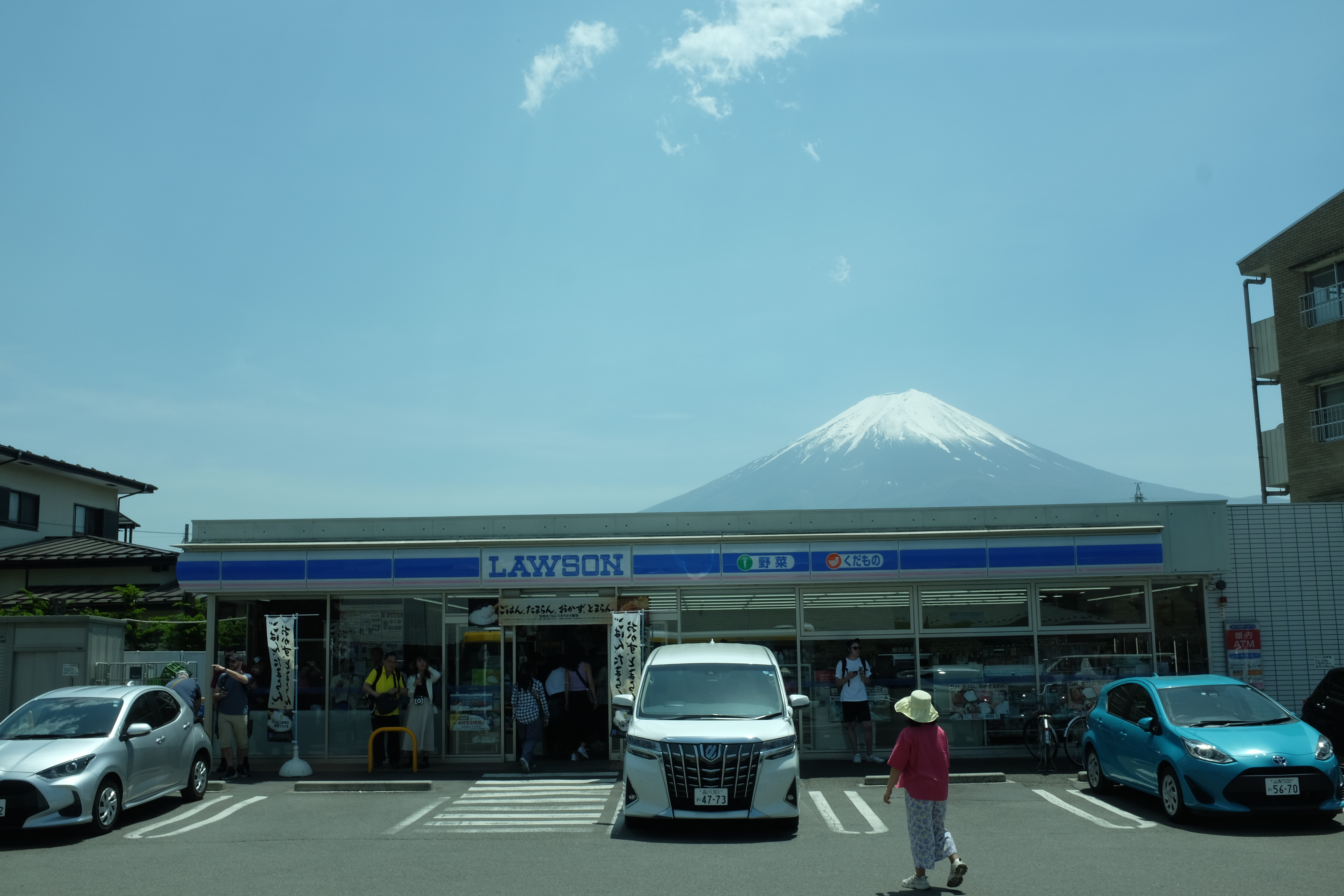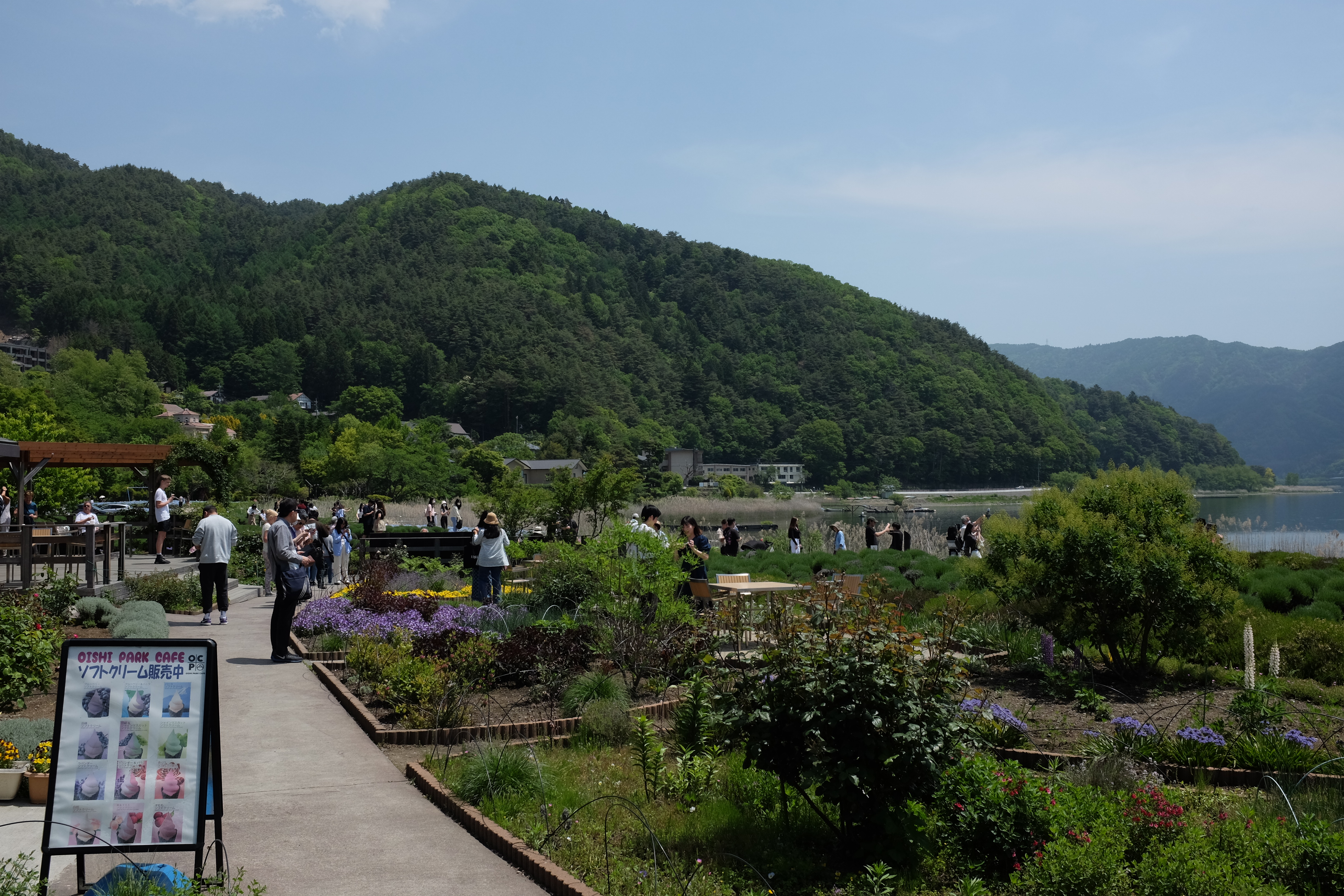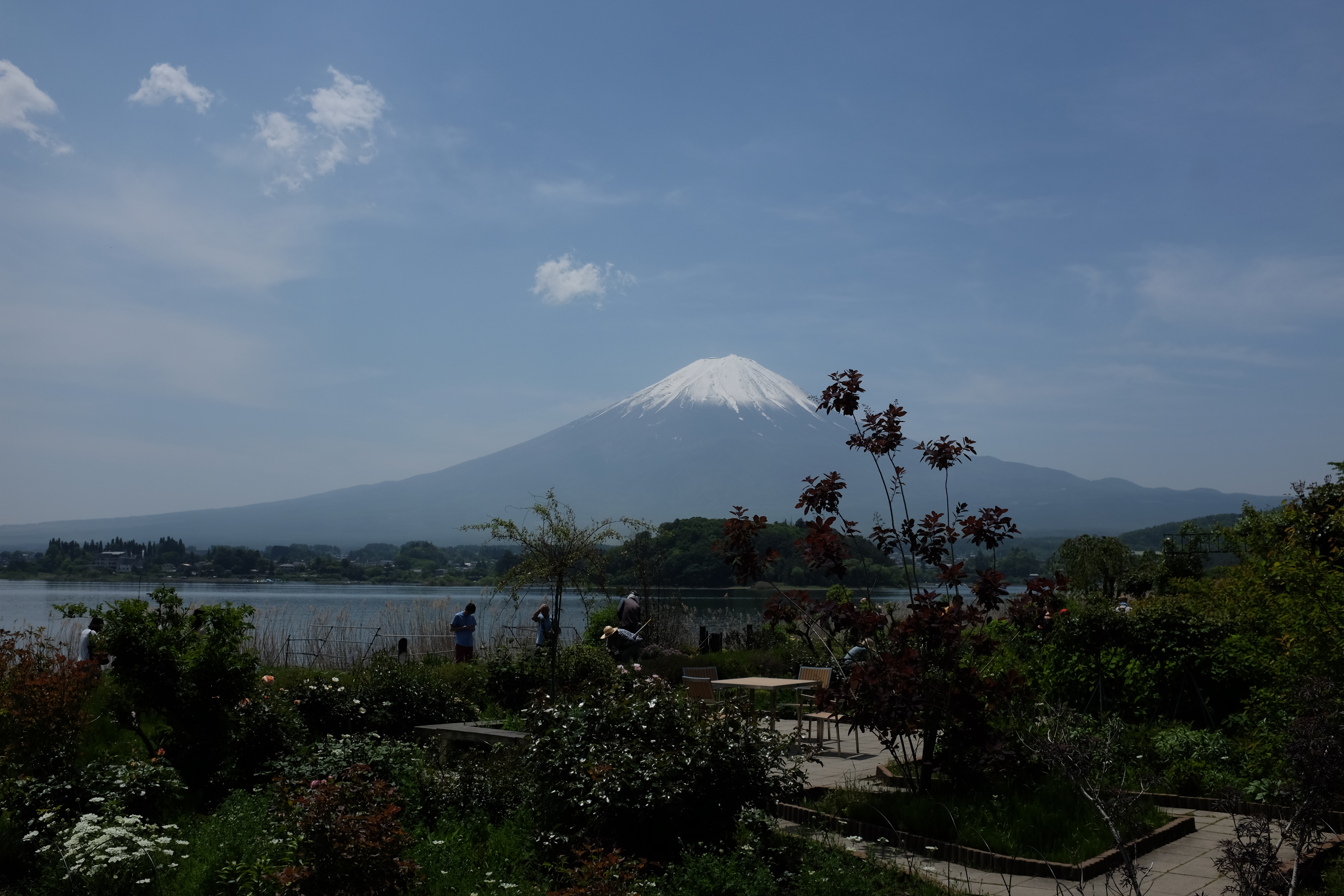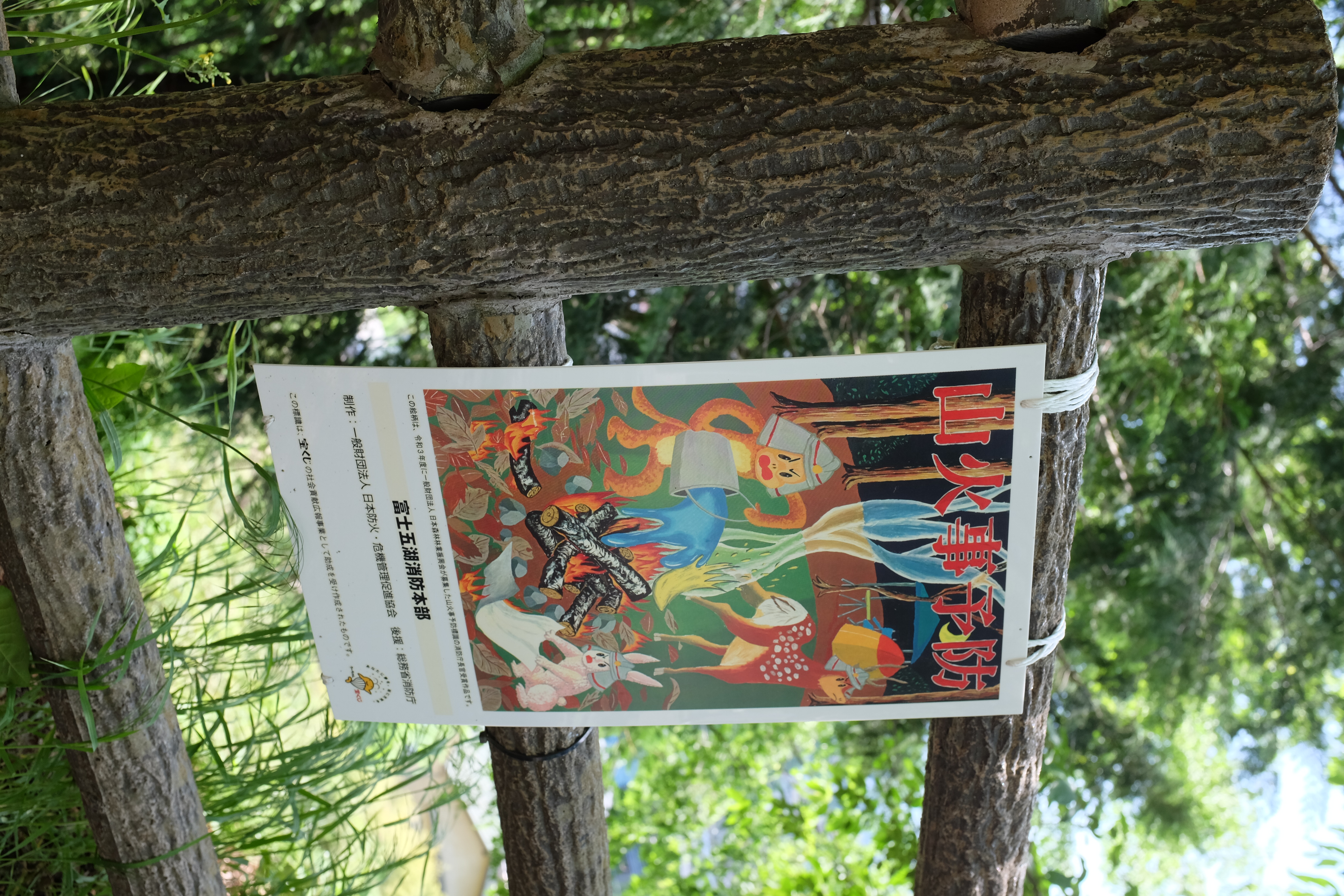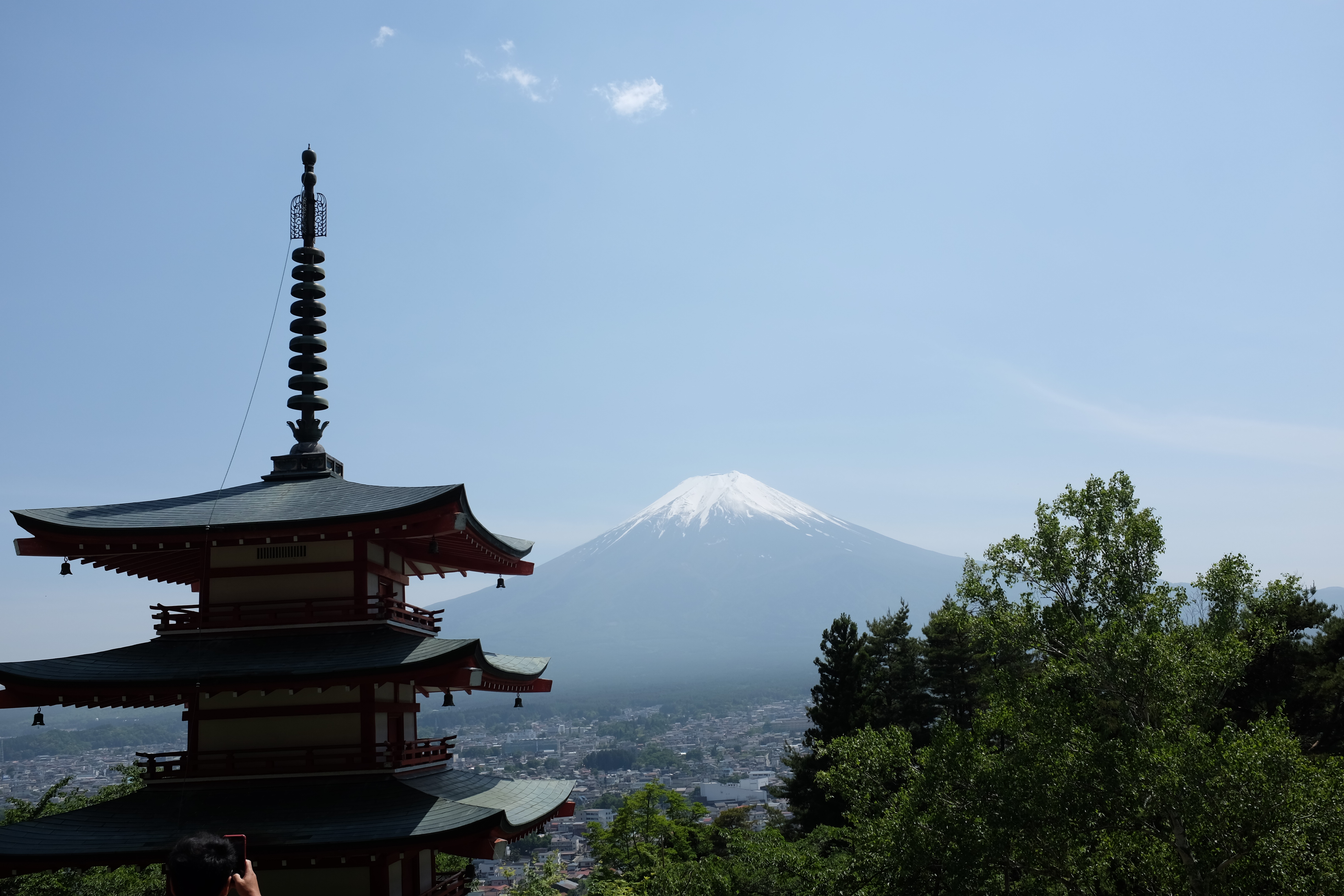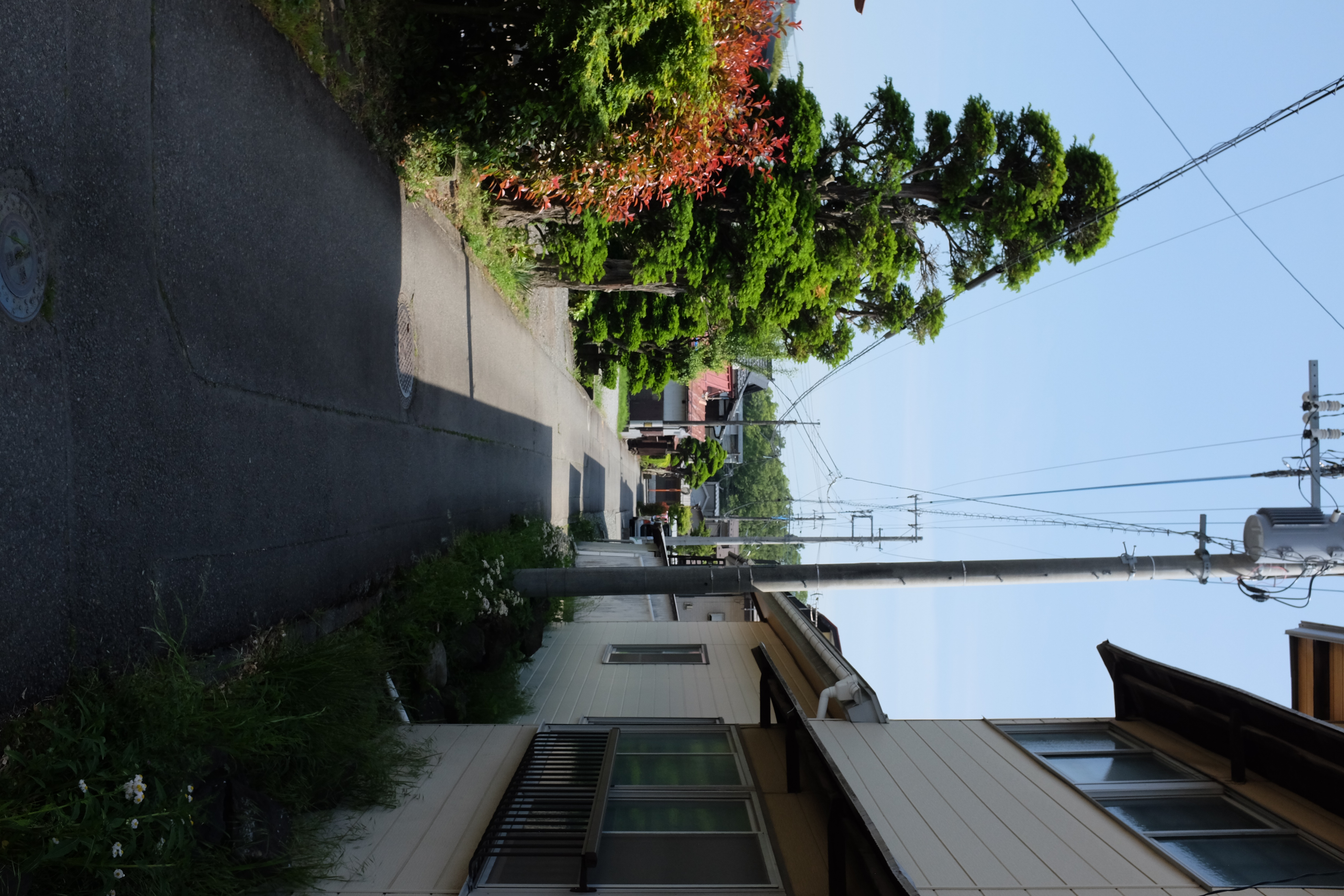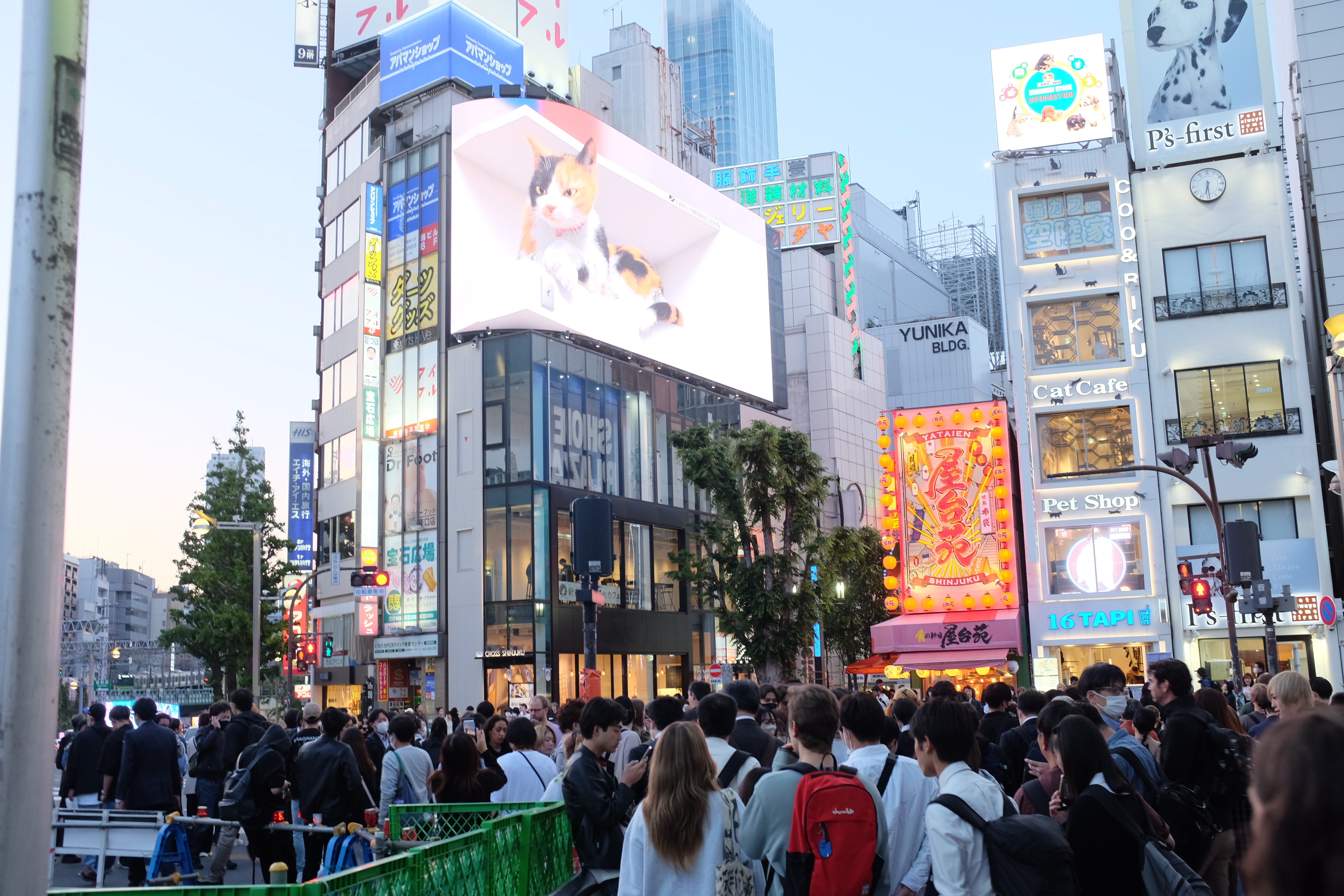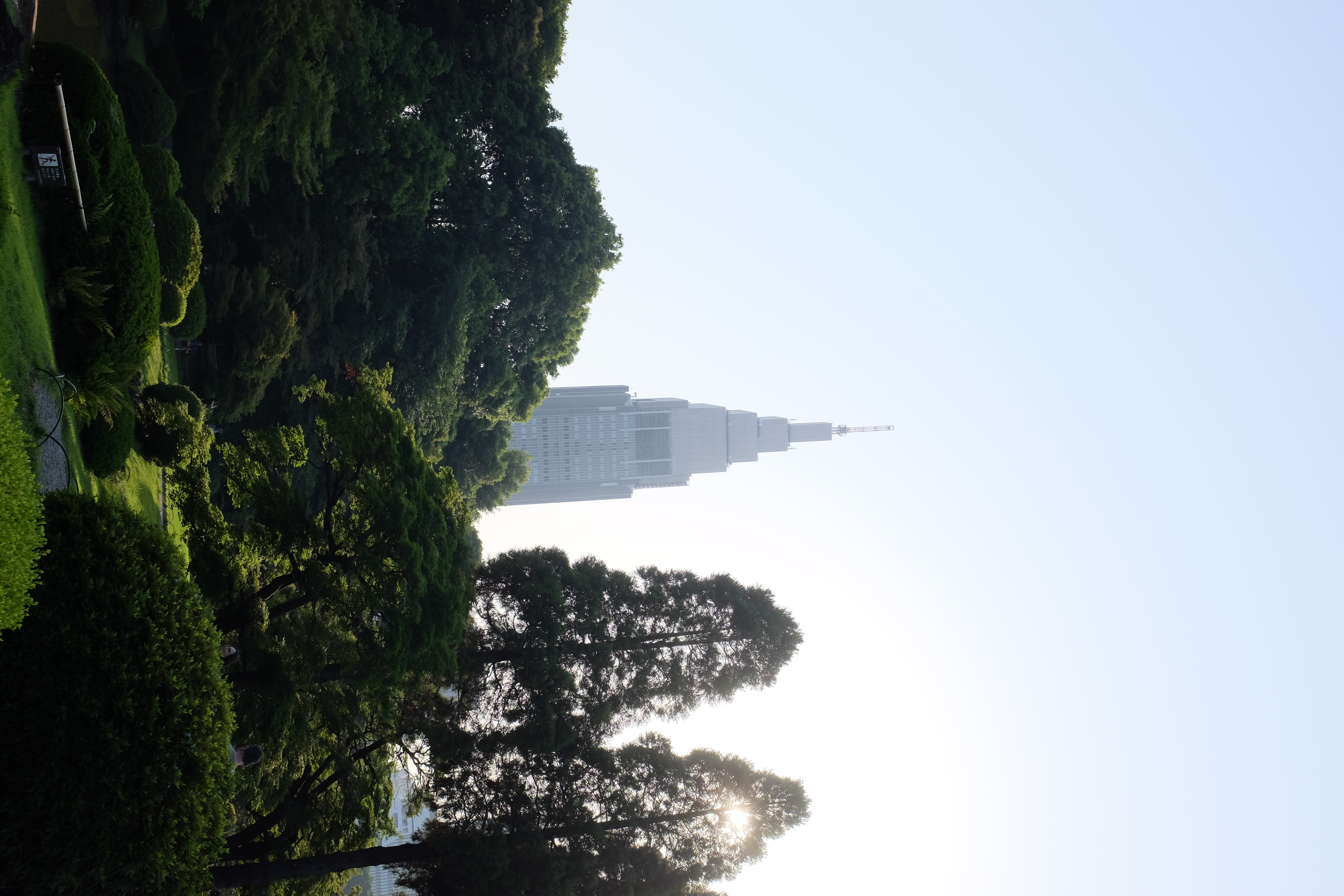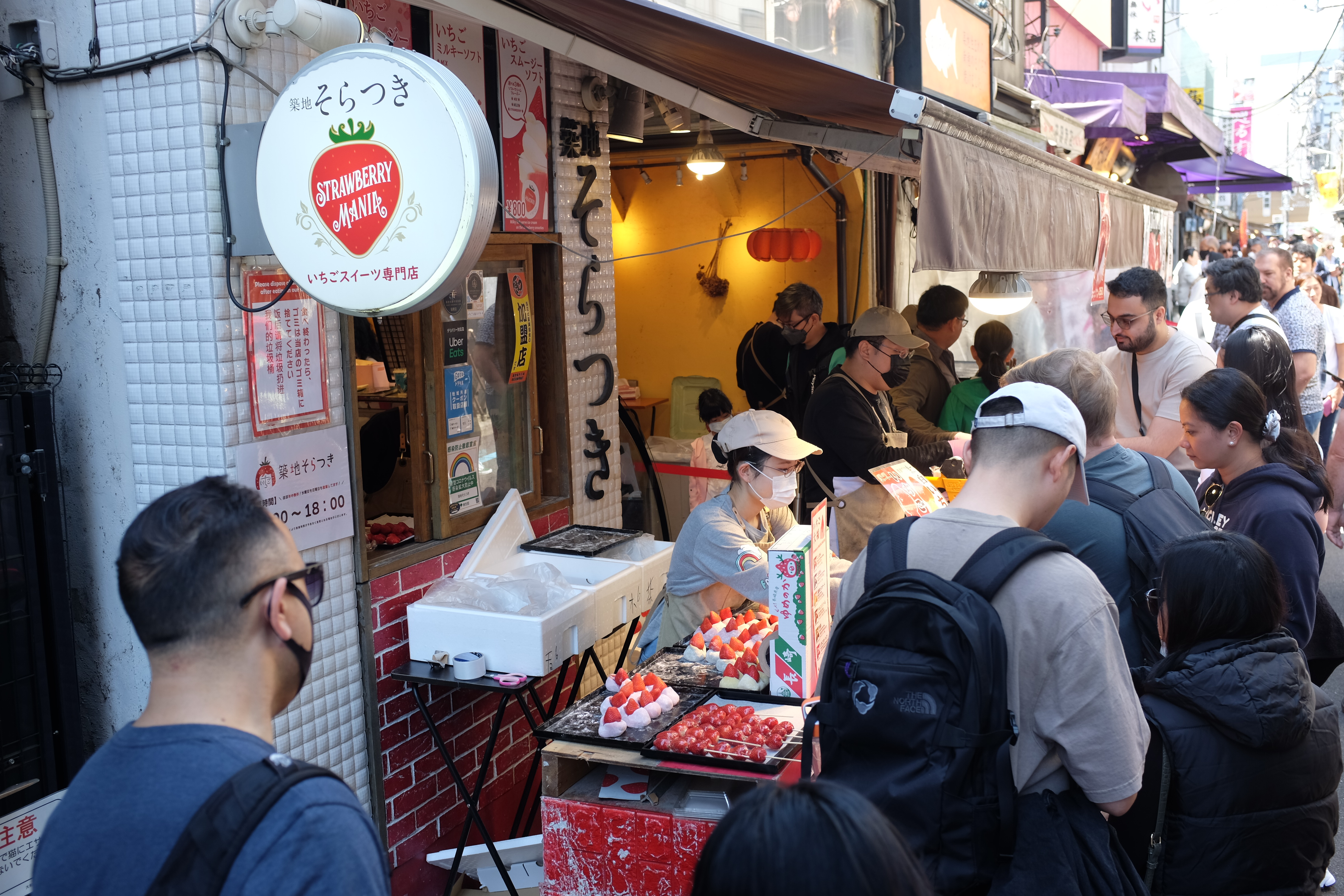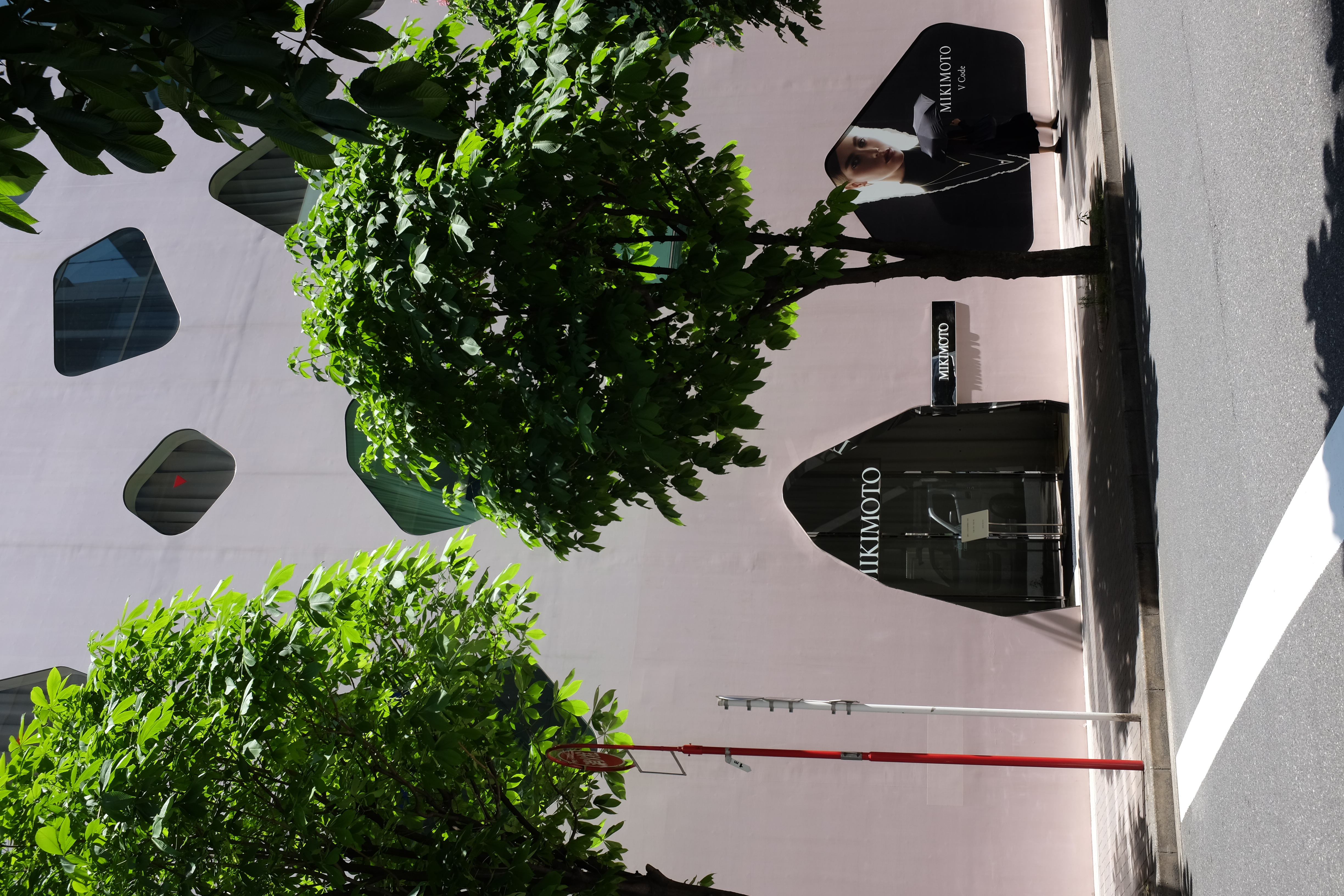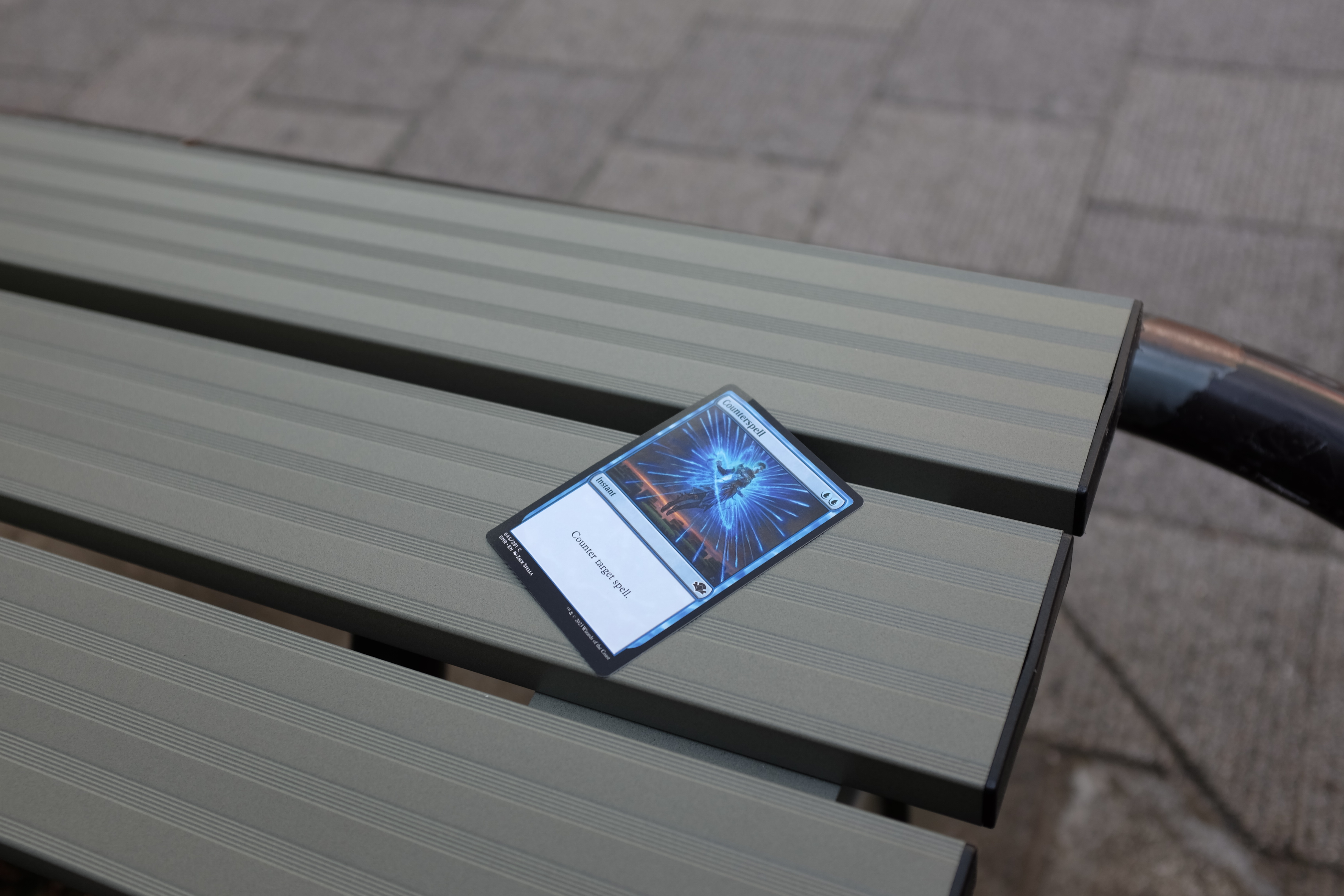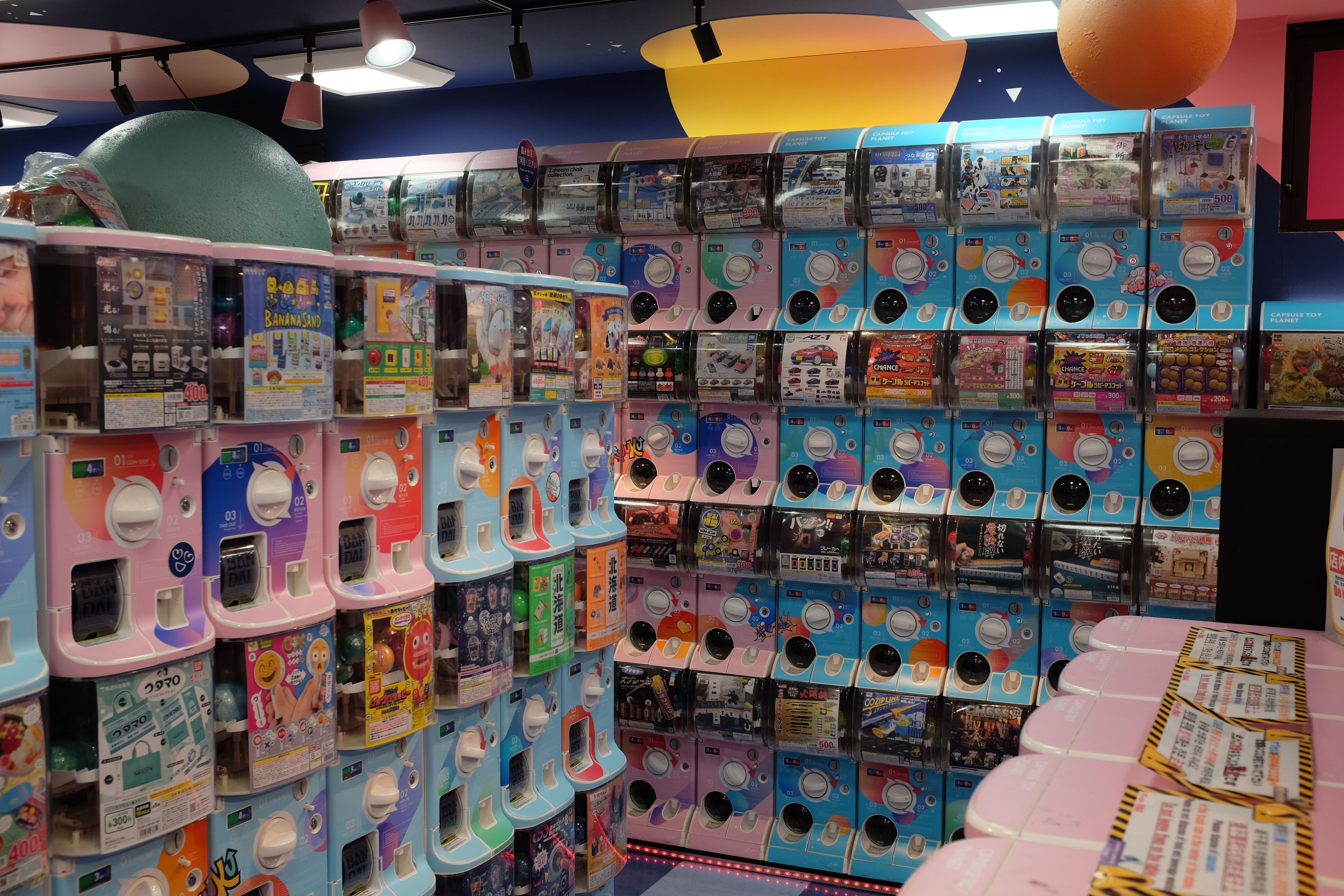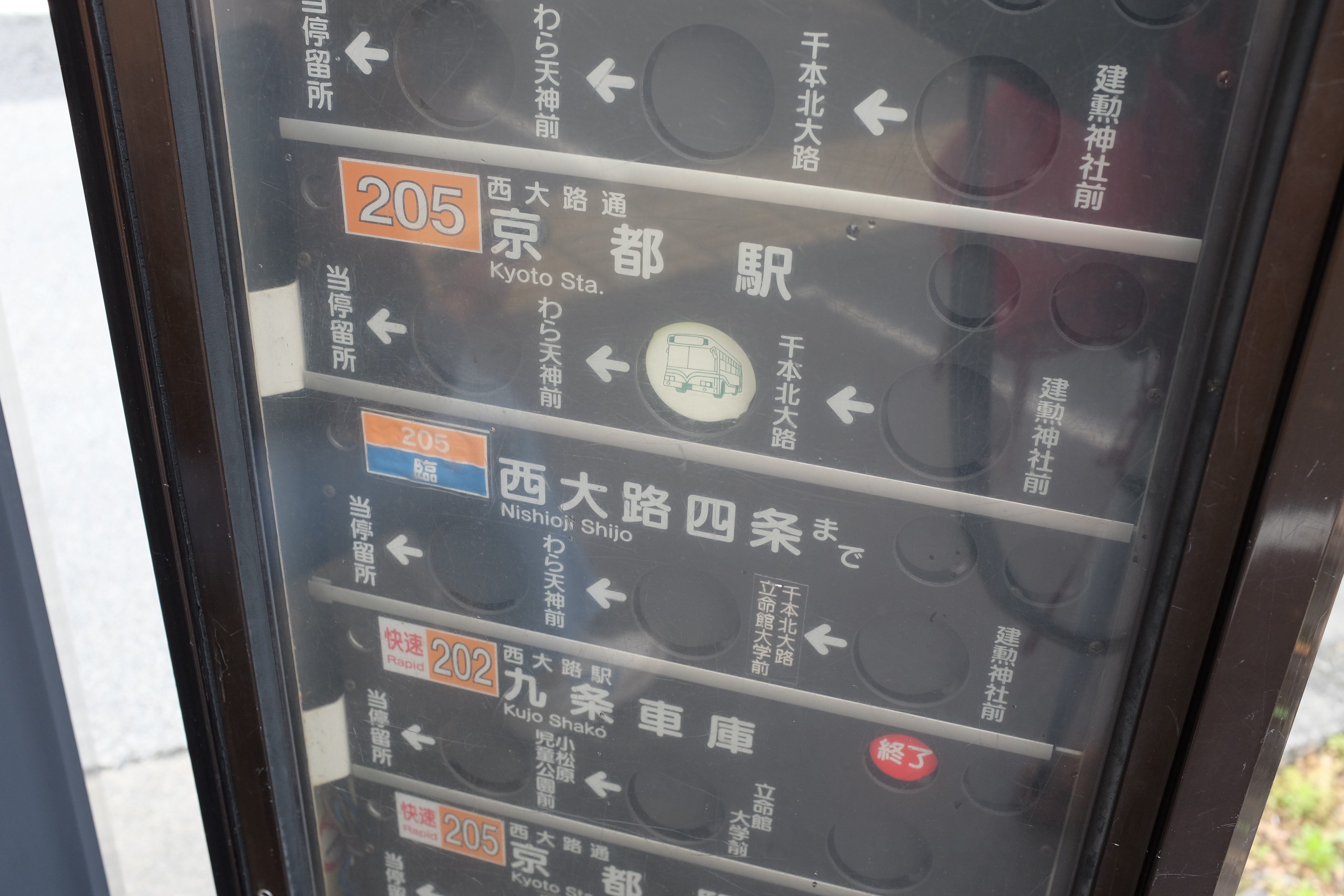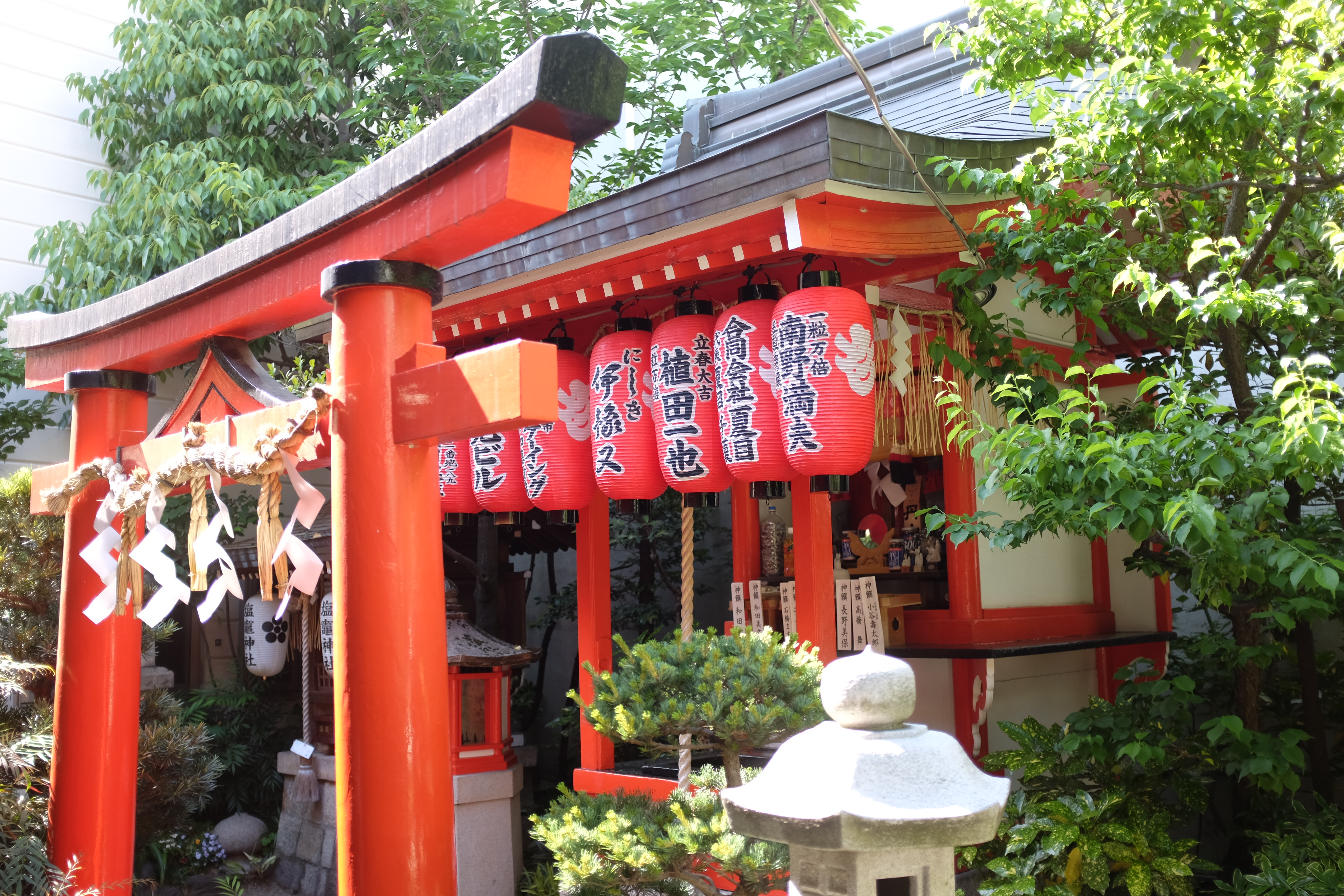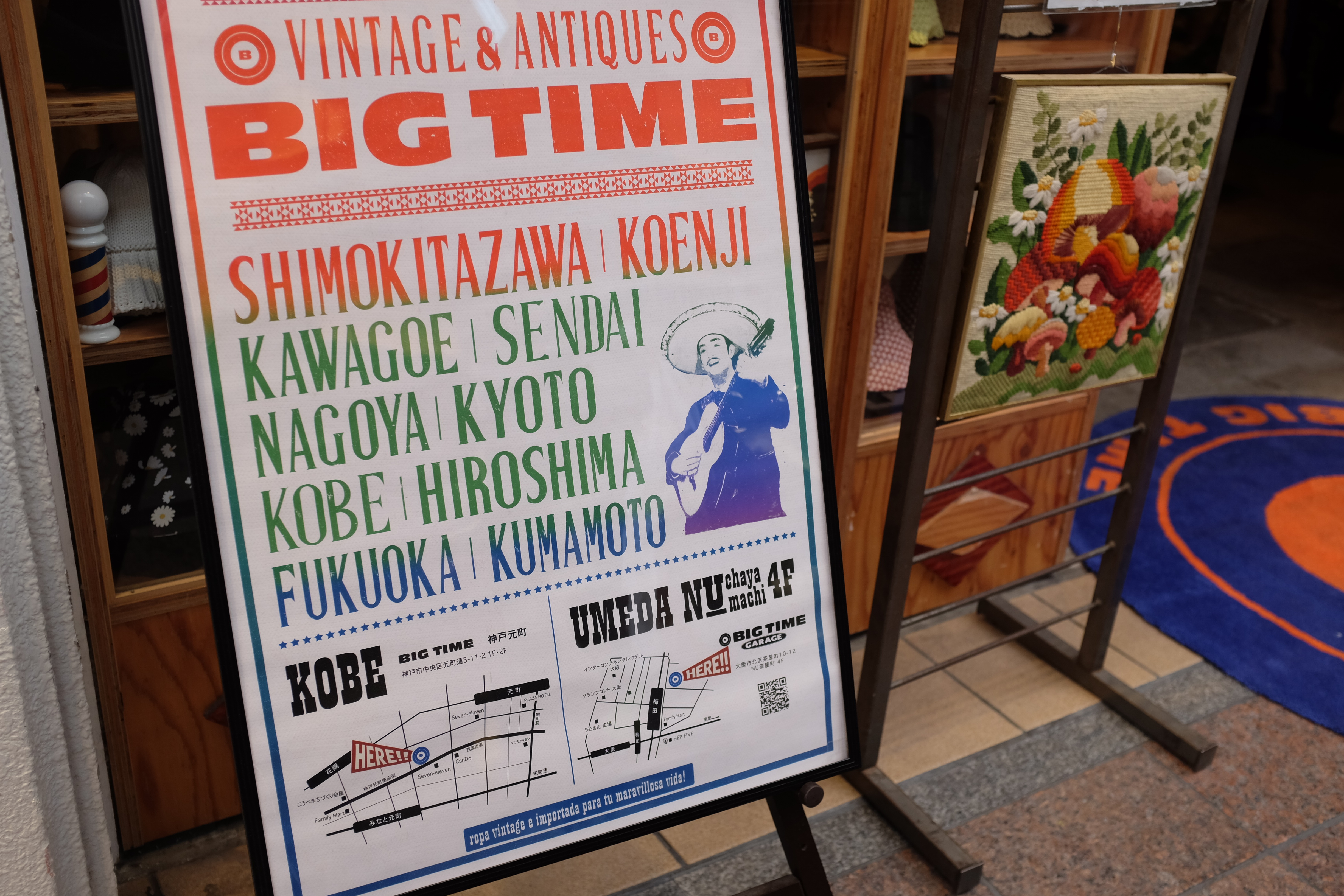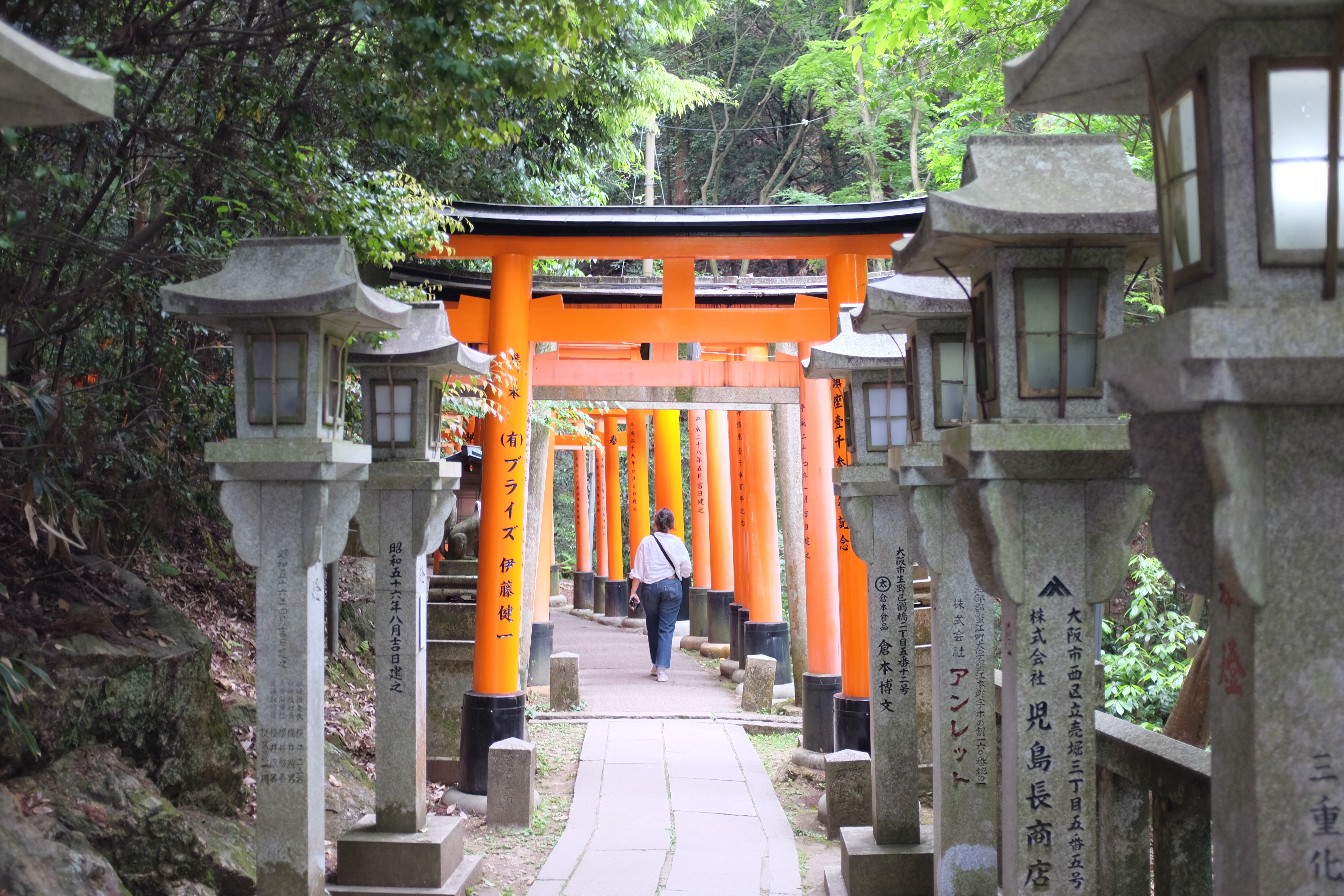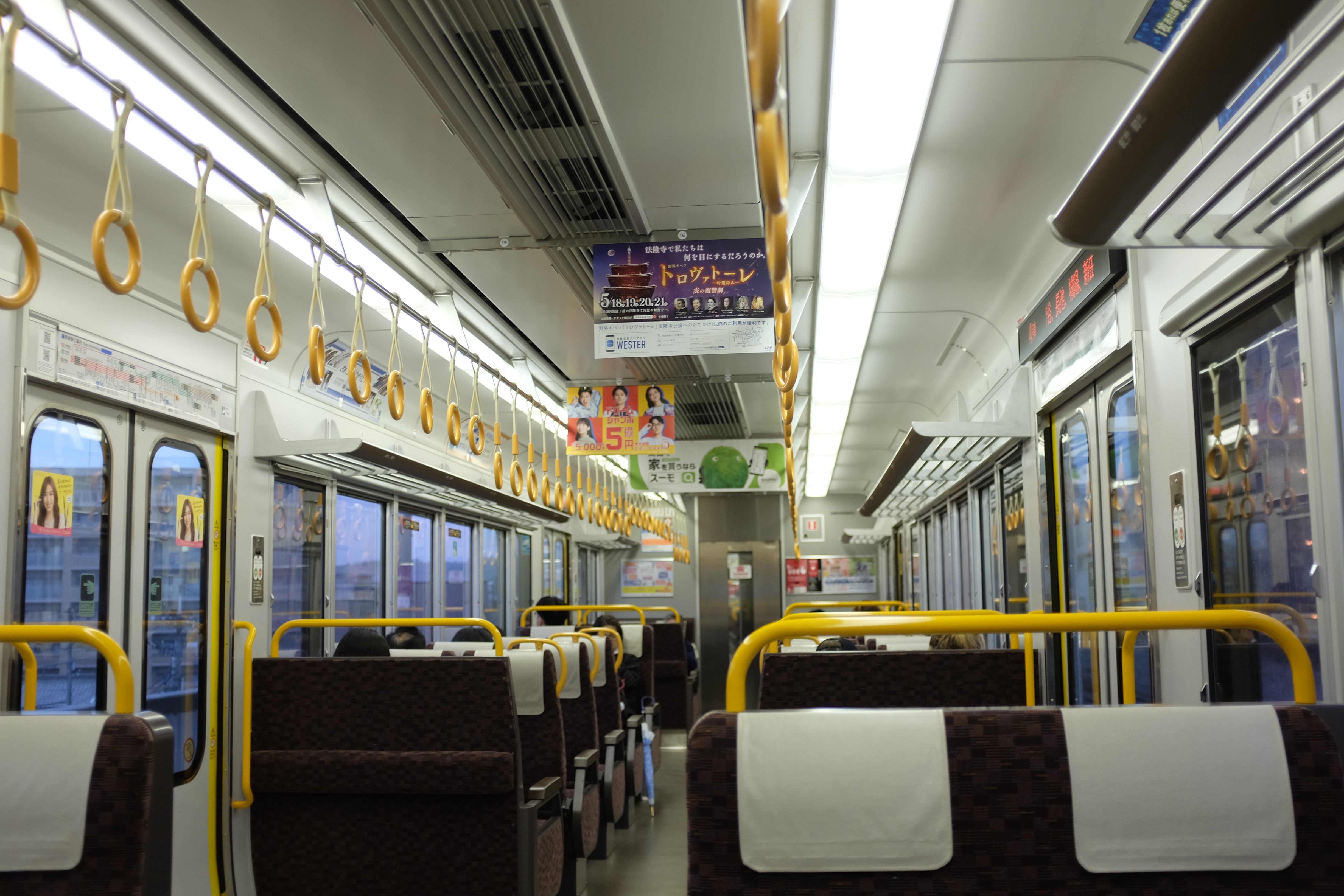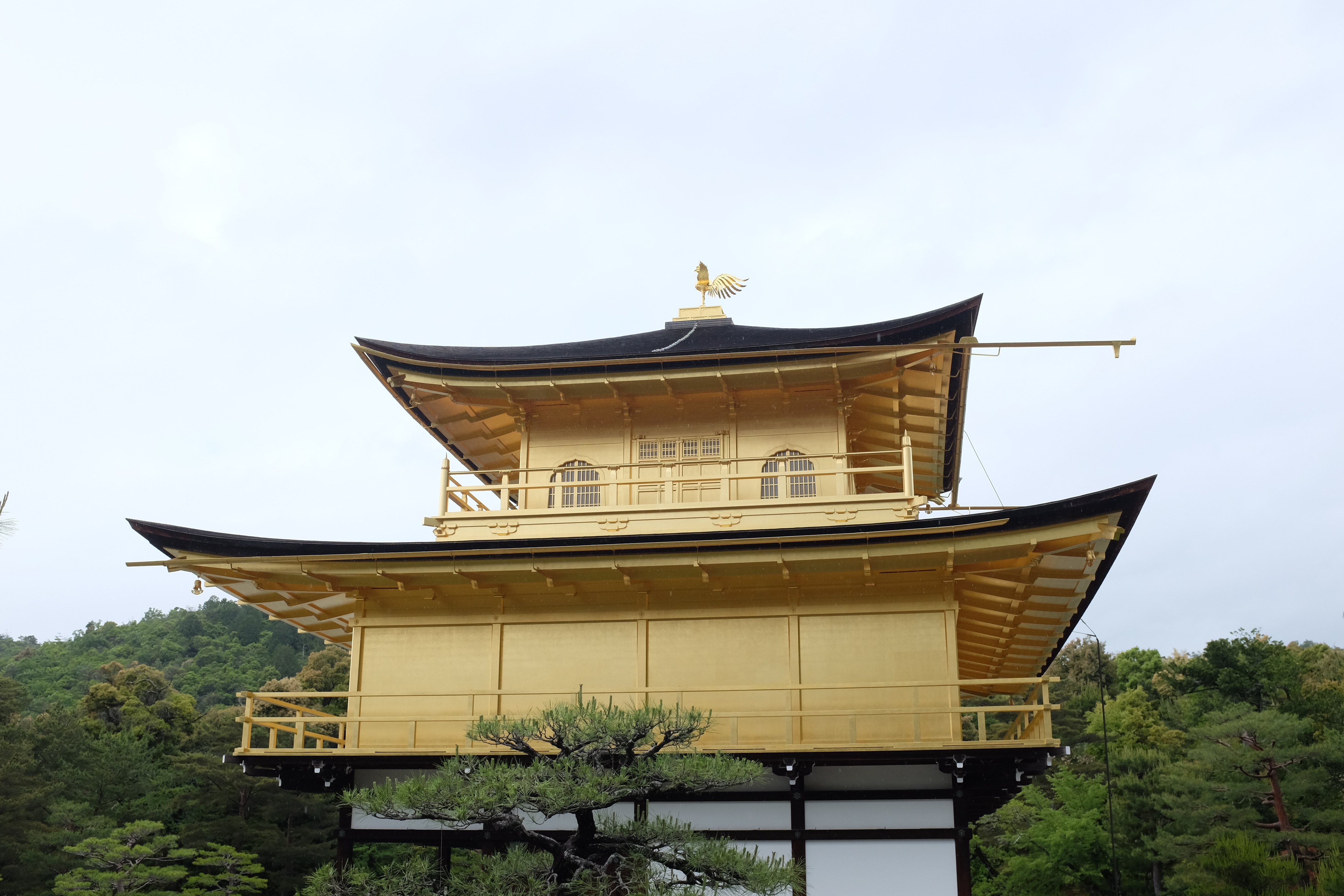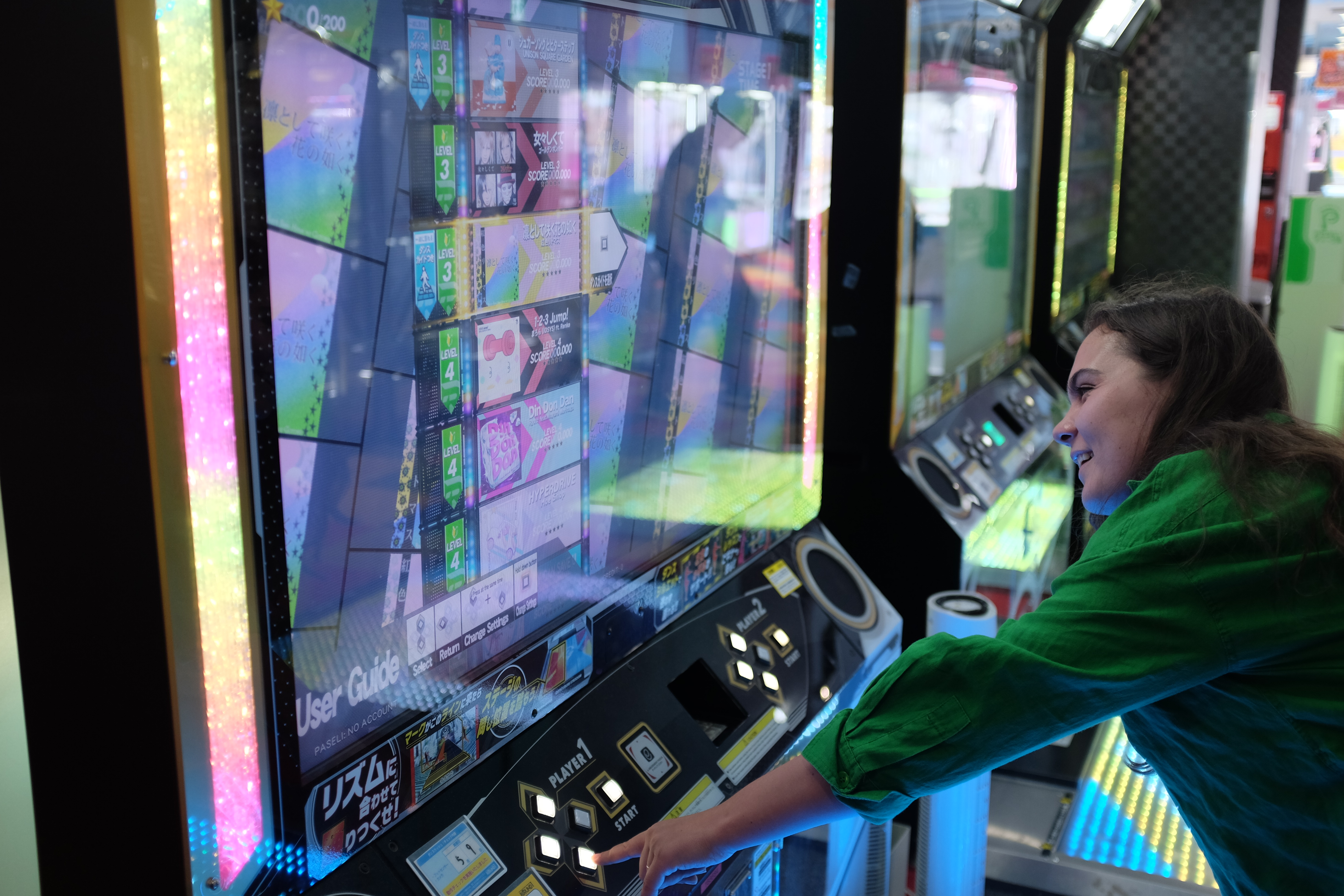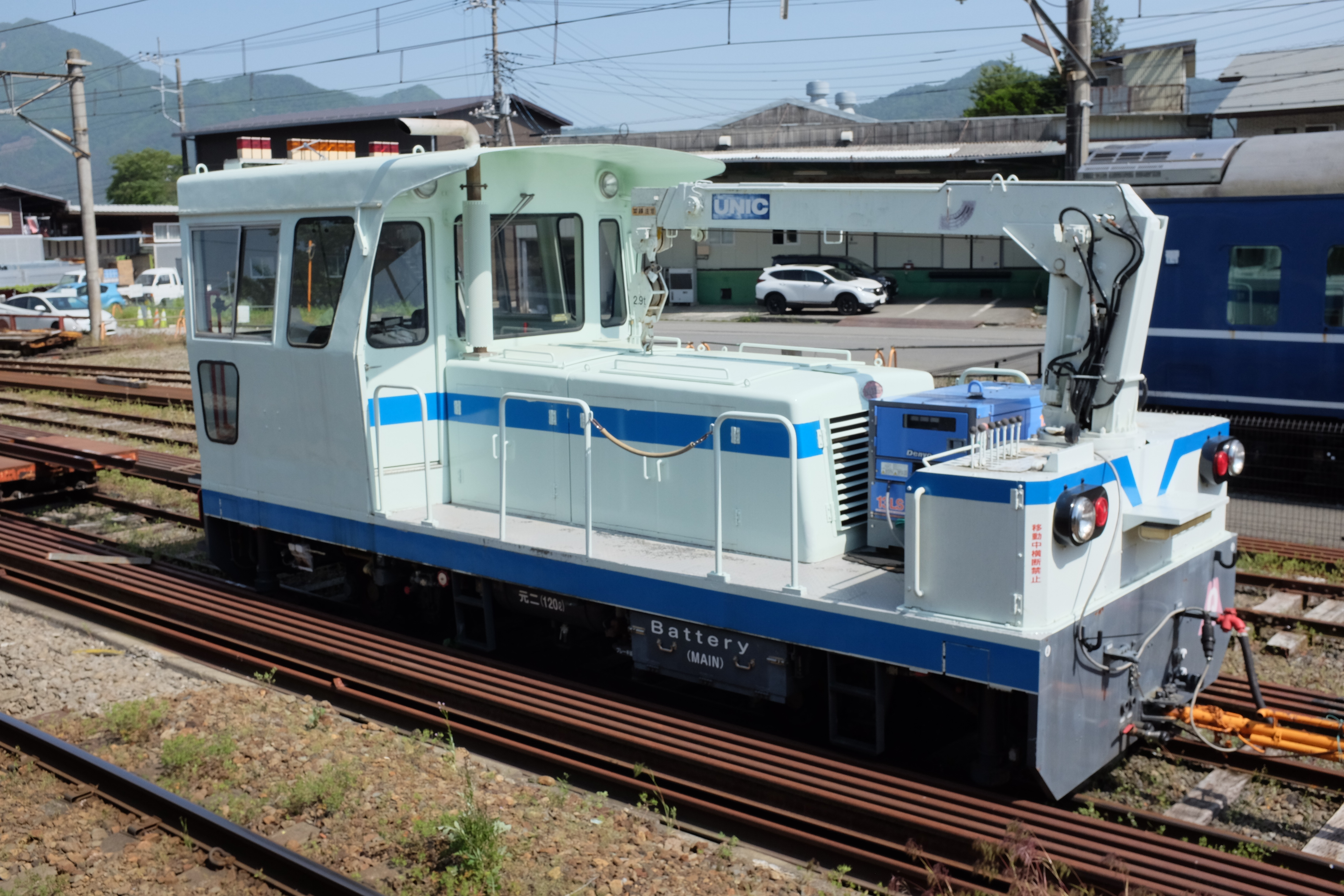Japan
Japan is an incredible country with so much to offer and explore. This was my first trip and we spent just less than two weeks in the country. Overall we stayed in Tokyo, Kyoto and Osaka, with some day trips to smaller towns and villages.
All these photos were taken with a Fujifilm X100S.
The Megacity: Tokyo
Tokyo is absolutely massive. It is a beautiful mix of futuristic and retro. There is so much going on, and so much to see and do. It would take years to fully explore everything. I don’t think it is possible to be bored in a place like this, everywhere you look there is something new.
We spent a total of 7 nights in Tokyo (before and after a few days in Kyoto/Osaka) and visited Shinjuku, Ginza, Shibuya and Harajuku. Basing both stays in Shunjuku, we stayed at Hotel GLOU Higashi Shinjuku and APA Hotel Shinjuku Gyoemmae, which provided a good base for exploring the city.
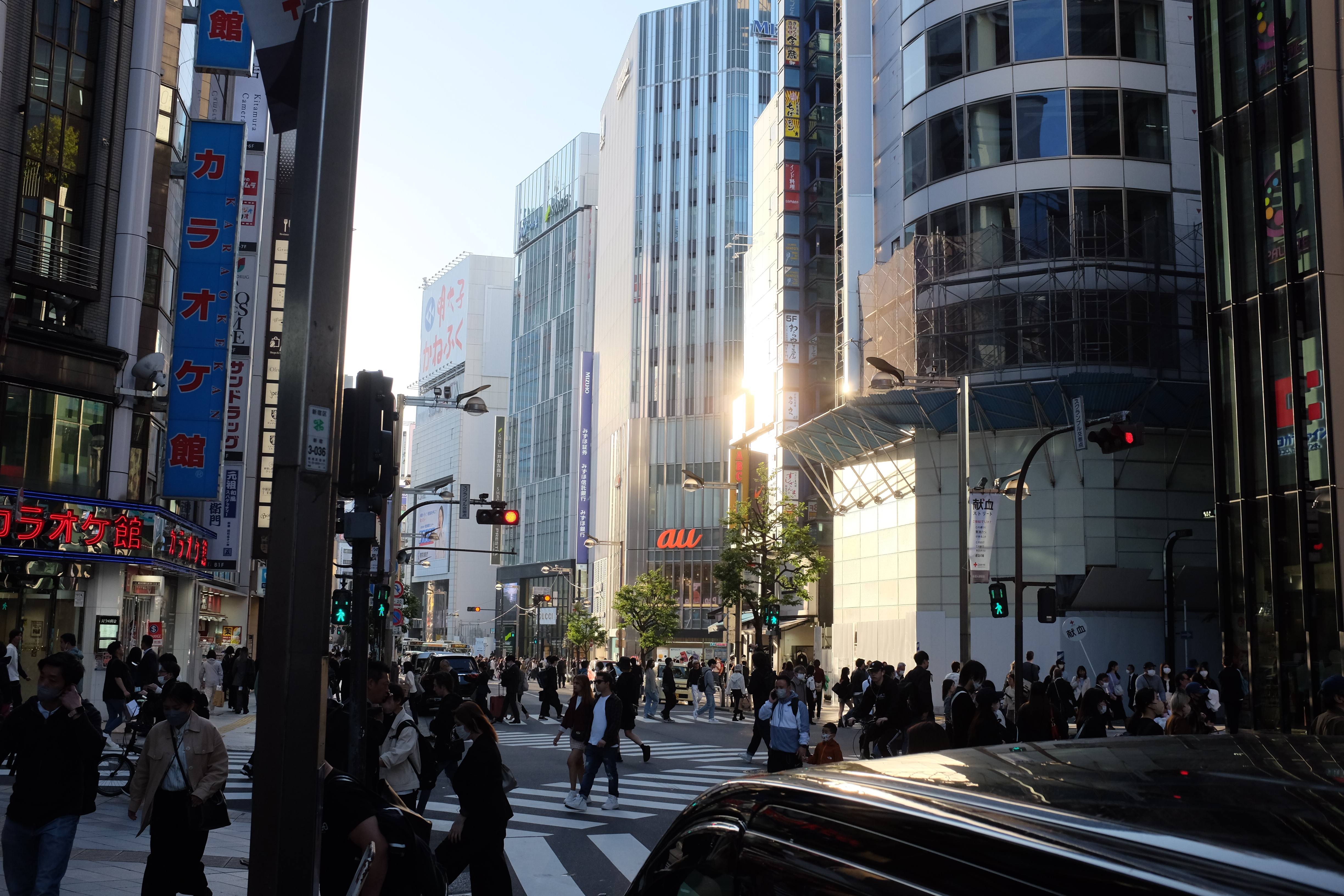
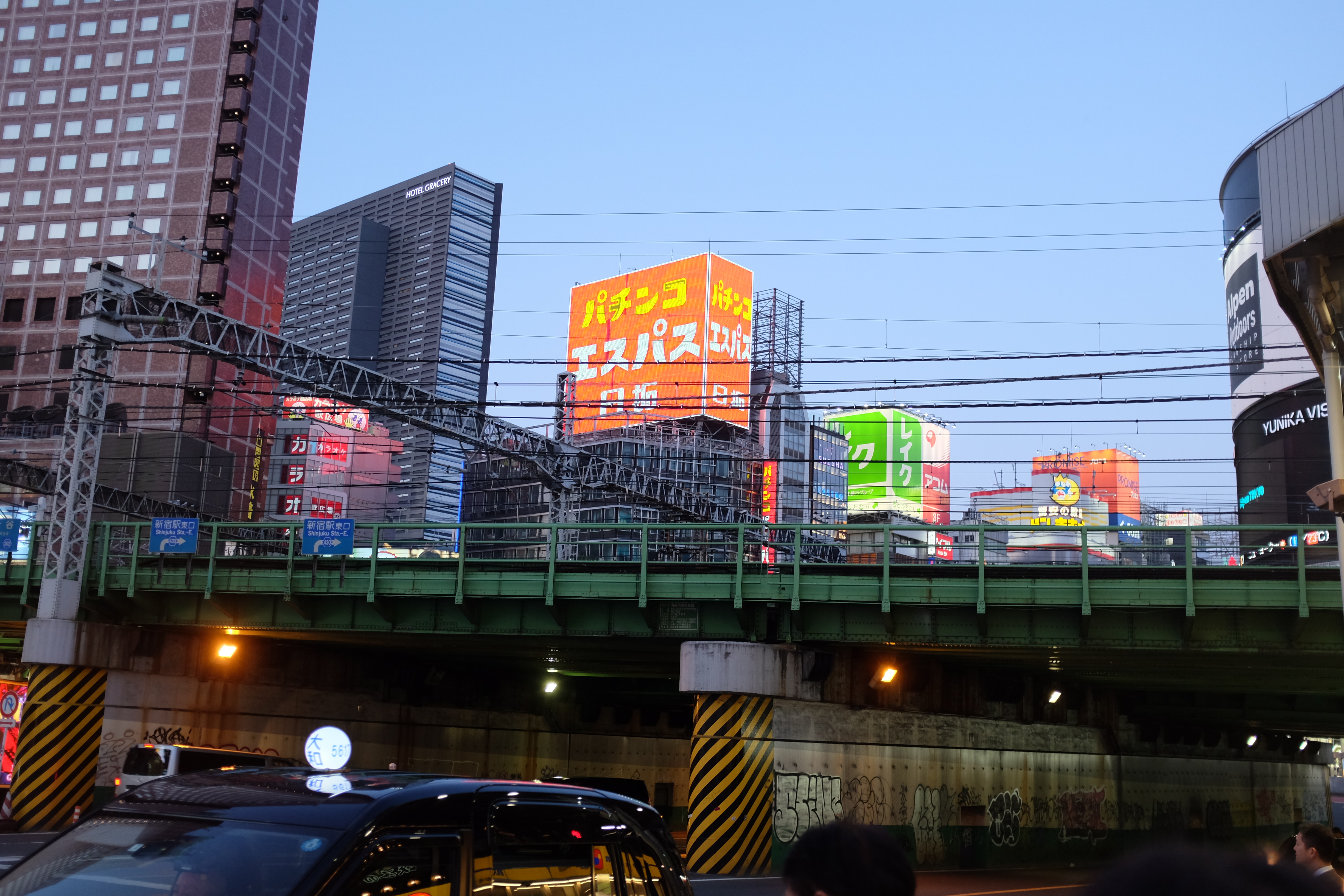
The Shinjuku Gyoen National Garden (around the corner from APA Hotel Shinjuku Gyoemmae) provides a nice break from the busy city and is incredibly clean and well maintained (like most places in Tokyo):
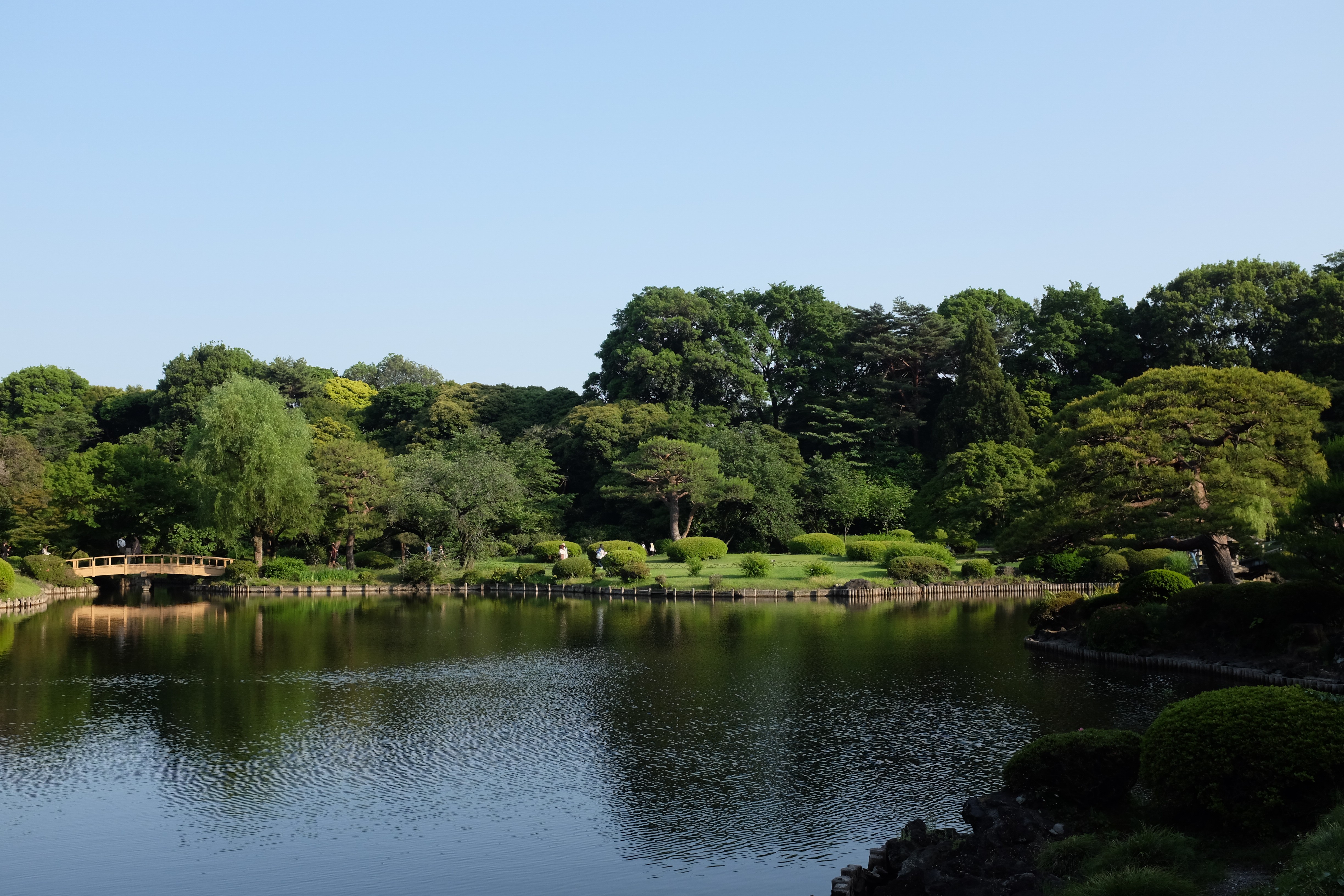
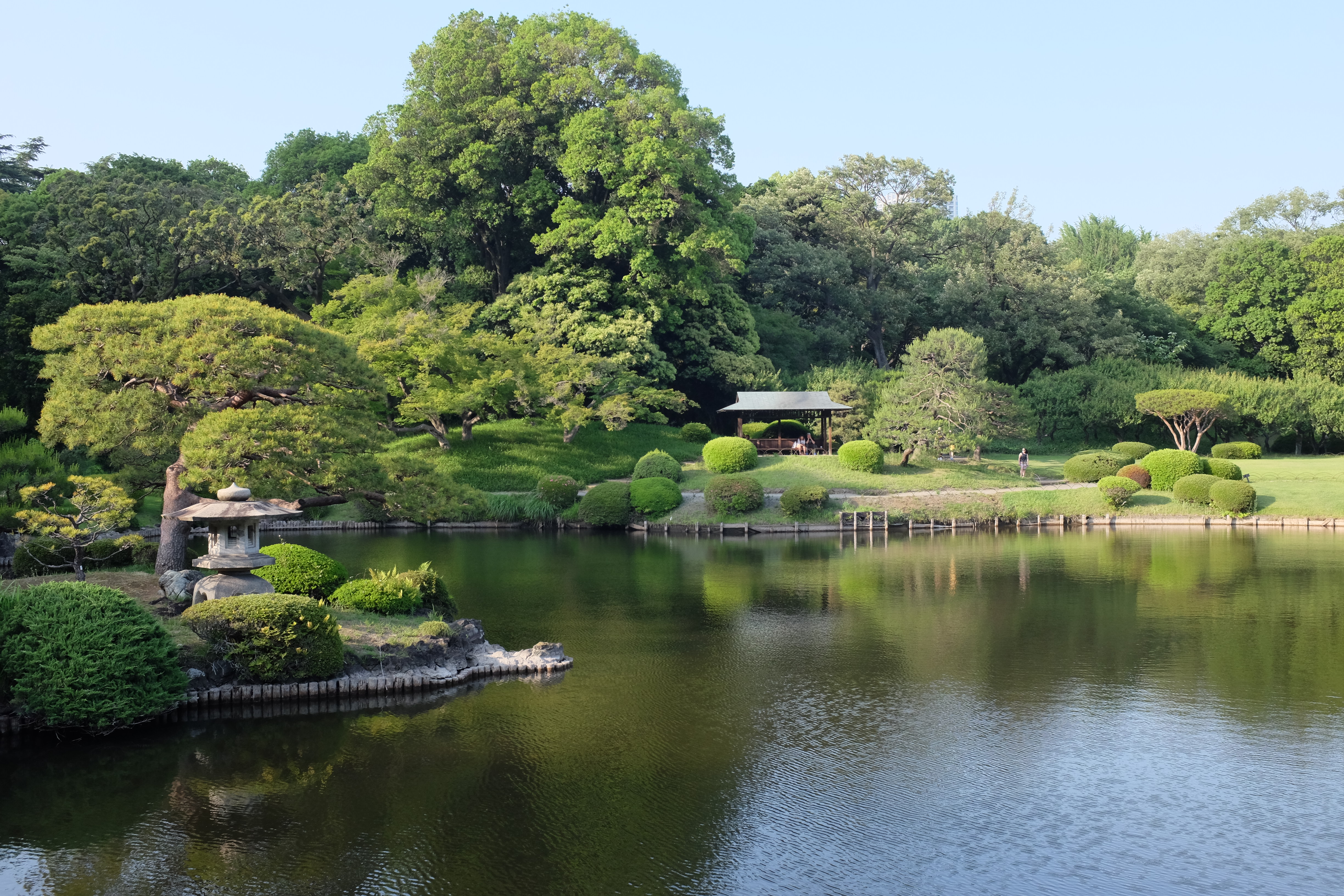
We also visited the Tsukiji Outer Market. Although we went on a Wednesday (which is apparently quiet), it was still interesting to see the traditional stands and layouts. Unfortunately I didn’t take any photos of the actual fish stands, but here are some of the famous Strawberry shop:
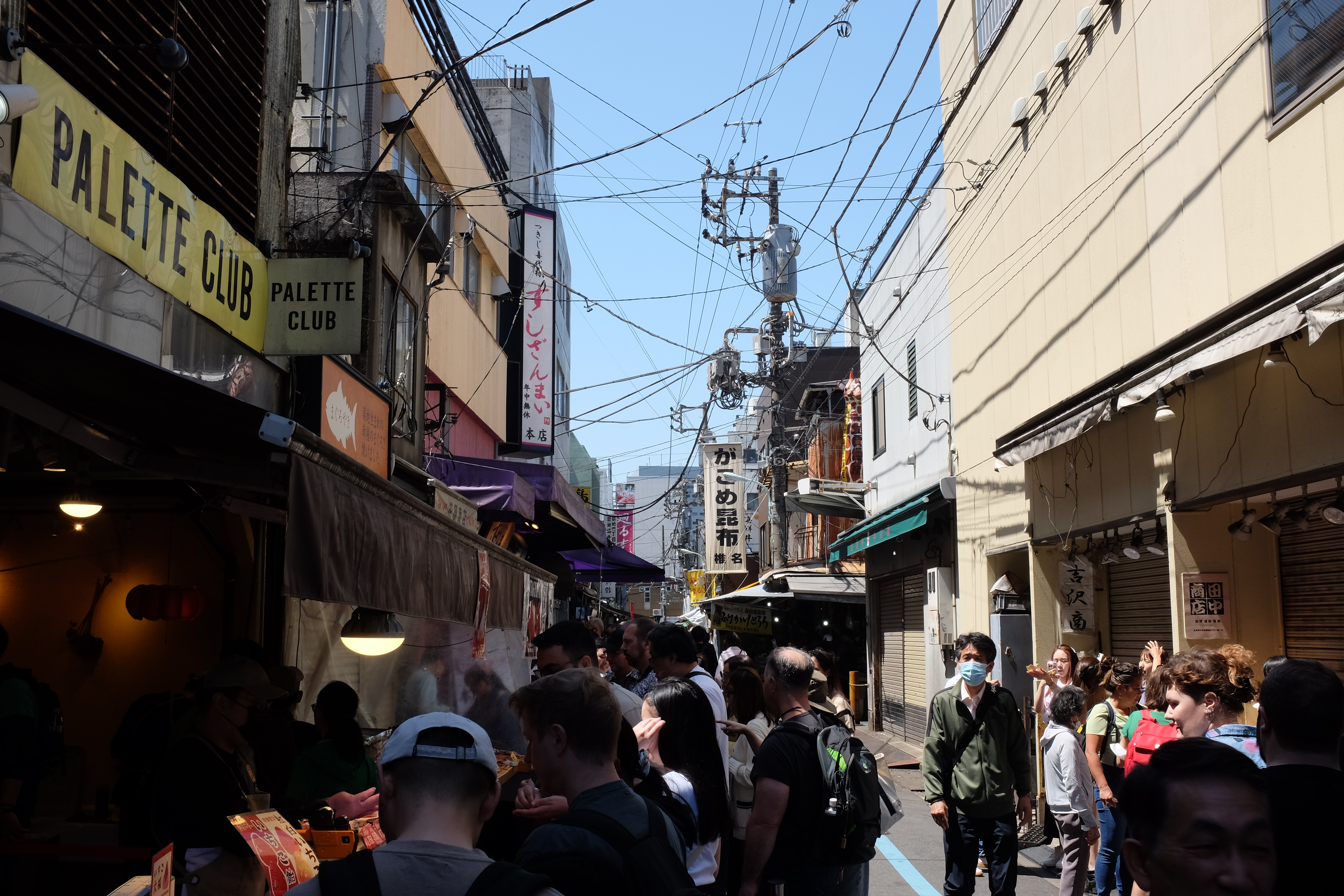
Around the corner is Ginza, which is famous for its upmarket shopping. It’s quite interesting to see all the unique buildings from luxury brands:
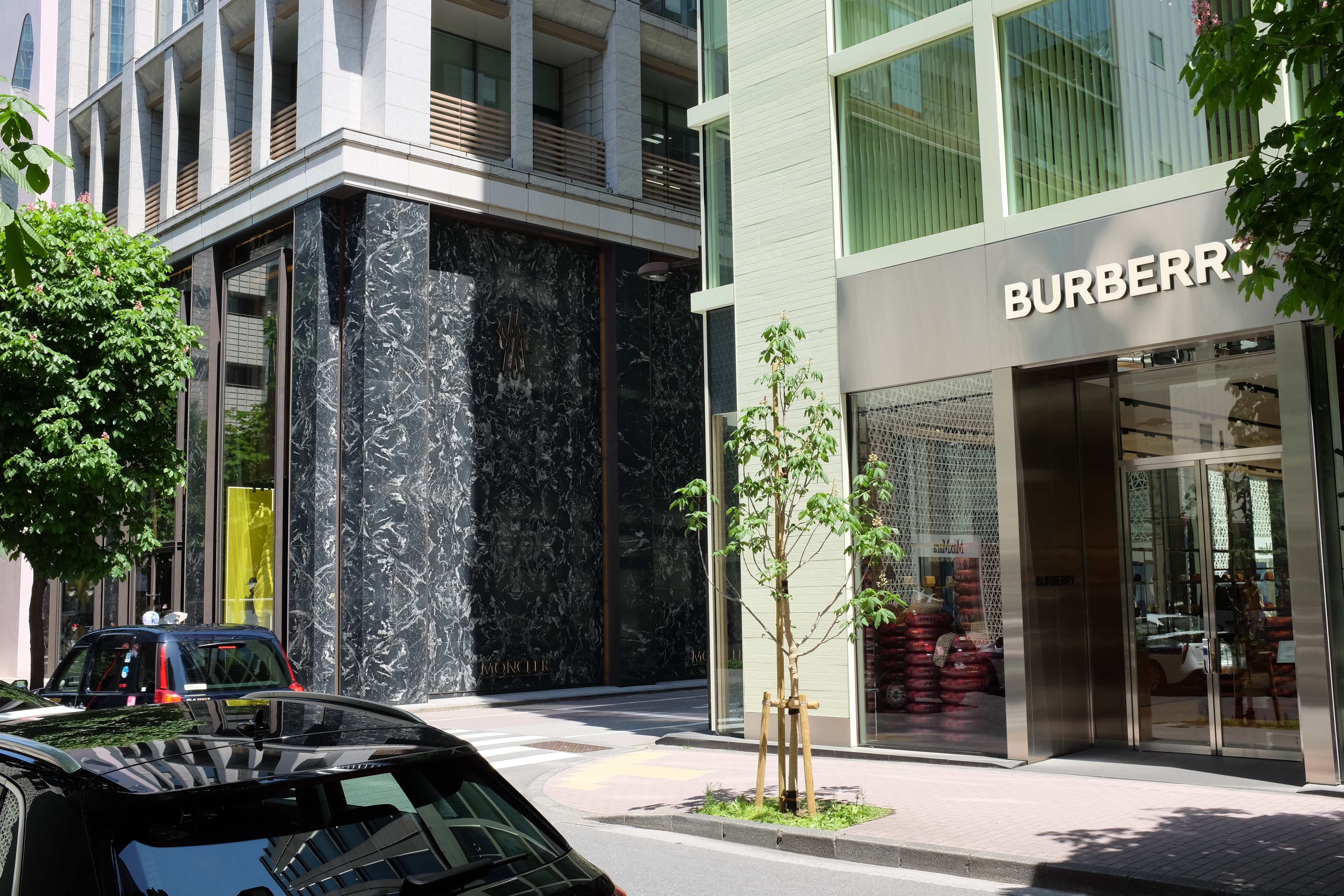
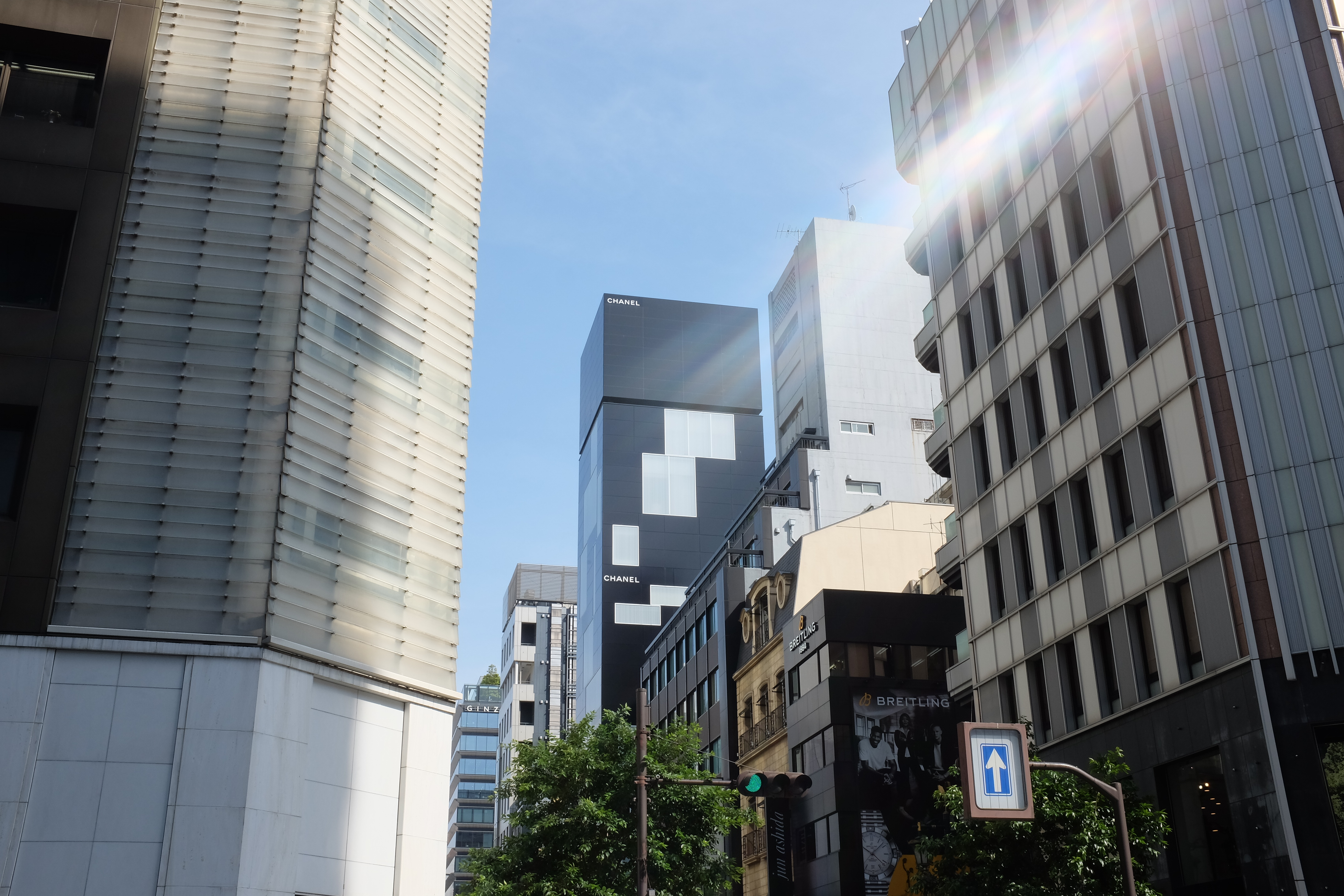
Akihabara is a famous hub for electronics, as well as many stores specializing in Anime, toys and trading cards. Although we are not really big into Anime, it is a fascinating area to explore and experience Japanese pop culture.
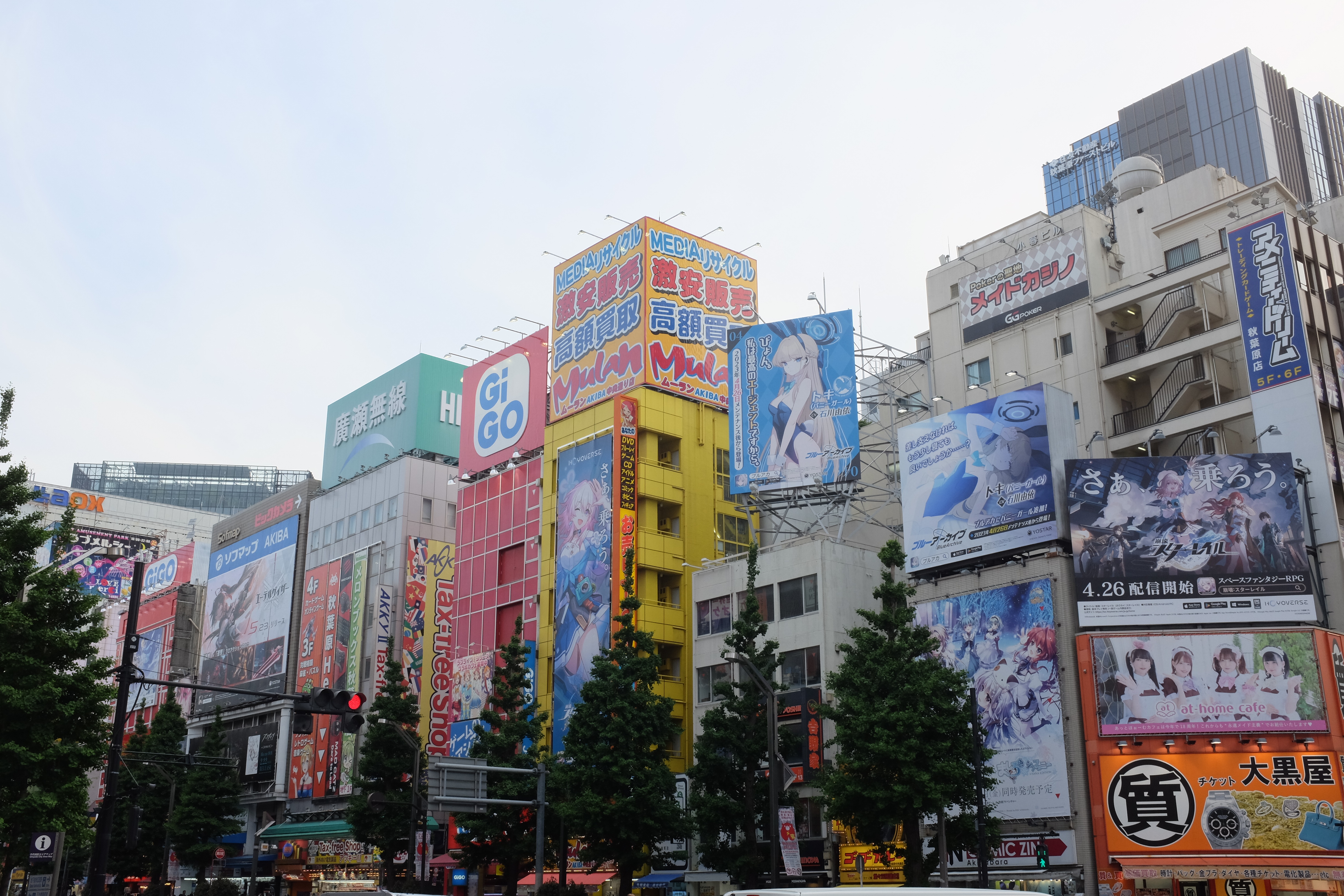
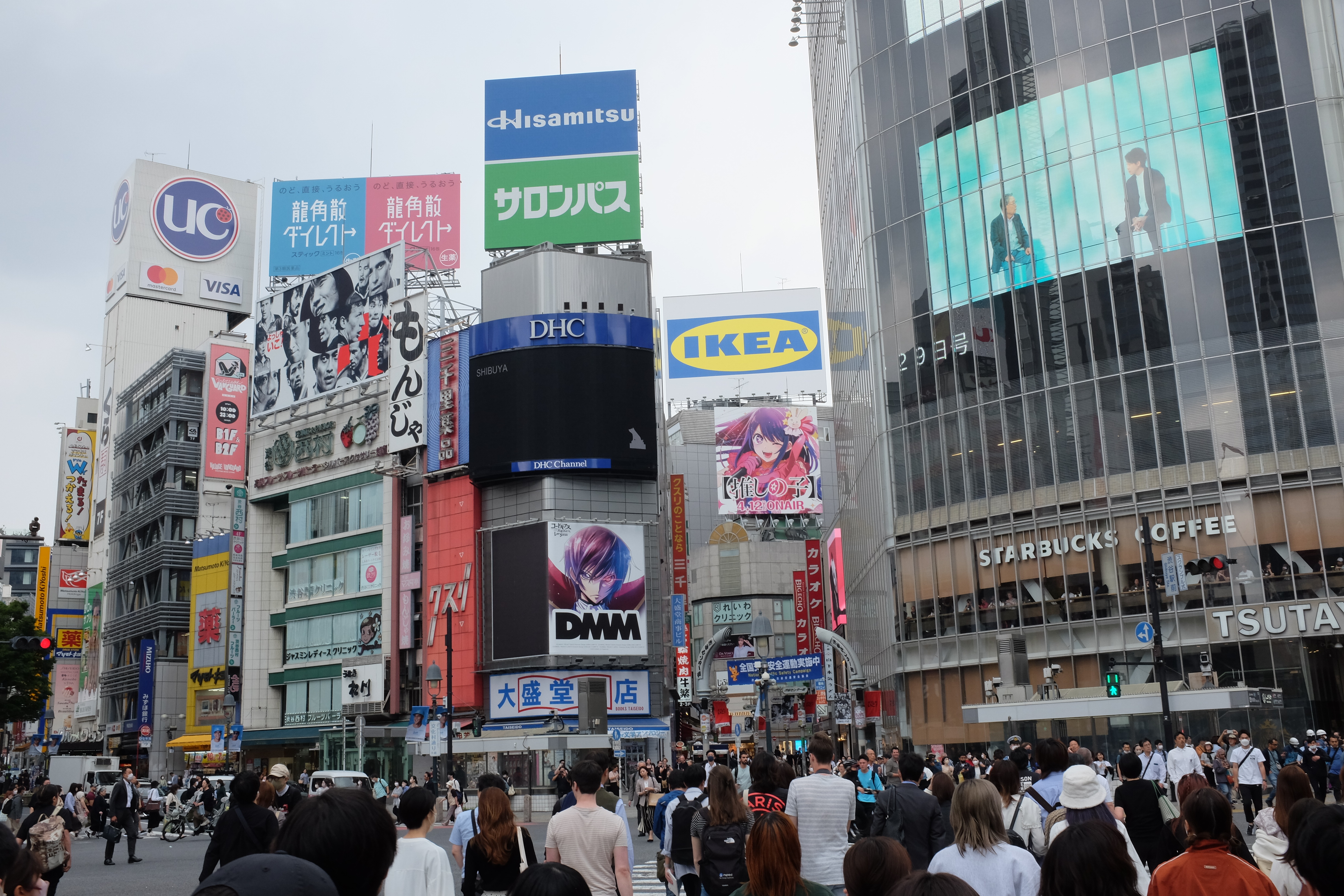
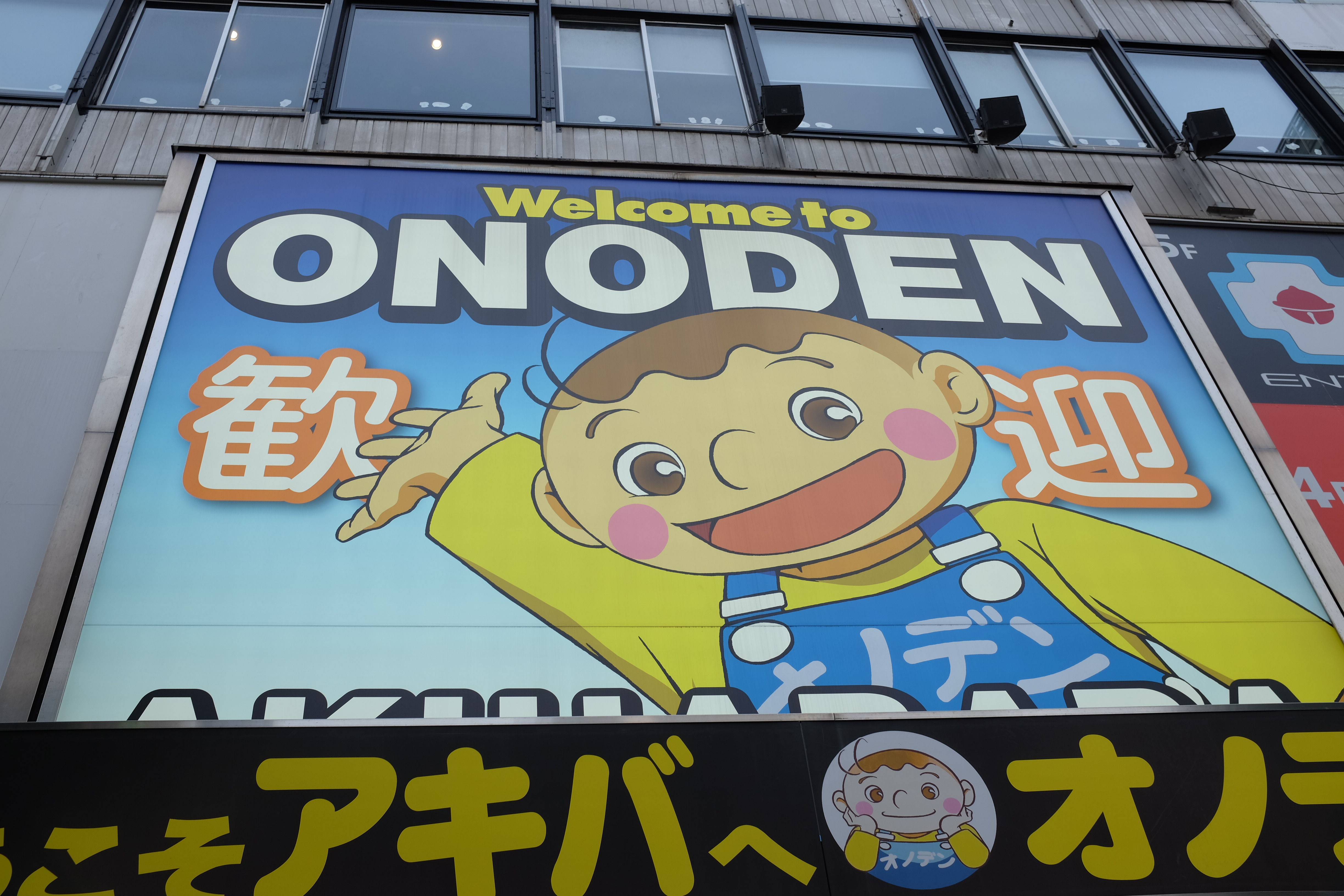
Capsule toy machines and gaming arcades are everywhere in Tokyo. Many of the arcades also feature some retro gaming machines:
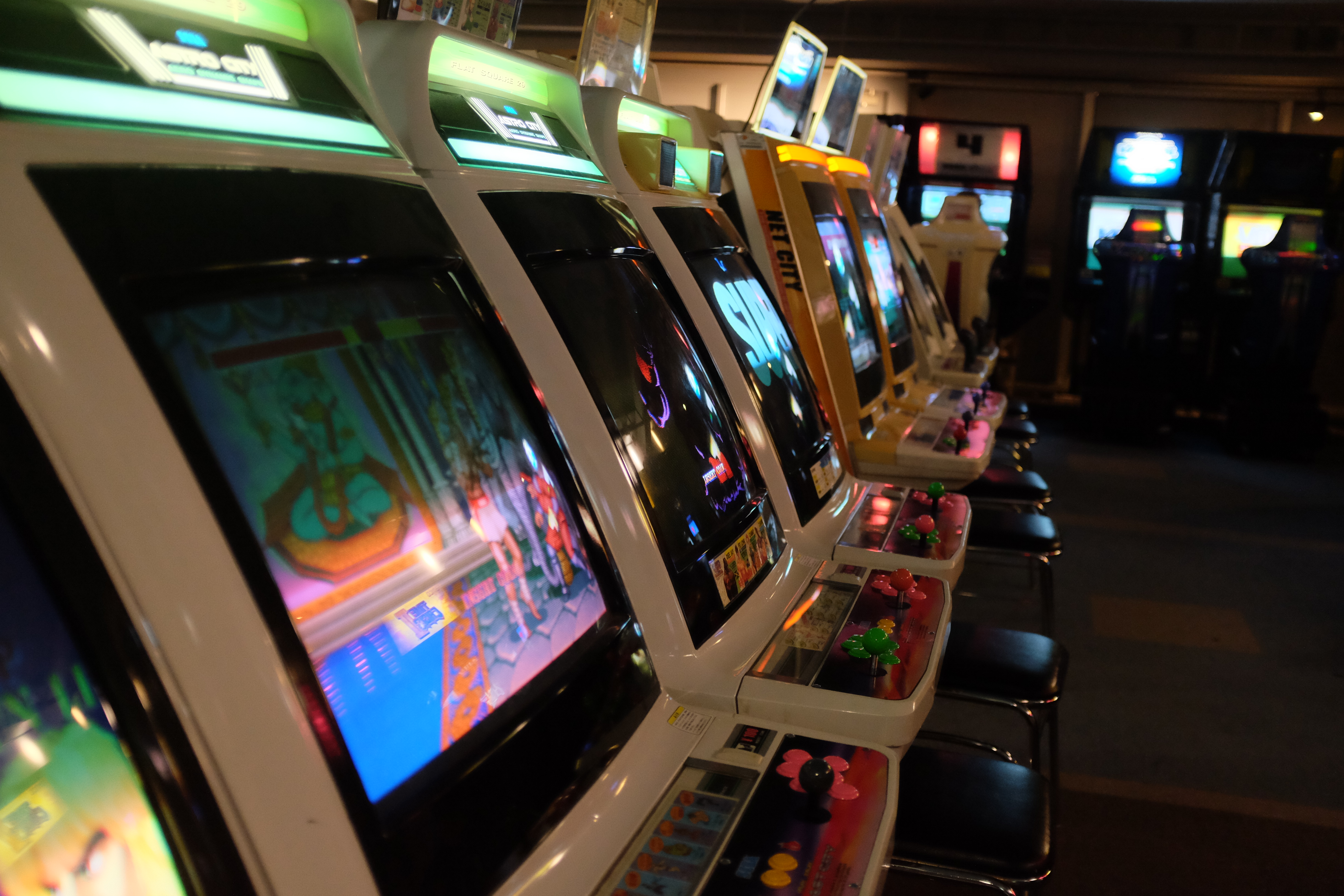
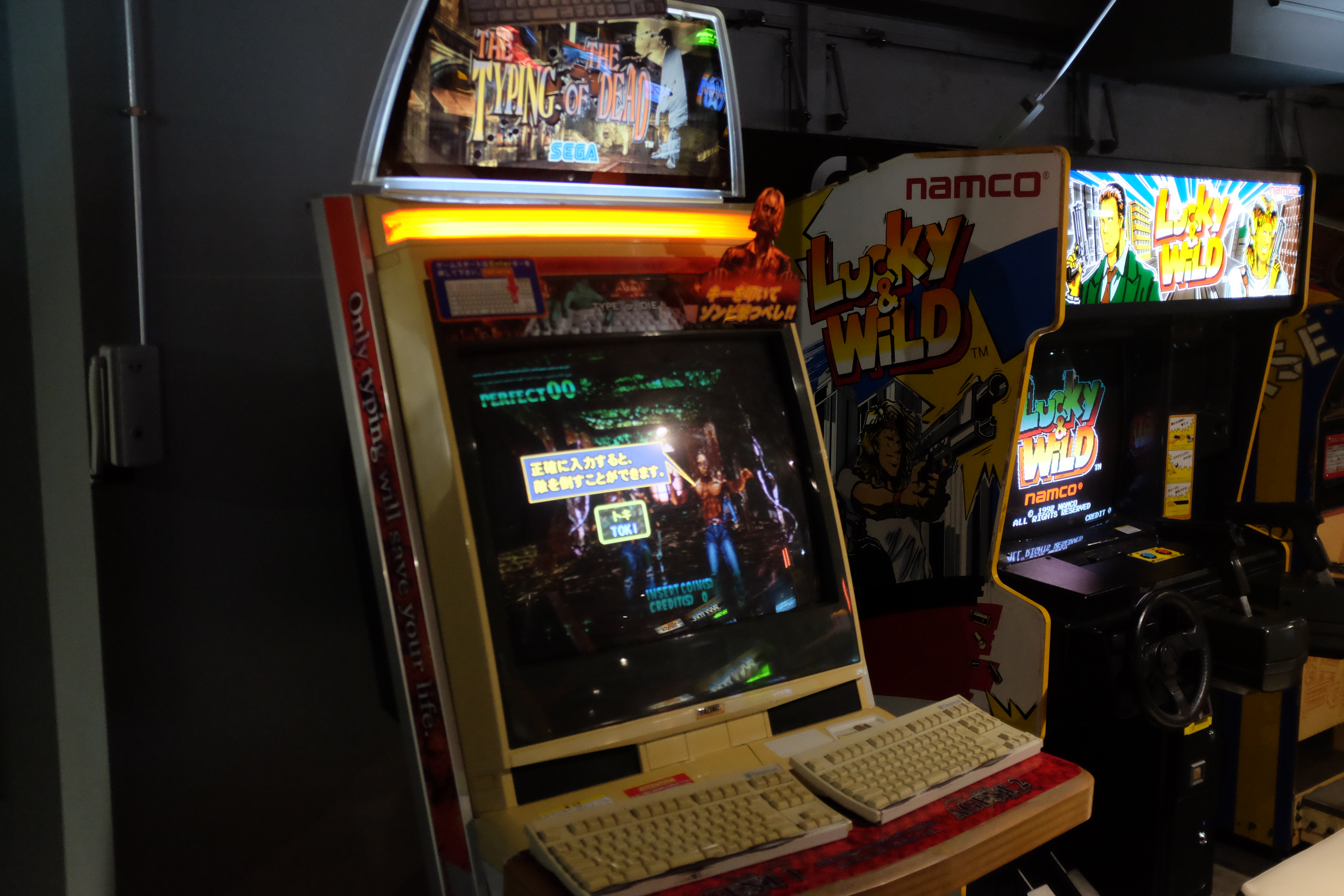
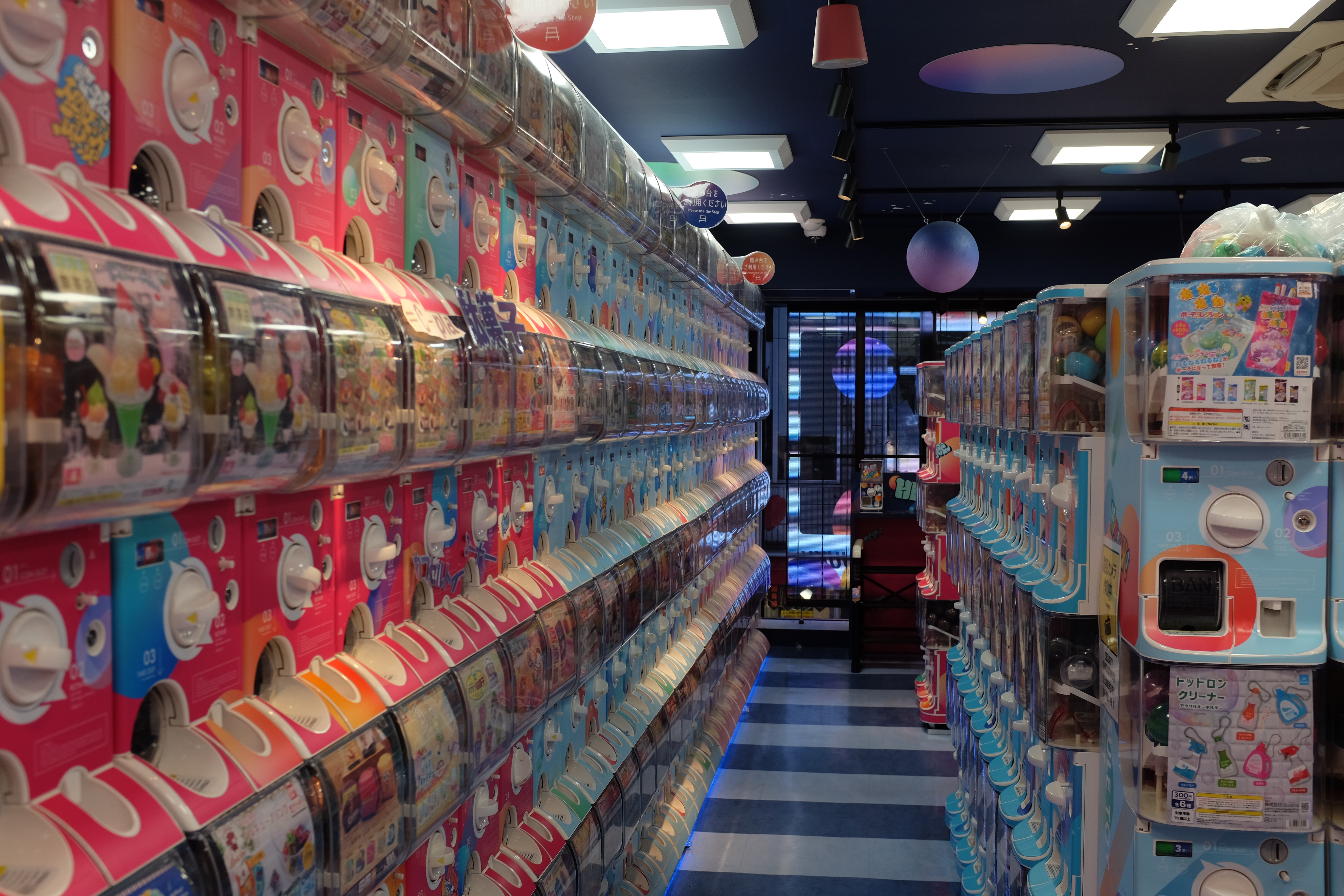
The Cultural Heart of Japan: Kyoto
After a few days in Tokyo, we took a Shinkansen (bullet train) to Kyoto. Japan has an extremely extensive rail network (as well as subway systems). This makes it really easy to get around the country. We bought JR passes, which allowed us to make use of JR lines to move around the country. The trip to Kyoto took just over 2 hours to travel 475 km on a Hikari train.
We spent three nights at the Hotel M’s Est Shijo Karasuma hotel, which has a great location making it really easy to walk around the city.
Kyoto has an incredible aesthetic. While the city itself has a lot of retro aspects, it is encapsulated by numerous Buddhist temples, Shinto shrines, palaces and gardens. Some of which are UNESCO World Heritage Sites.
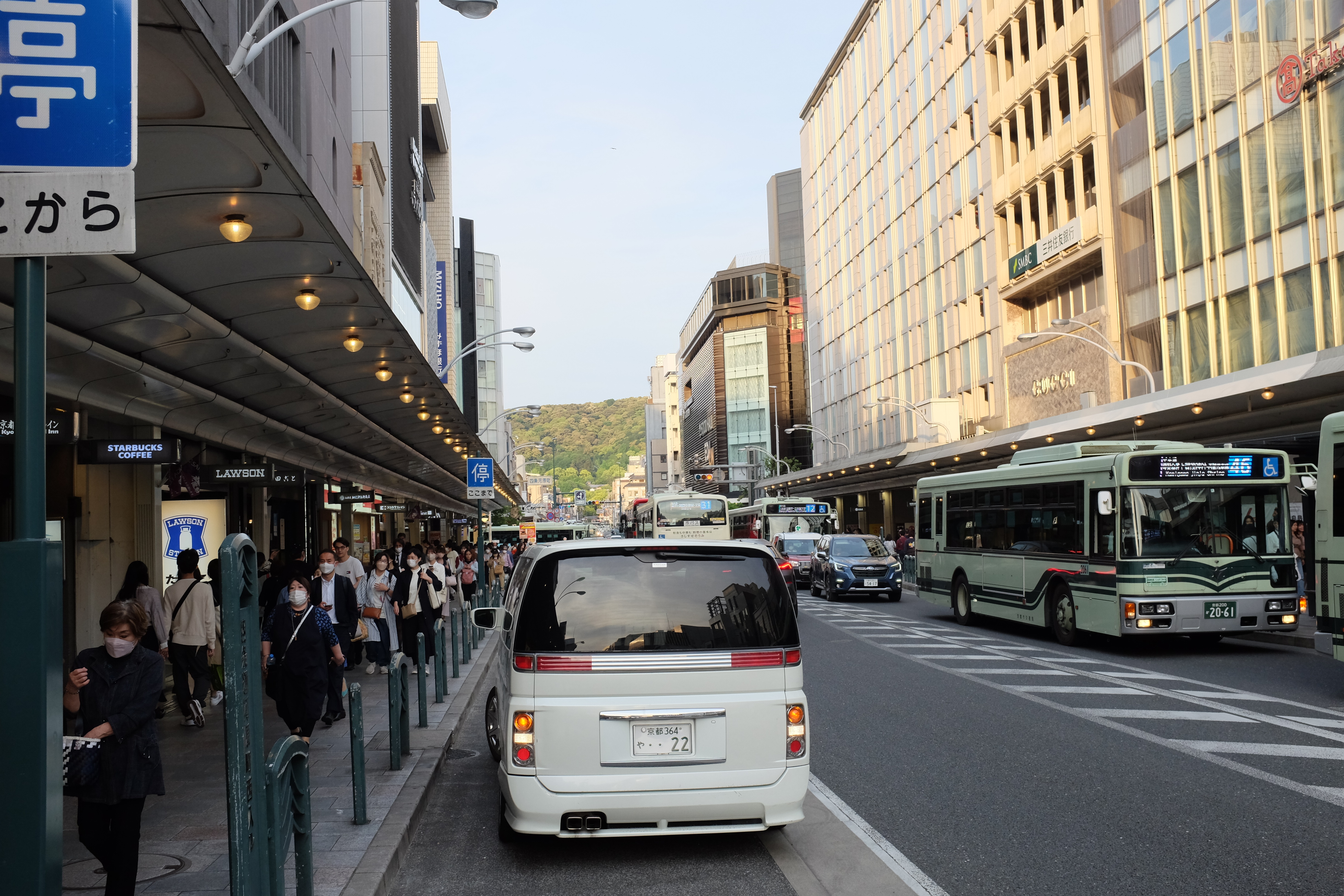
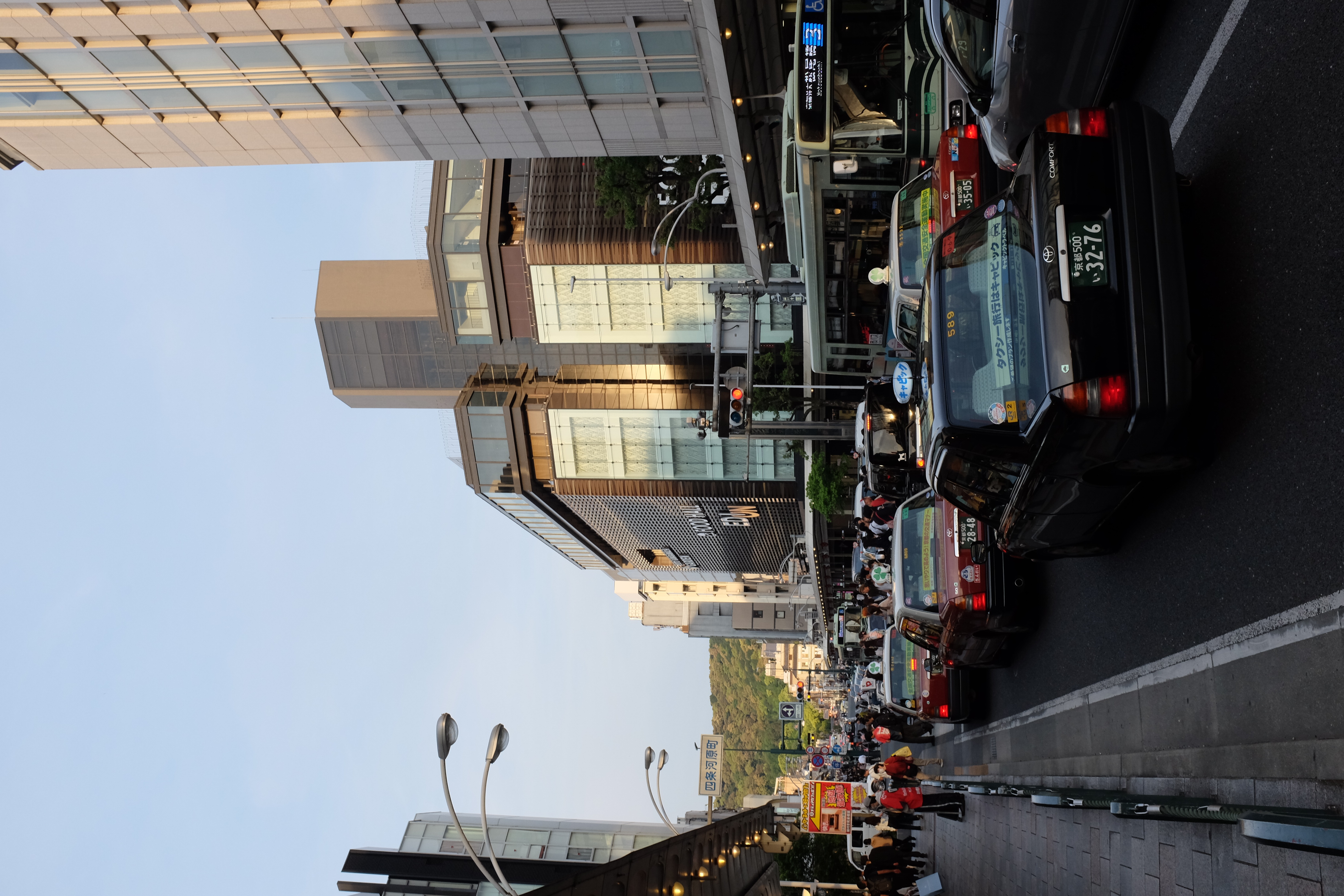
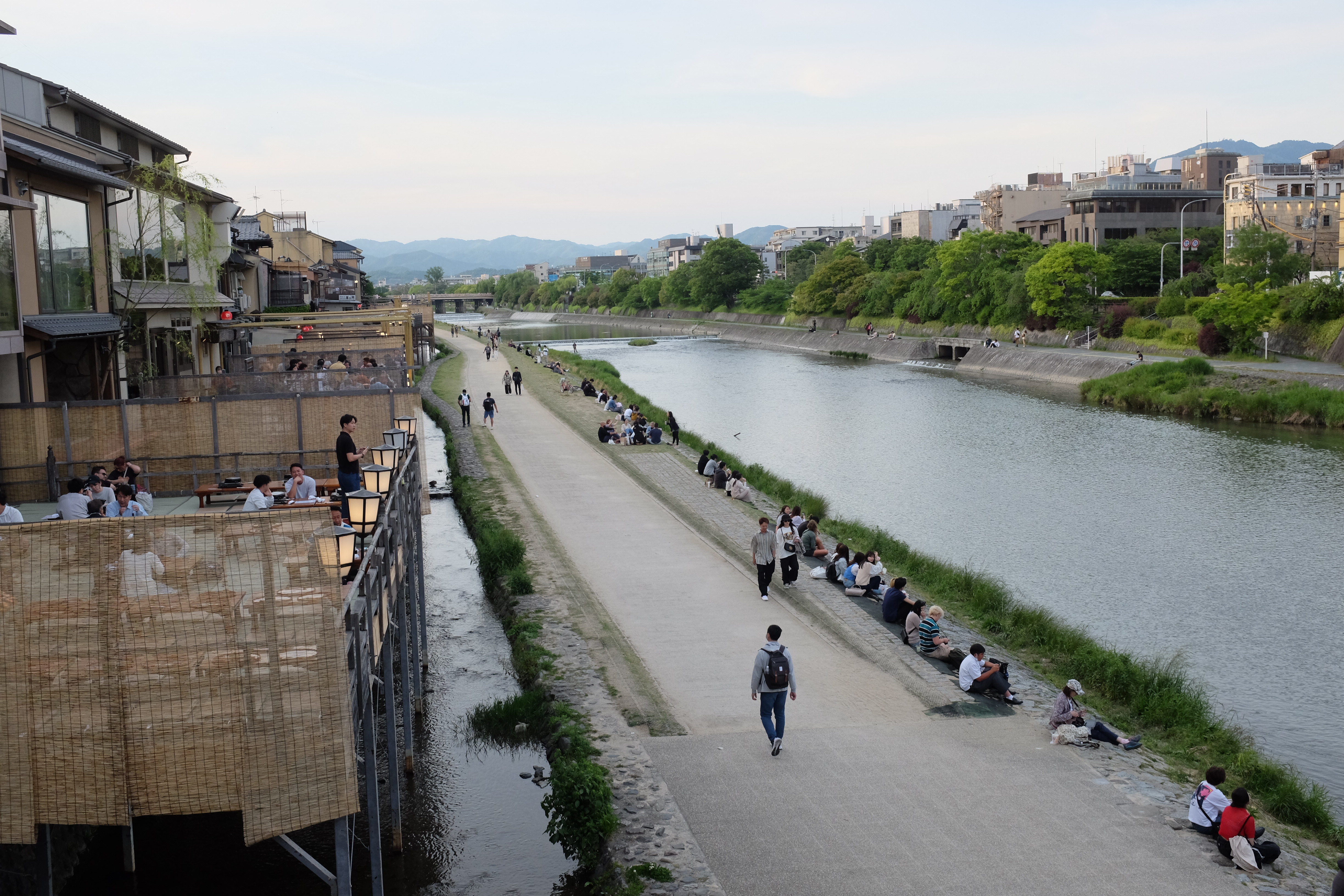
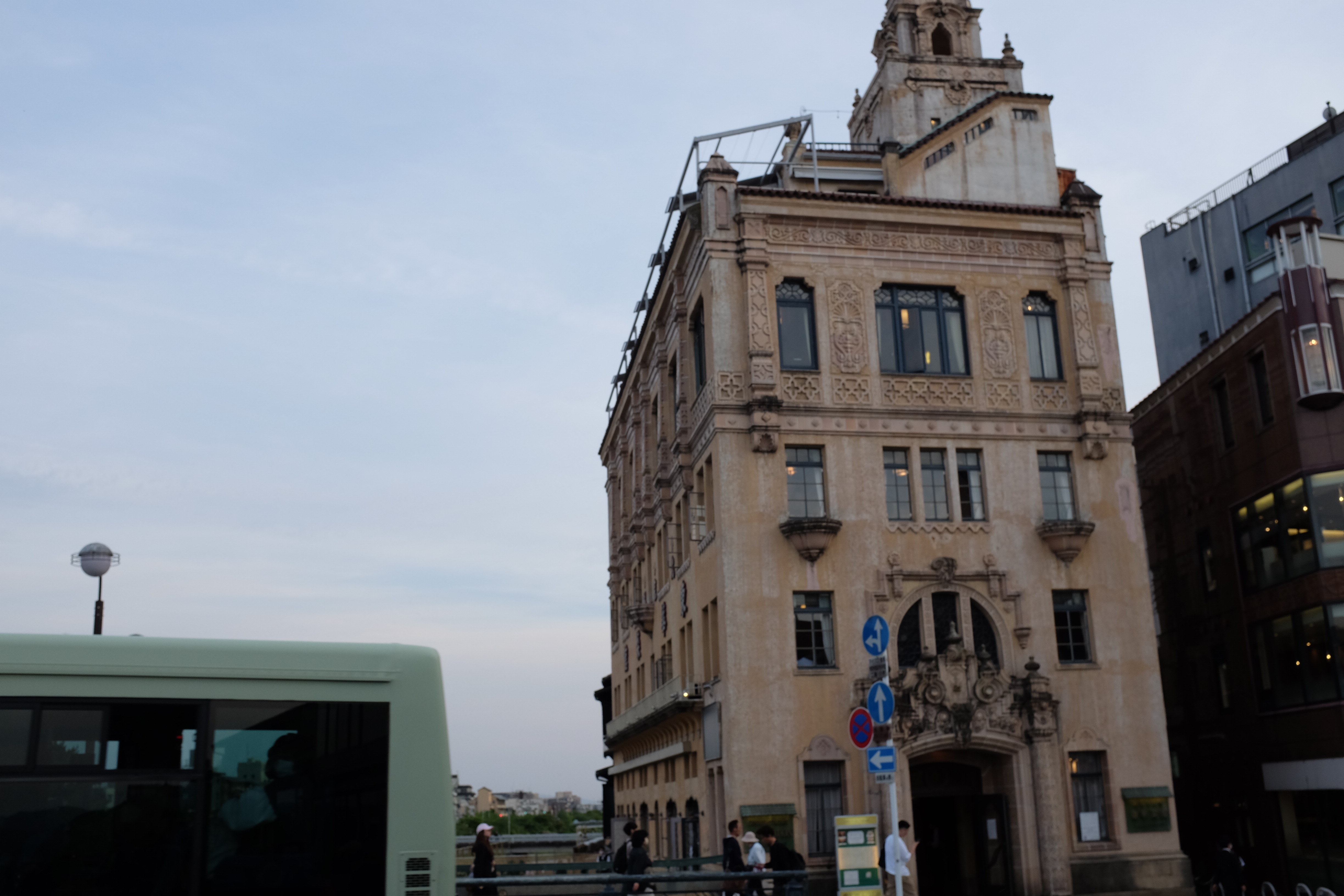
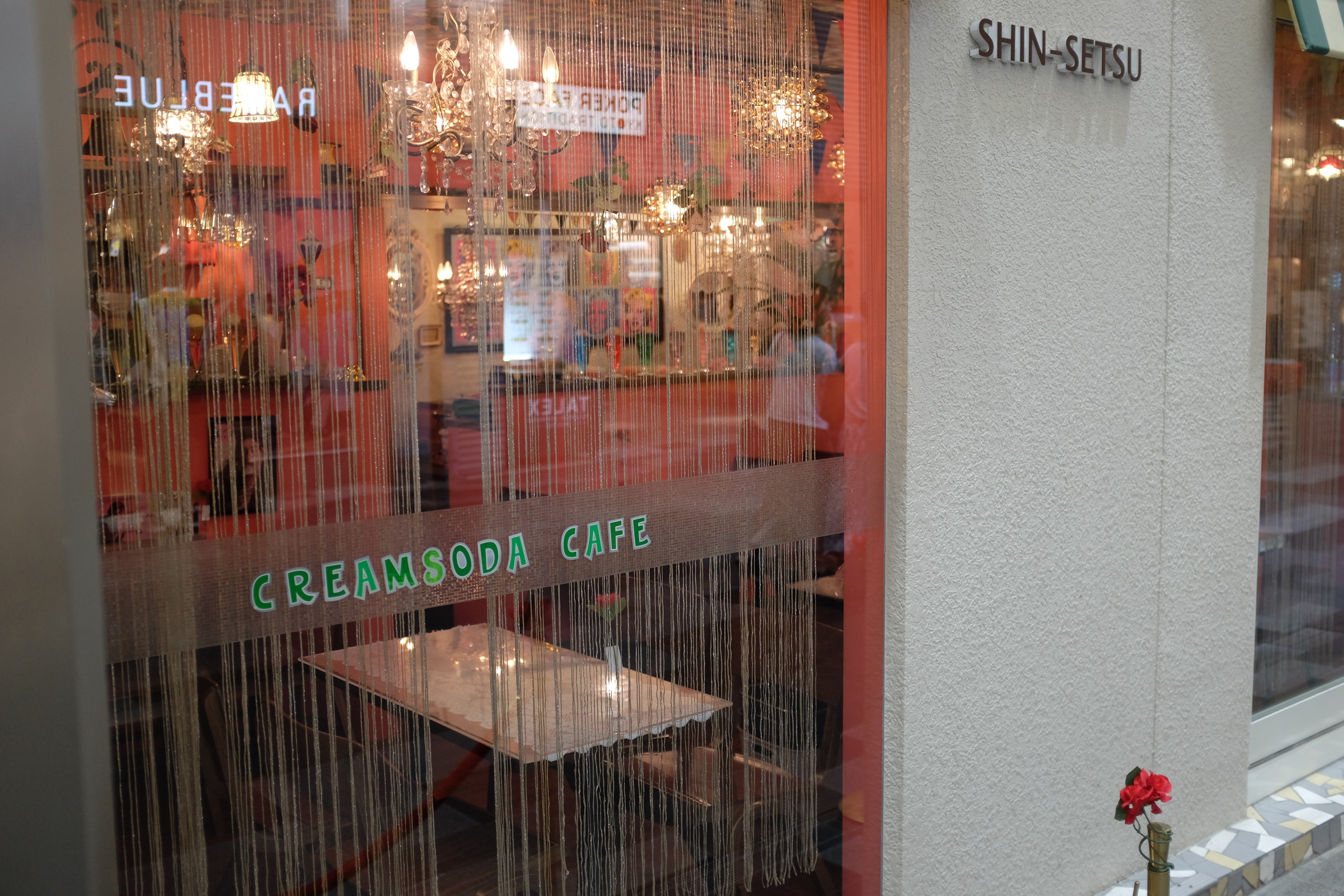
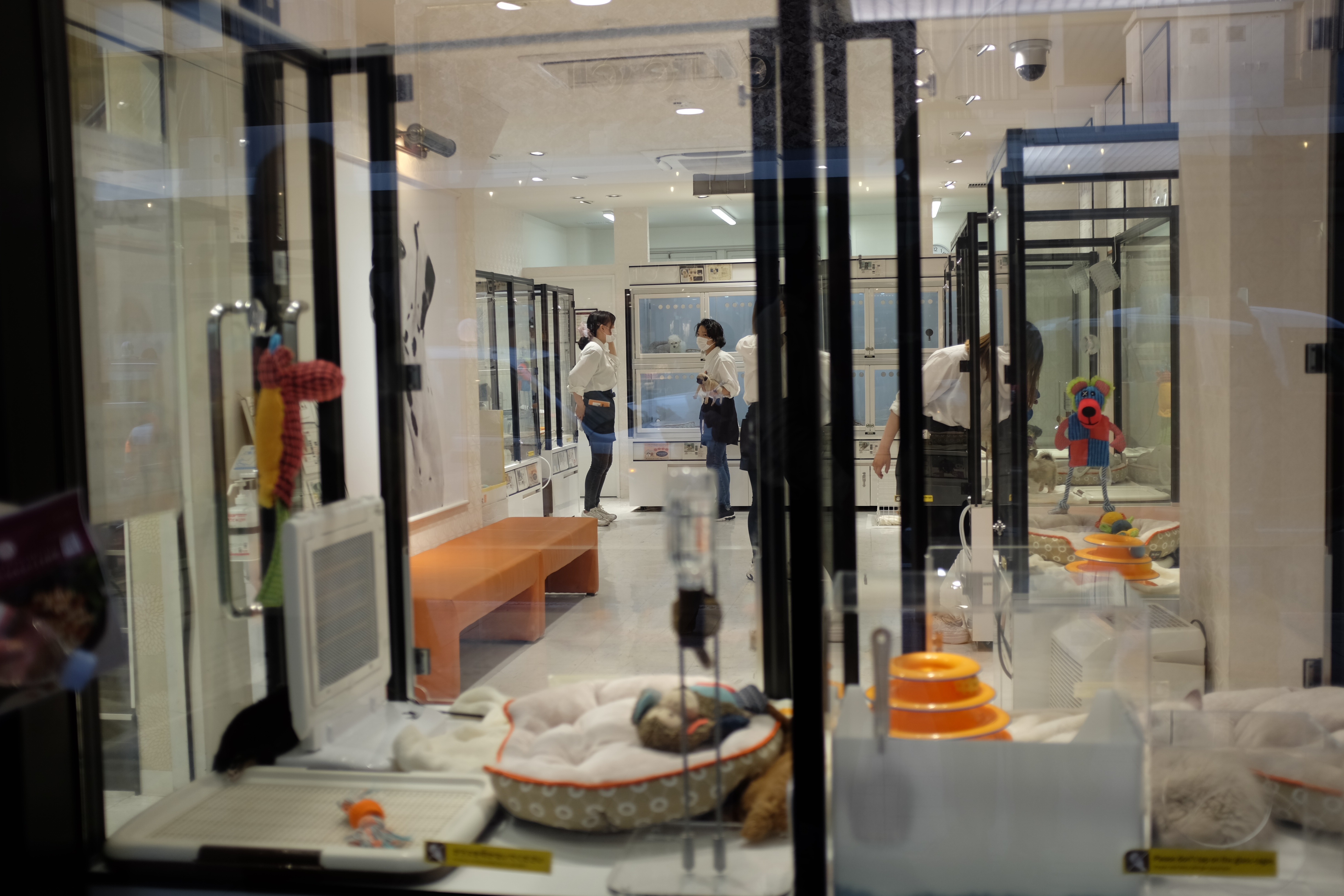
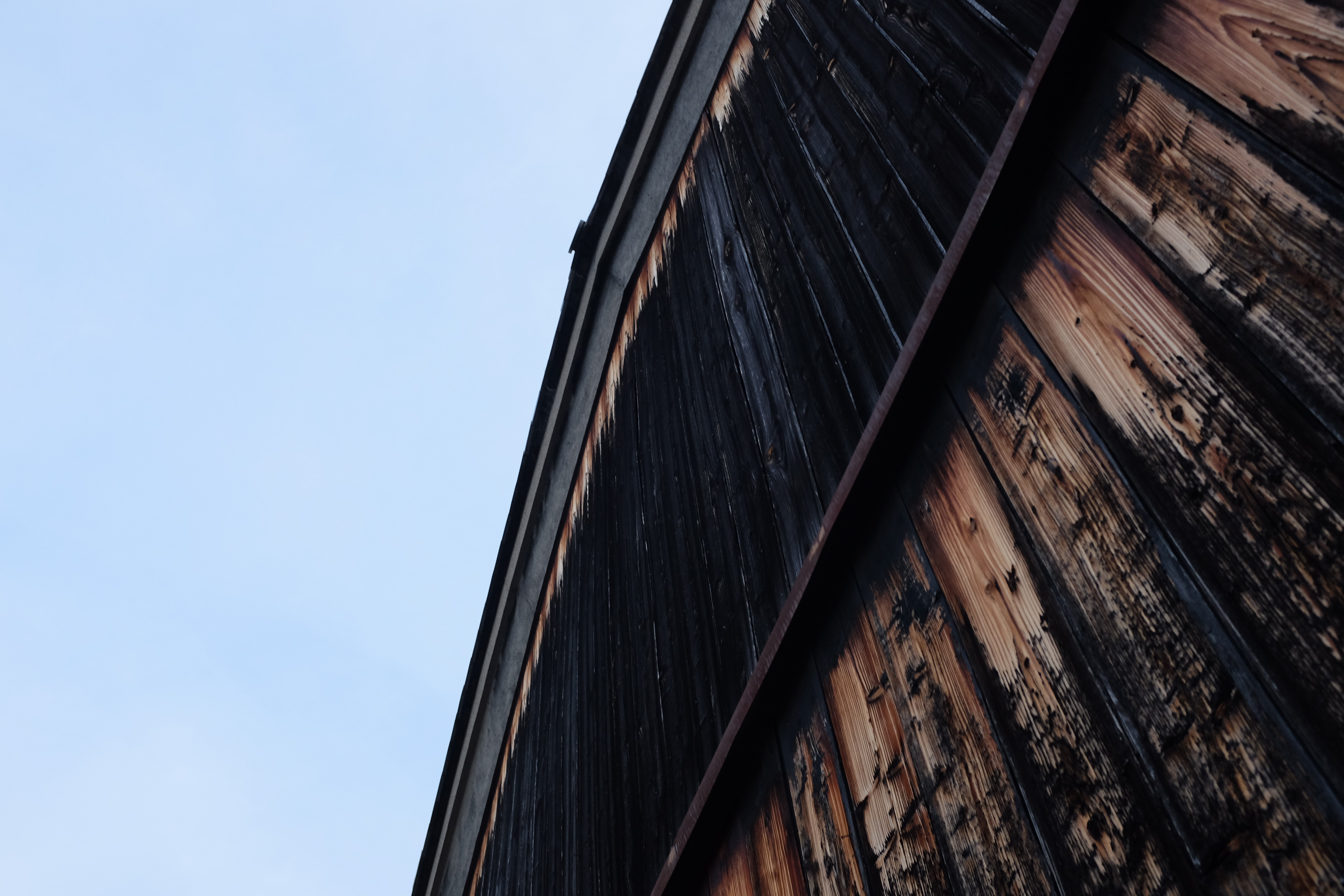
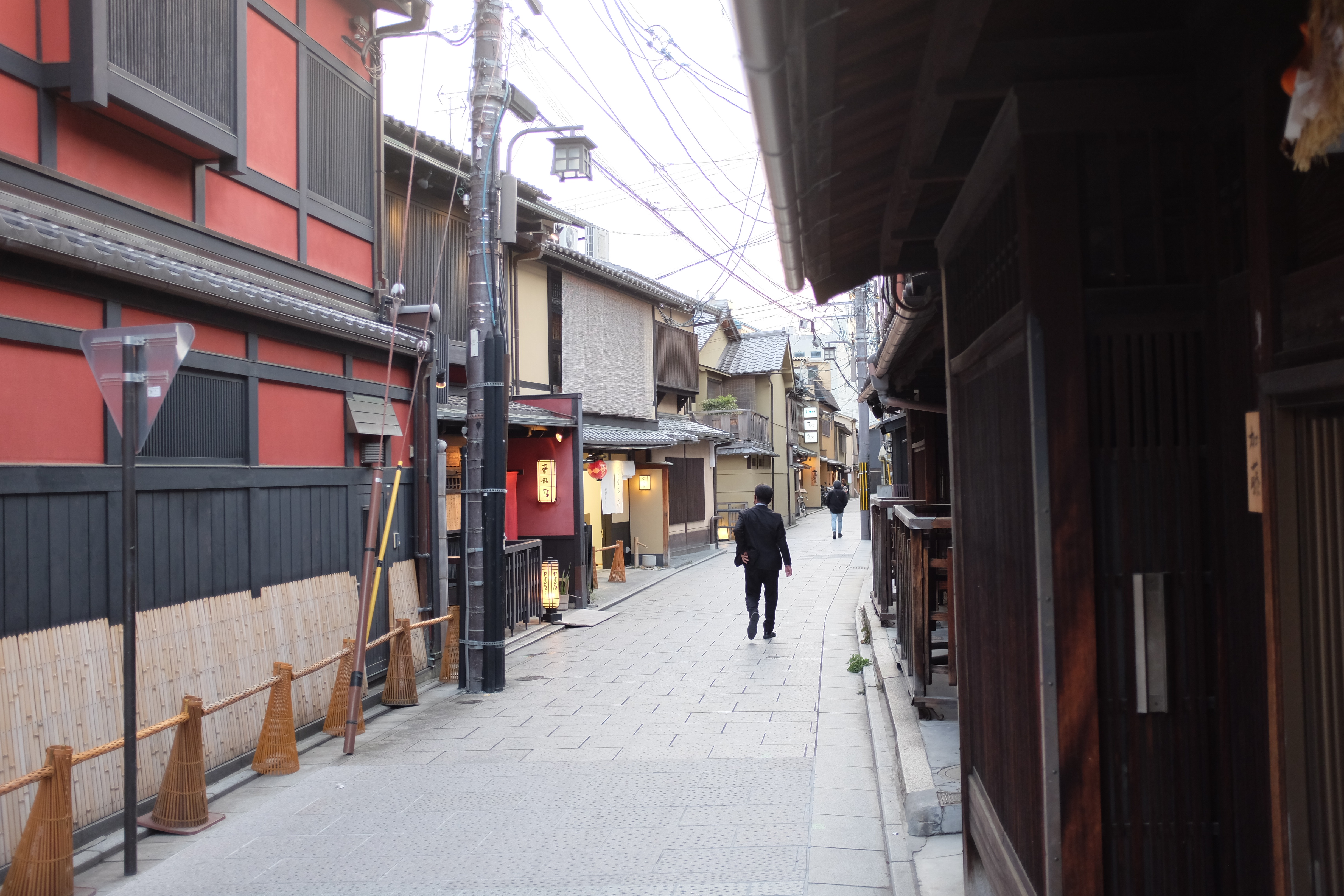
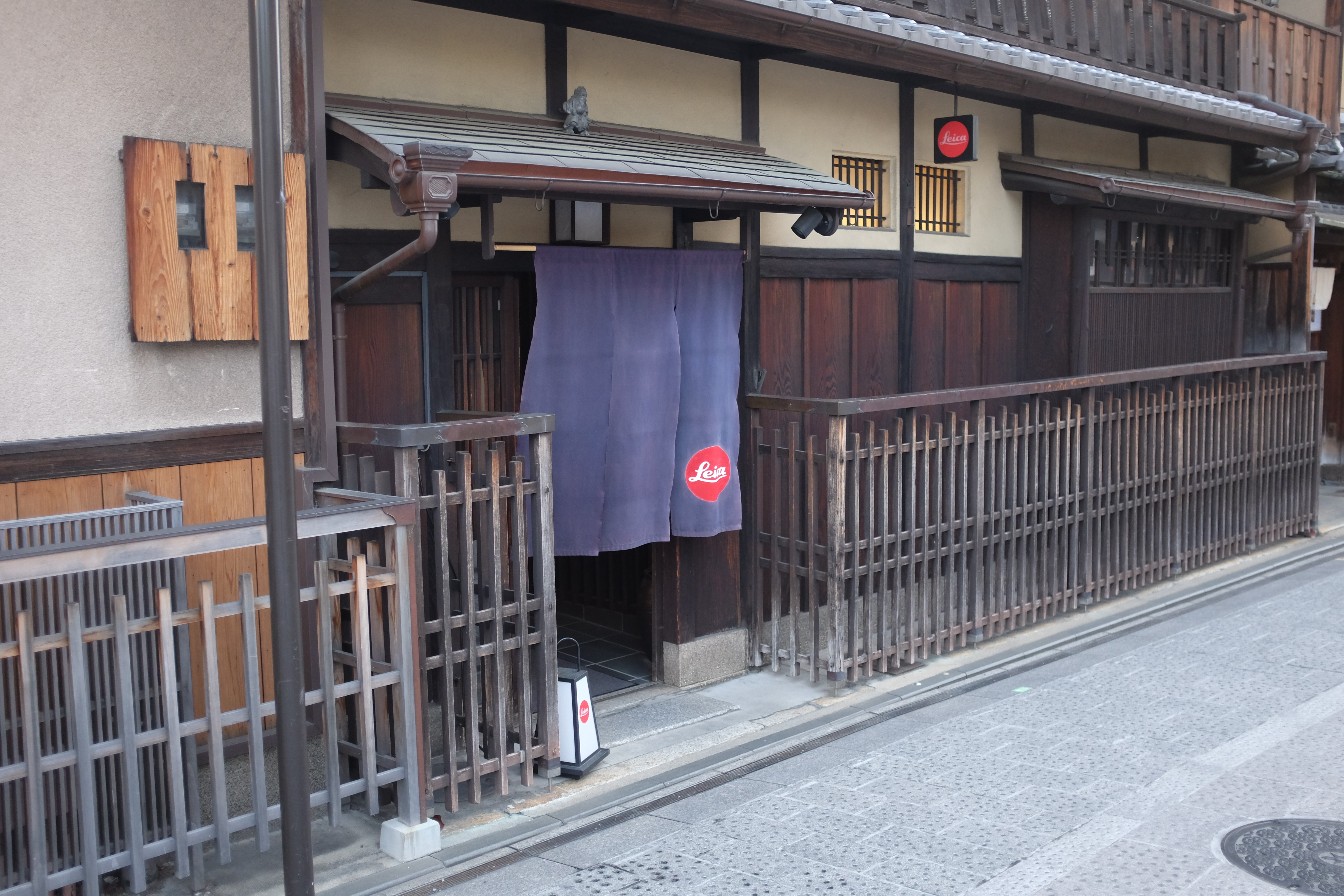
Japan’s love for Americana with a Wendy’s next to a traditional temple:
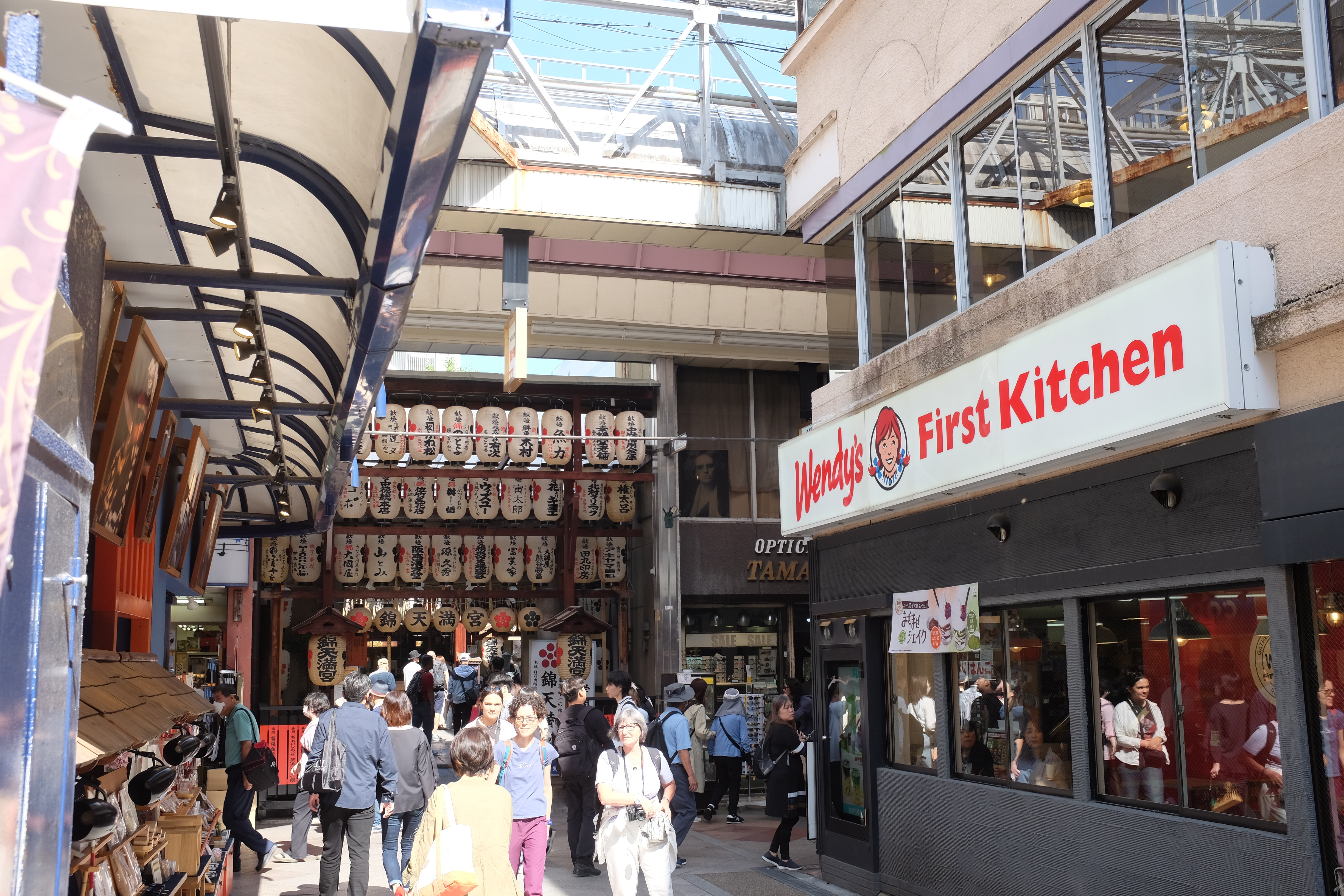
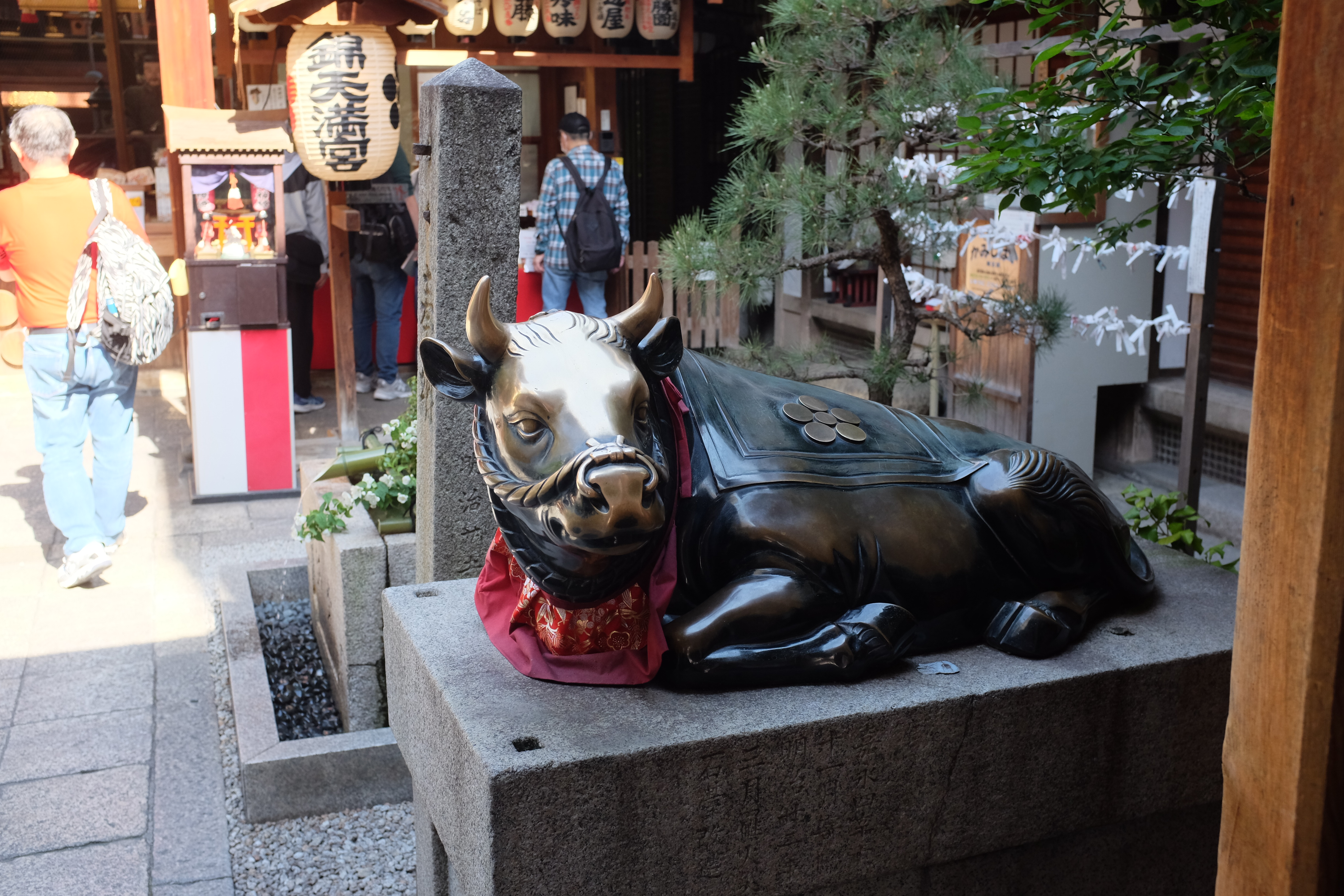
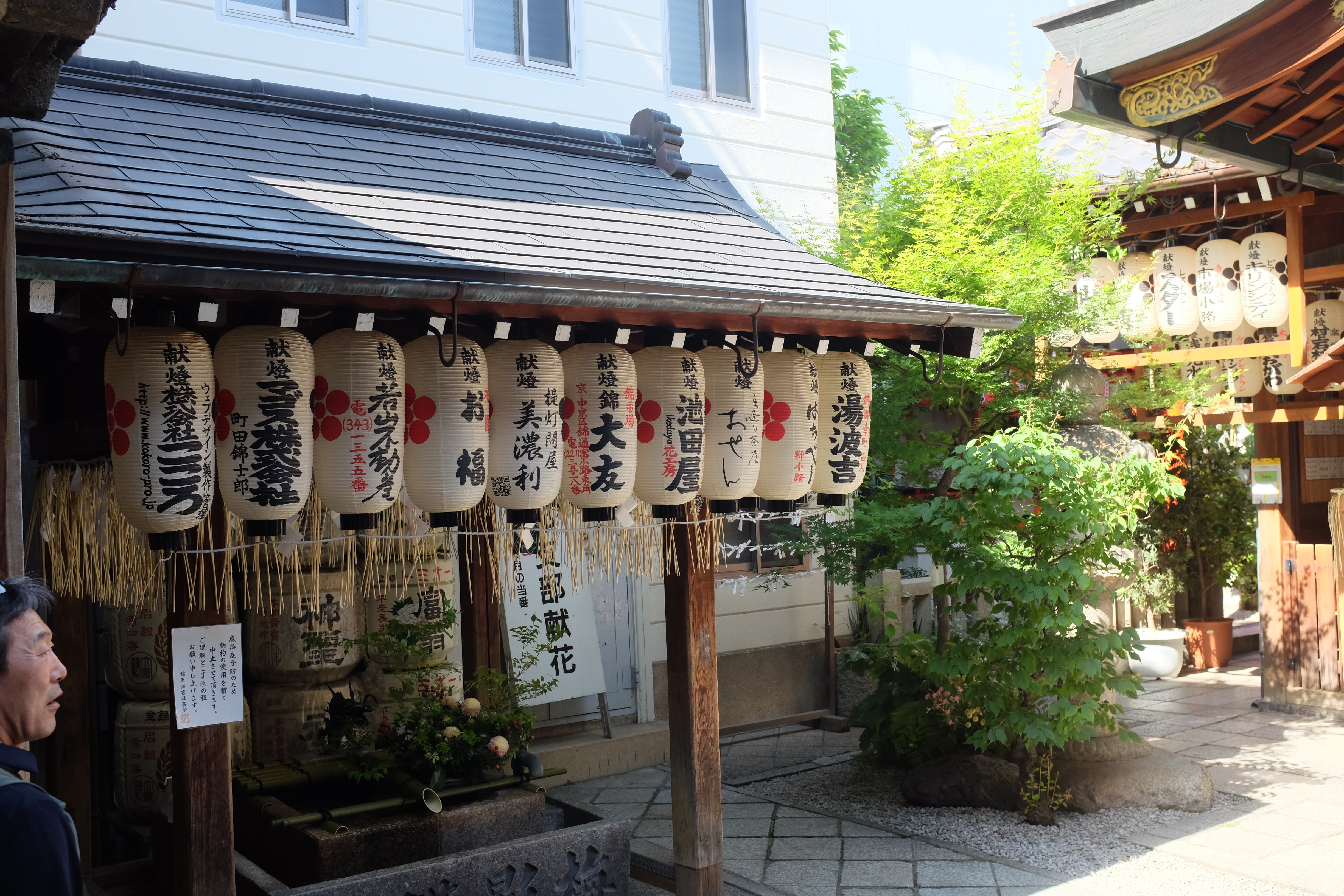
Vintage clothing and thrift stores are quite a big thing in Japan. There are a few good shops in Harajuku, Tokyo (also in Osaka), but Kyoto takes the cake (including army surplus stores):
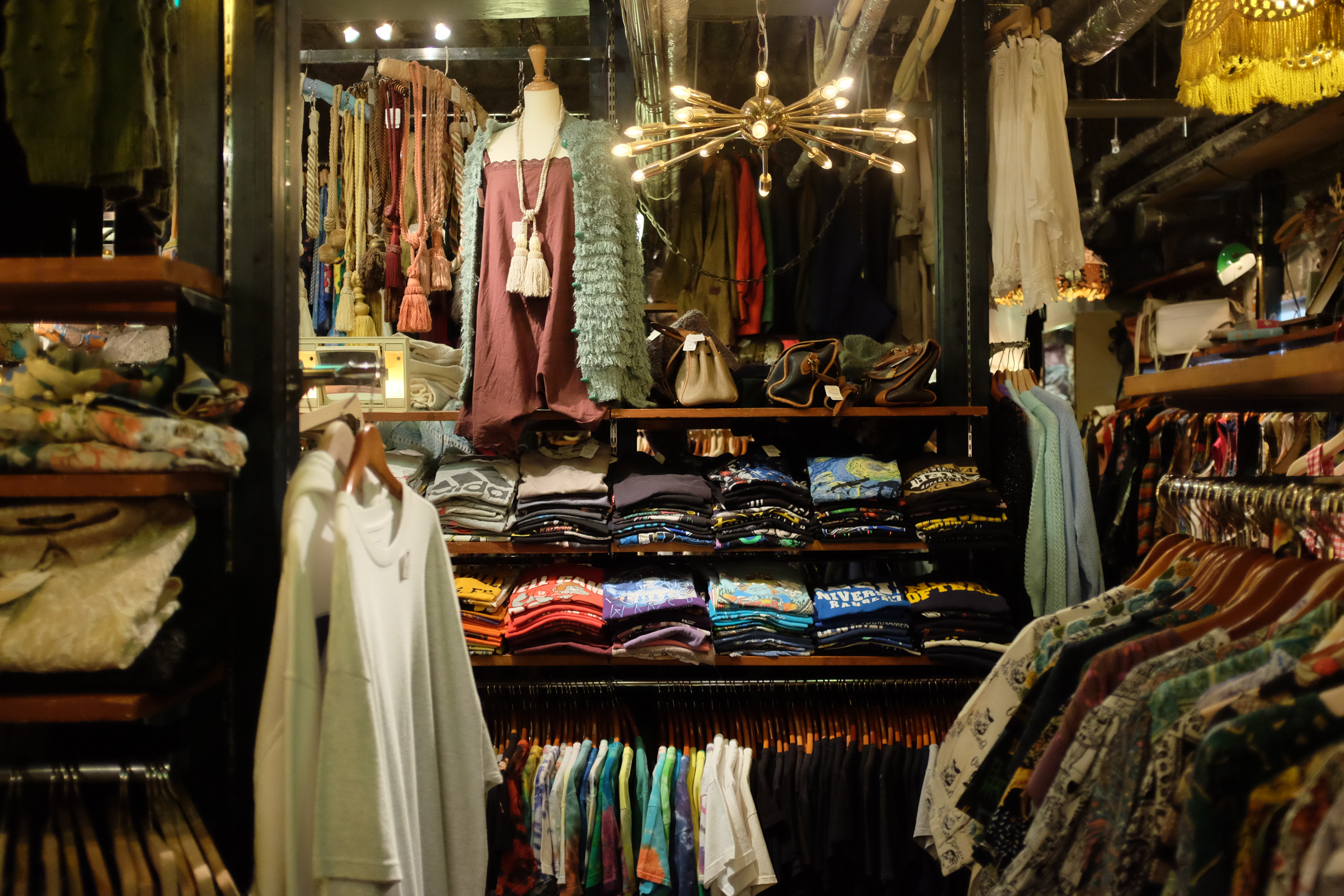
One of Kyoto’s most iconic sights: Fushimi Inari Taisha. The shrine is at the base of Inari mountain, where a roughly 5 km hike weaves you through arcades of vermillion torii gates. Fushimi Inari Taisha is the head shrine of kami Inari, which is said to have as many as 32,000 sub-shrines across Japan.
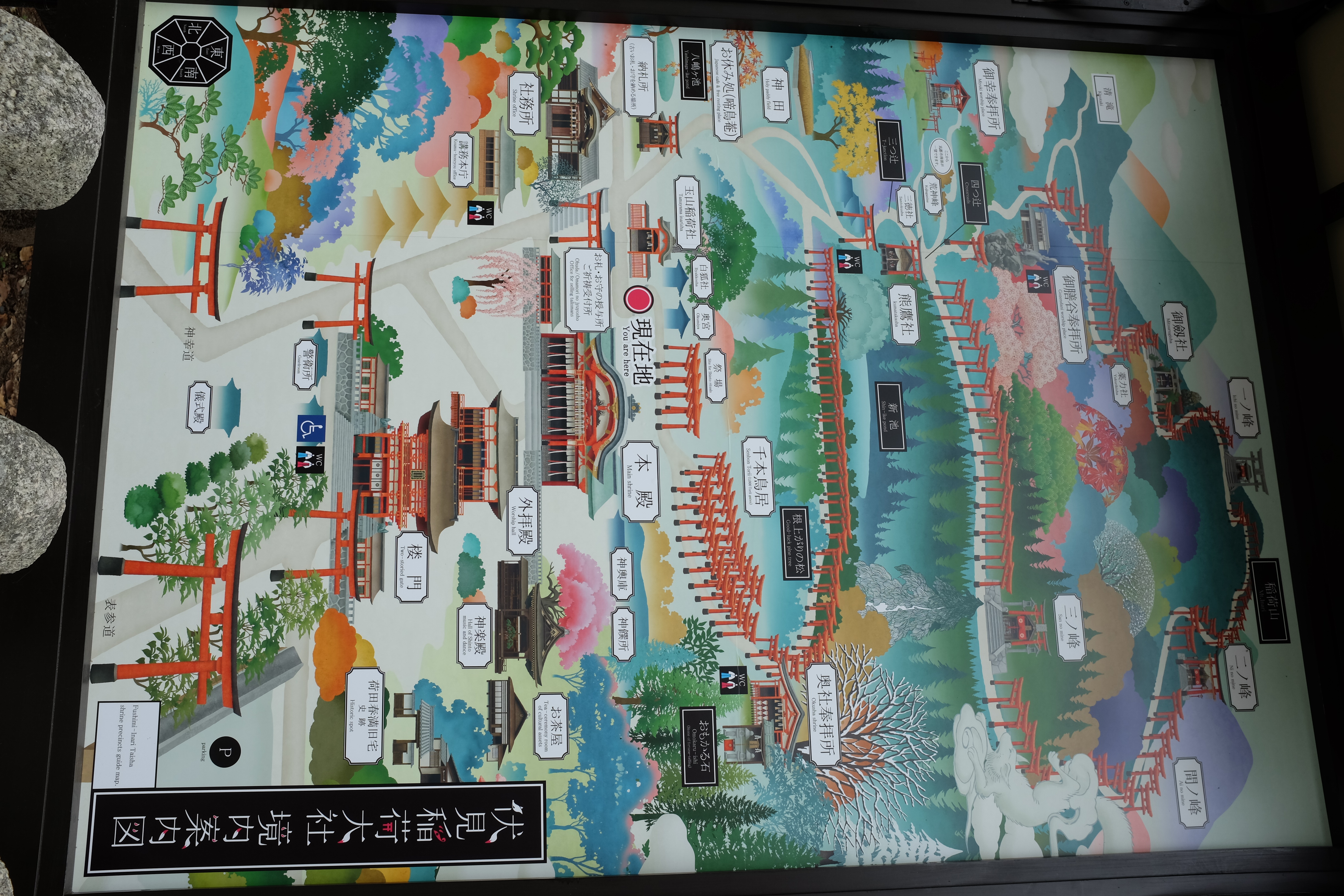
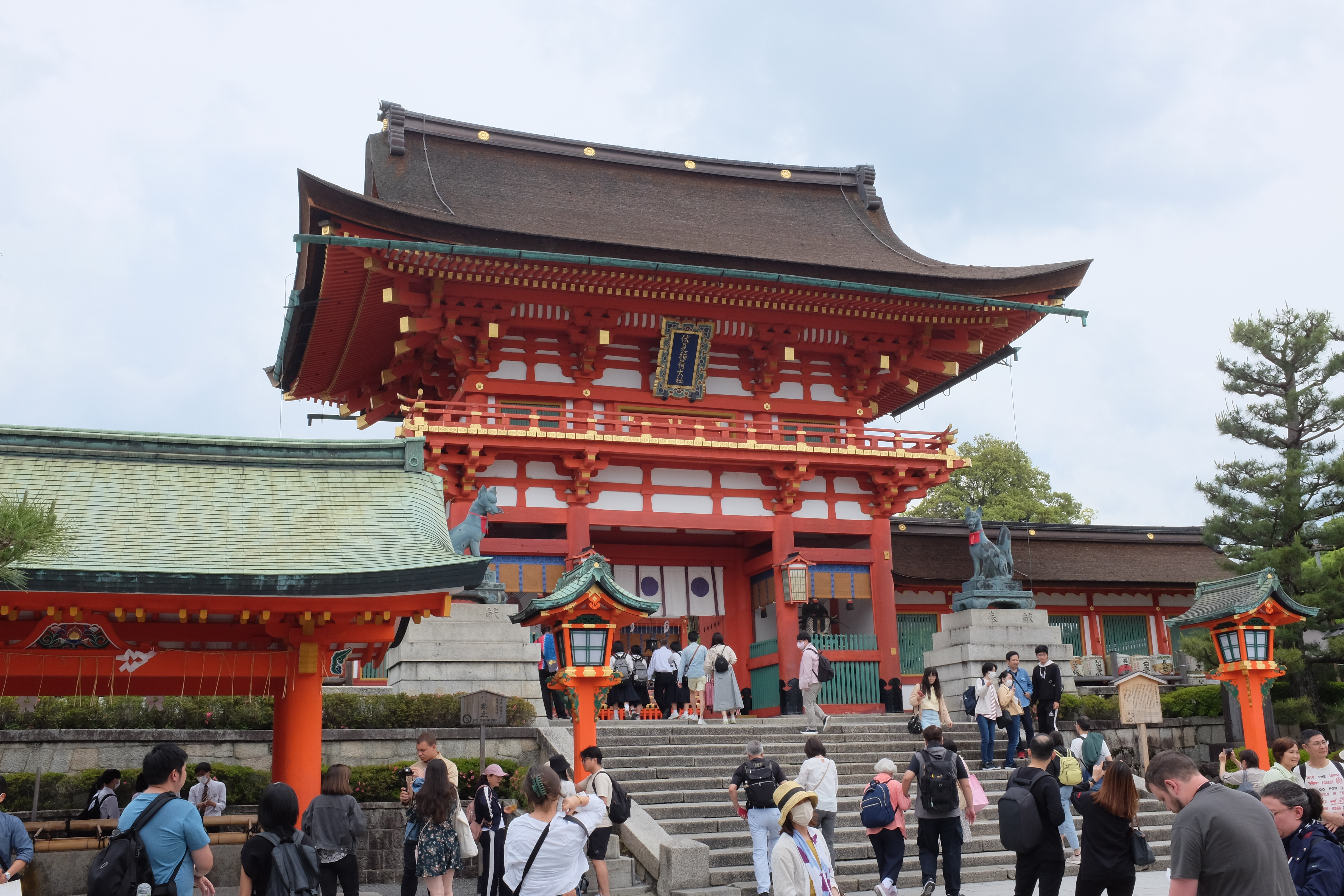
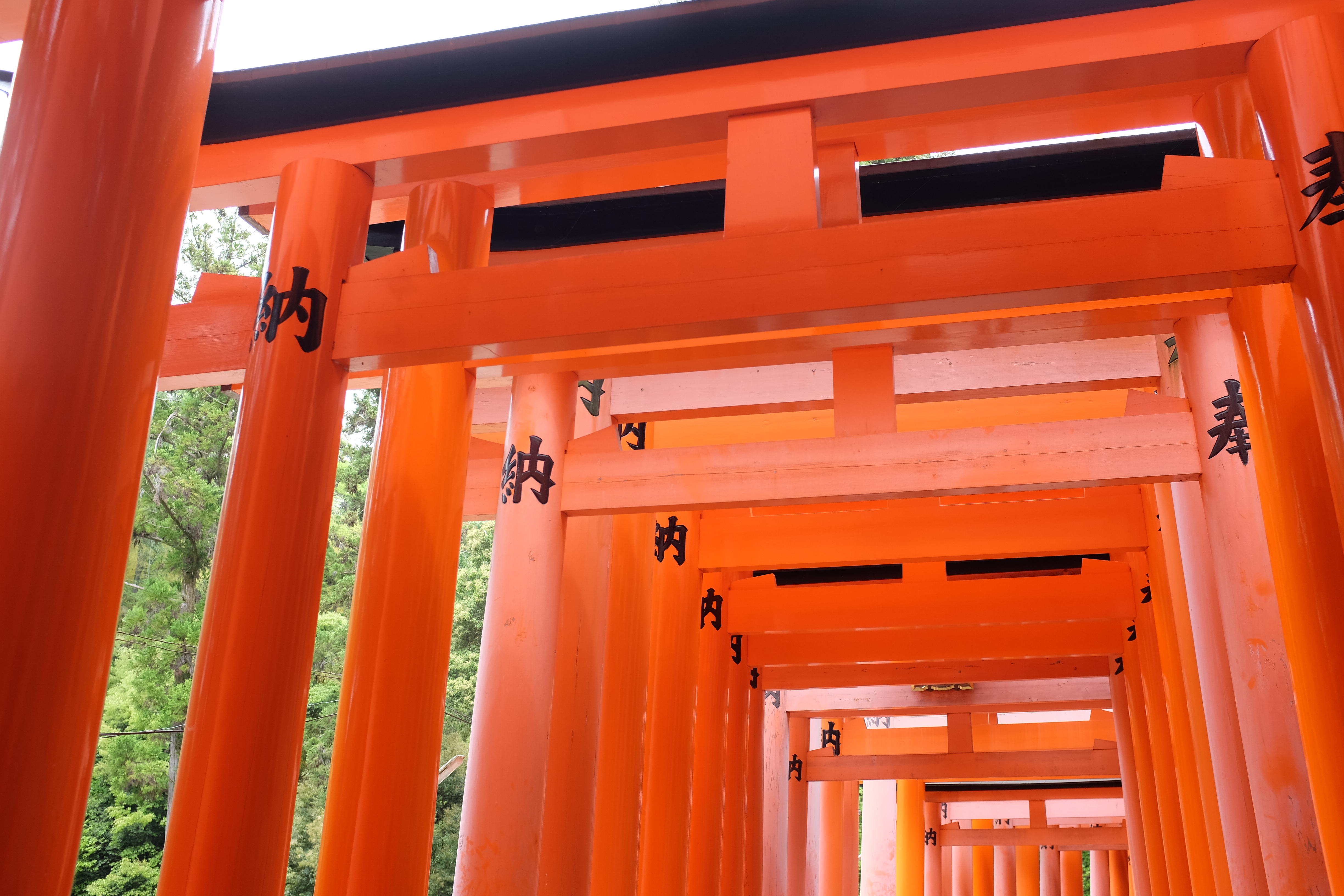
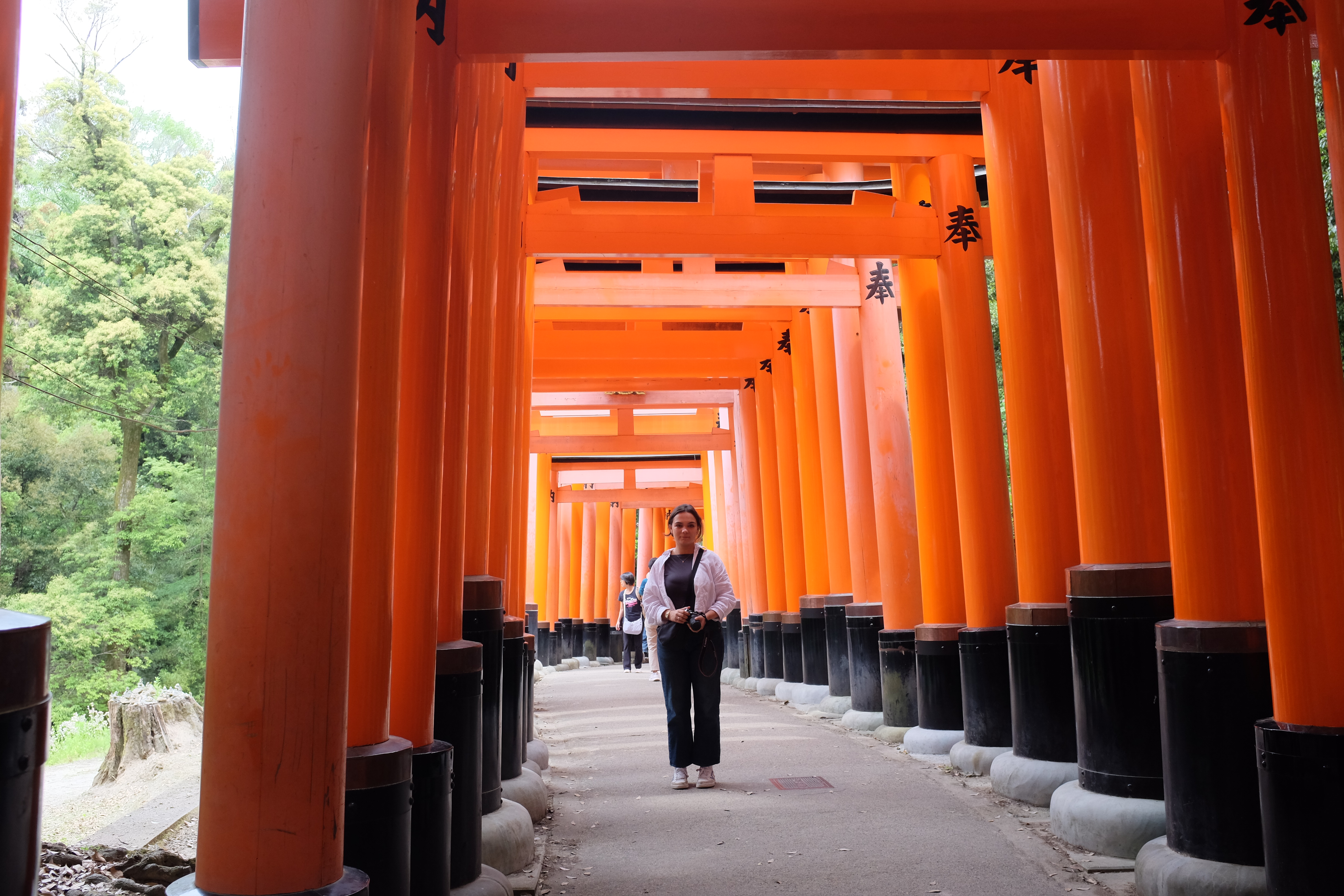
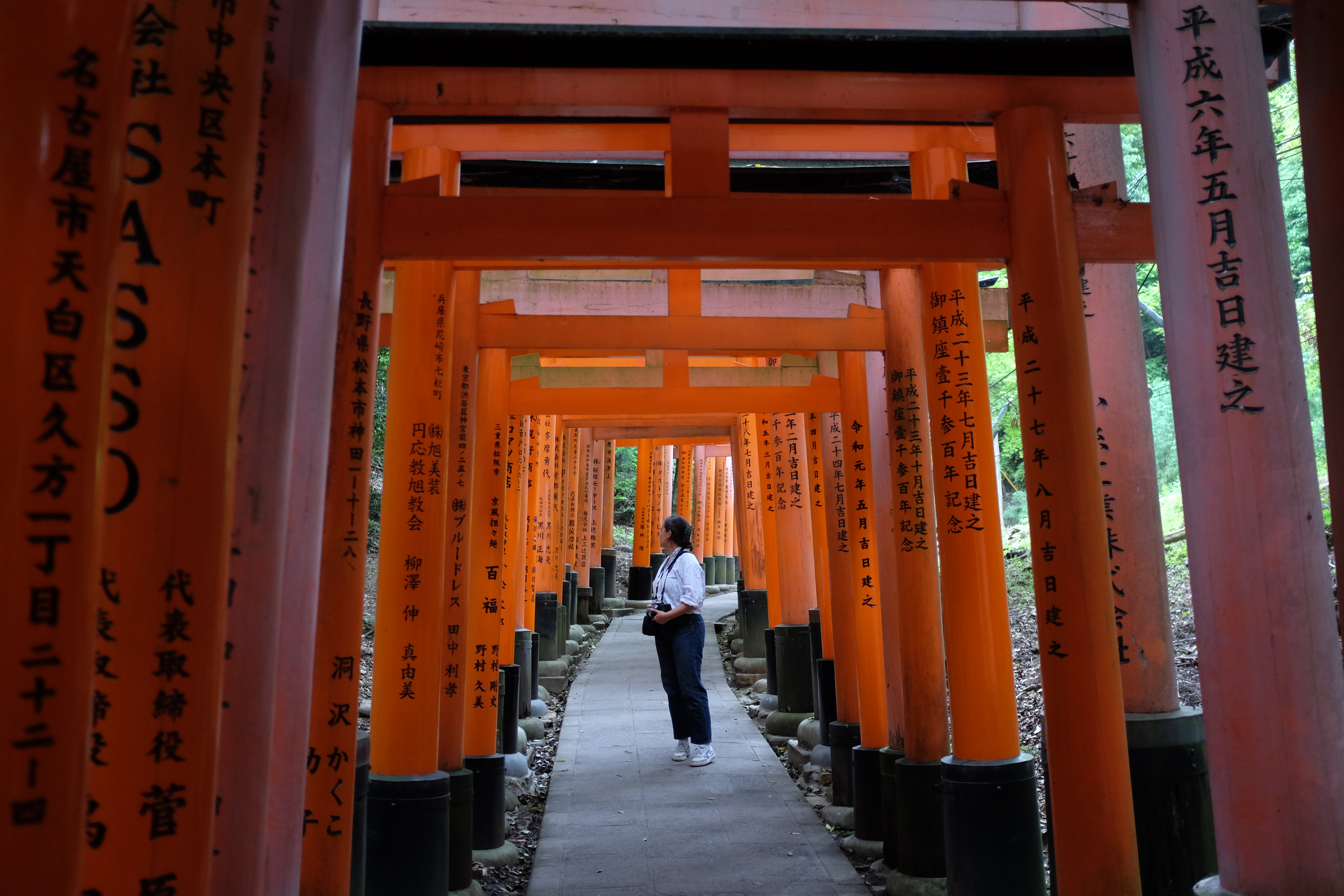
Less than one hour away (and on the same rail line as Fushimi Inari Taisha), we took a day trip to Nara. The city has significant temples, statues and artwork. Deer roam freely in and around Nara park and were at one point considered sacred. Visiters can purchase special crackers to feed them.
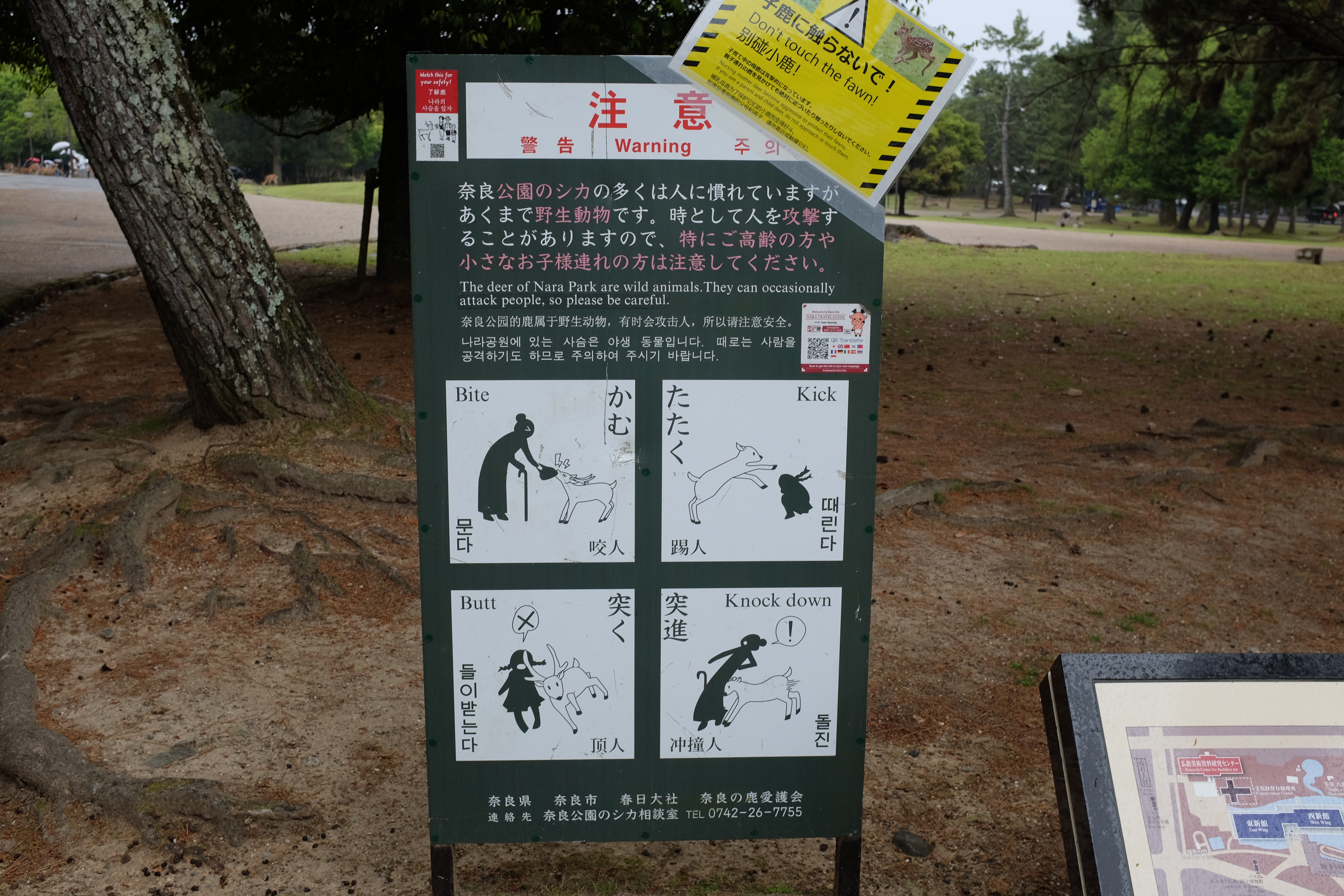
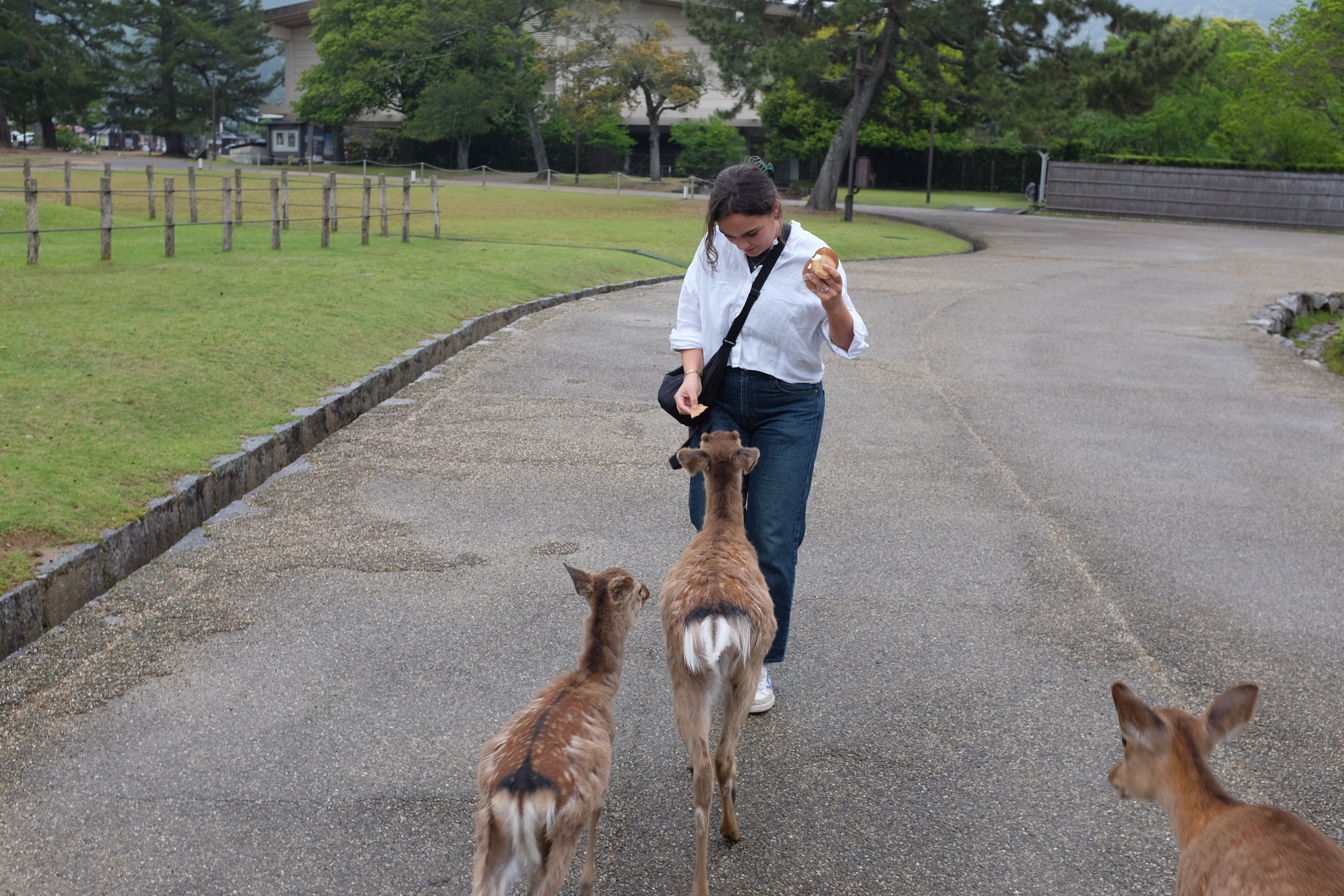
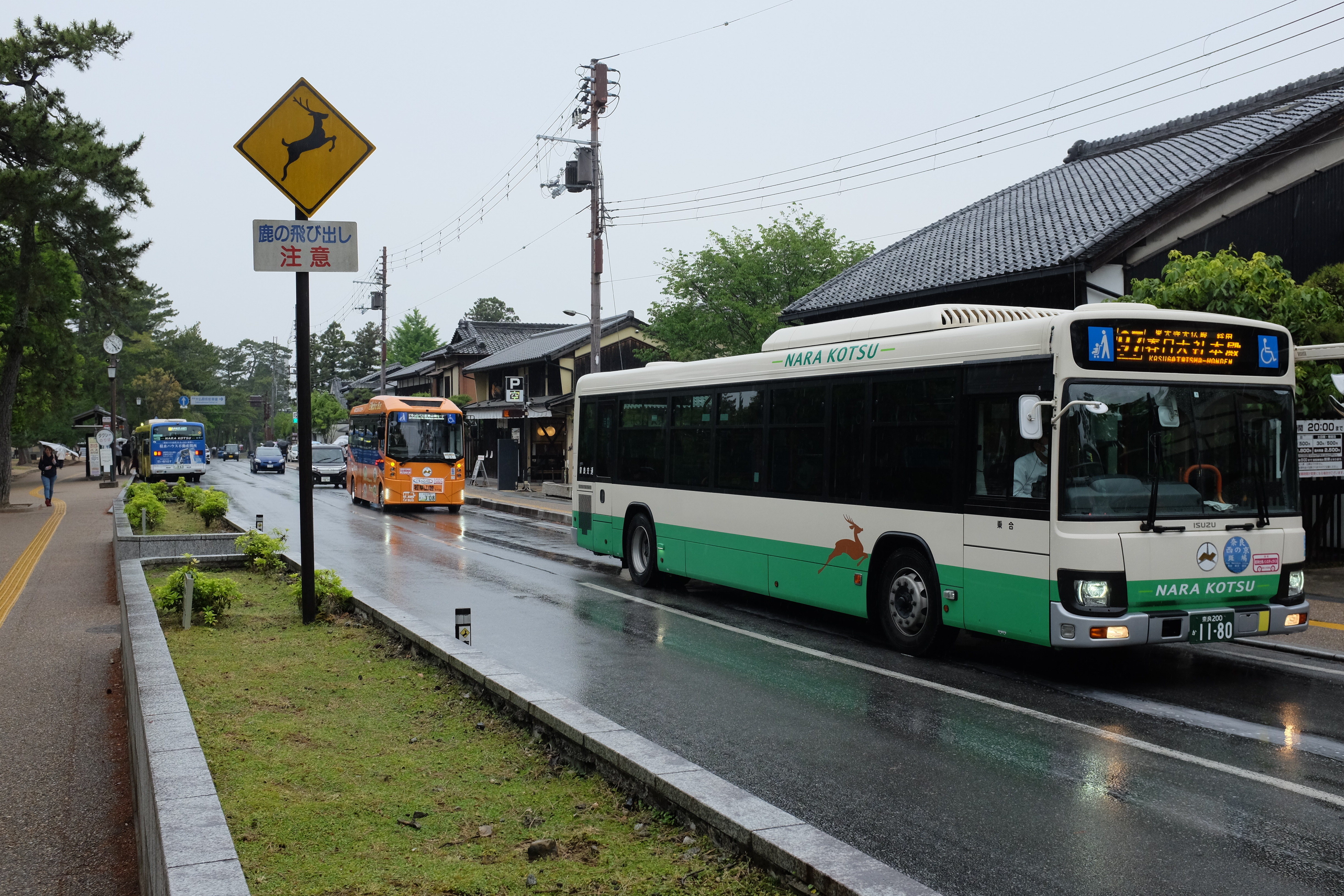
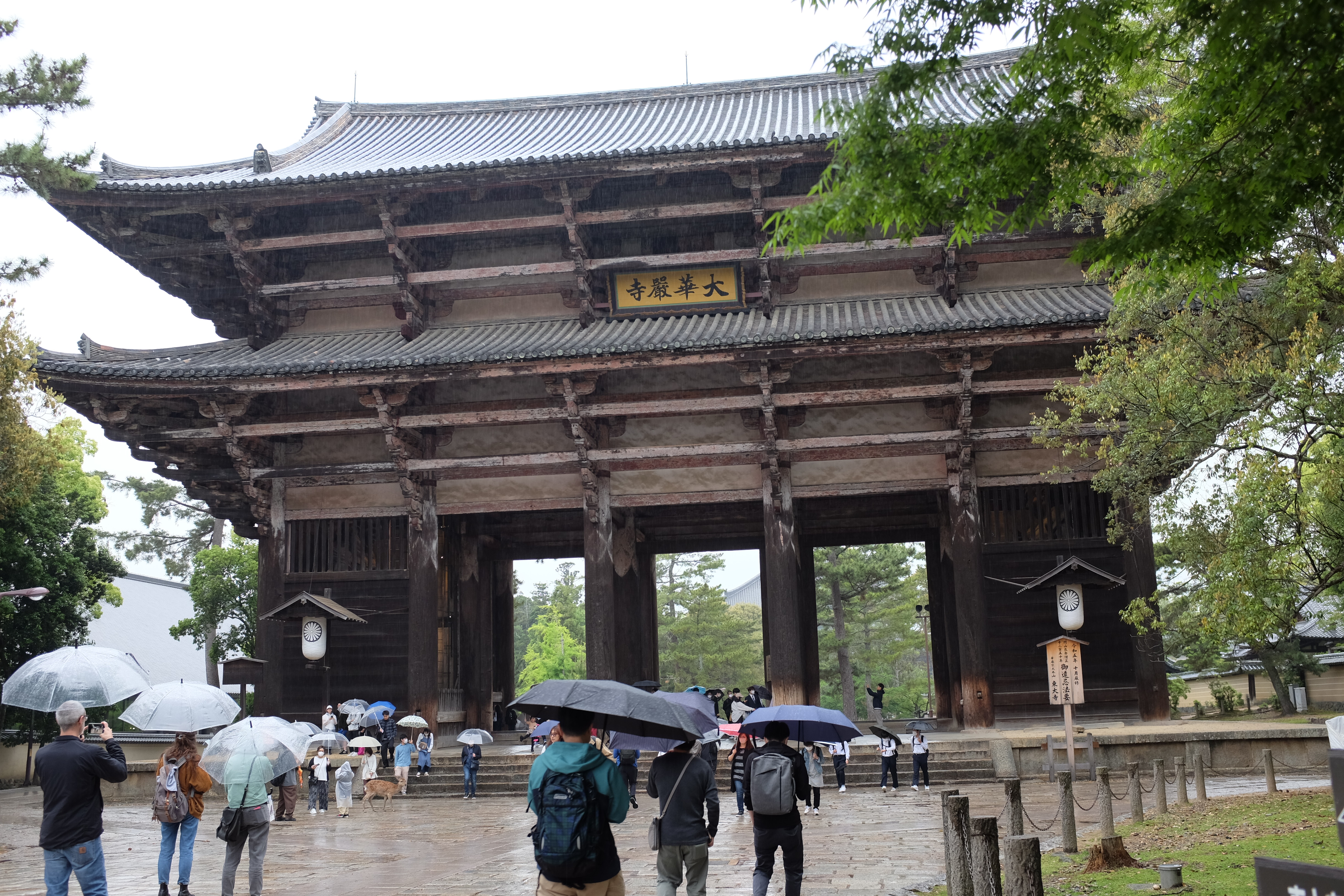
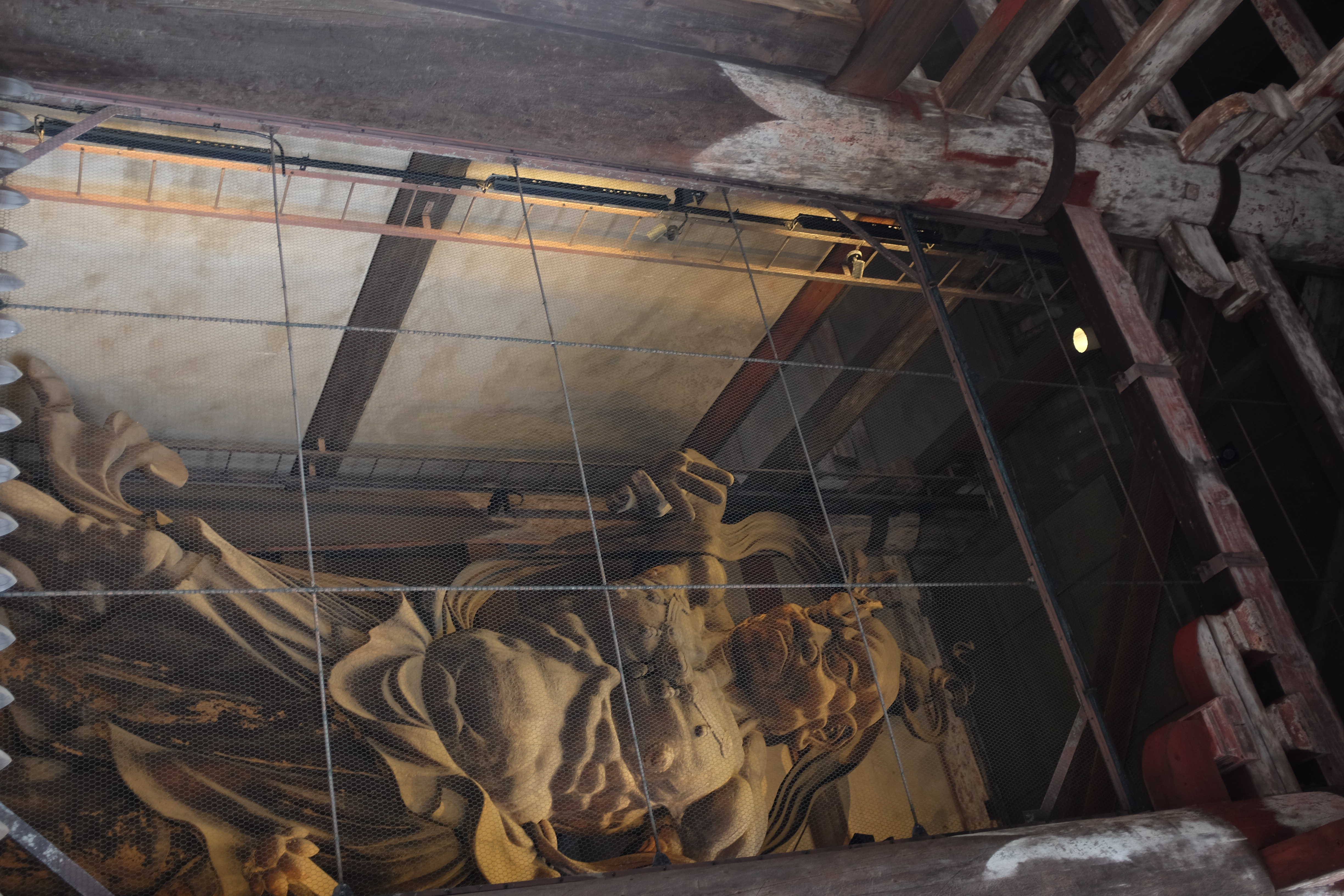
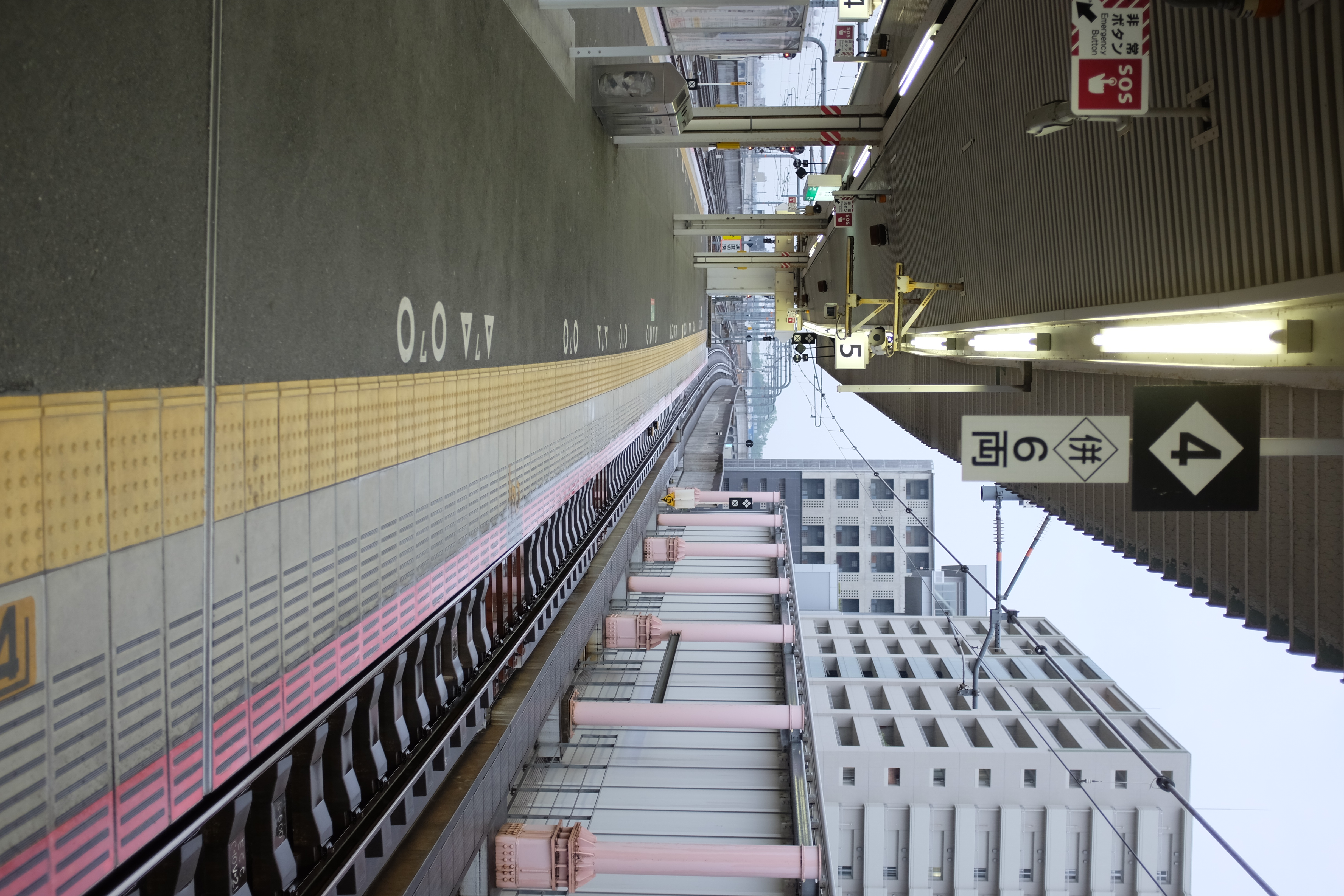
Kinkaku-Ji is another famous attraction in Kyoto, translated as “Golden Pavilion Temple”. It is completely covered in gold leaf and was originally built in 1397:
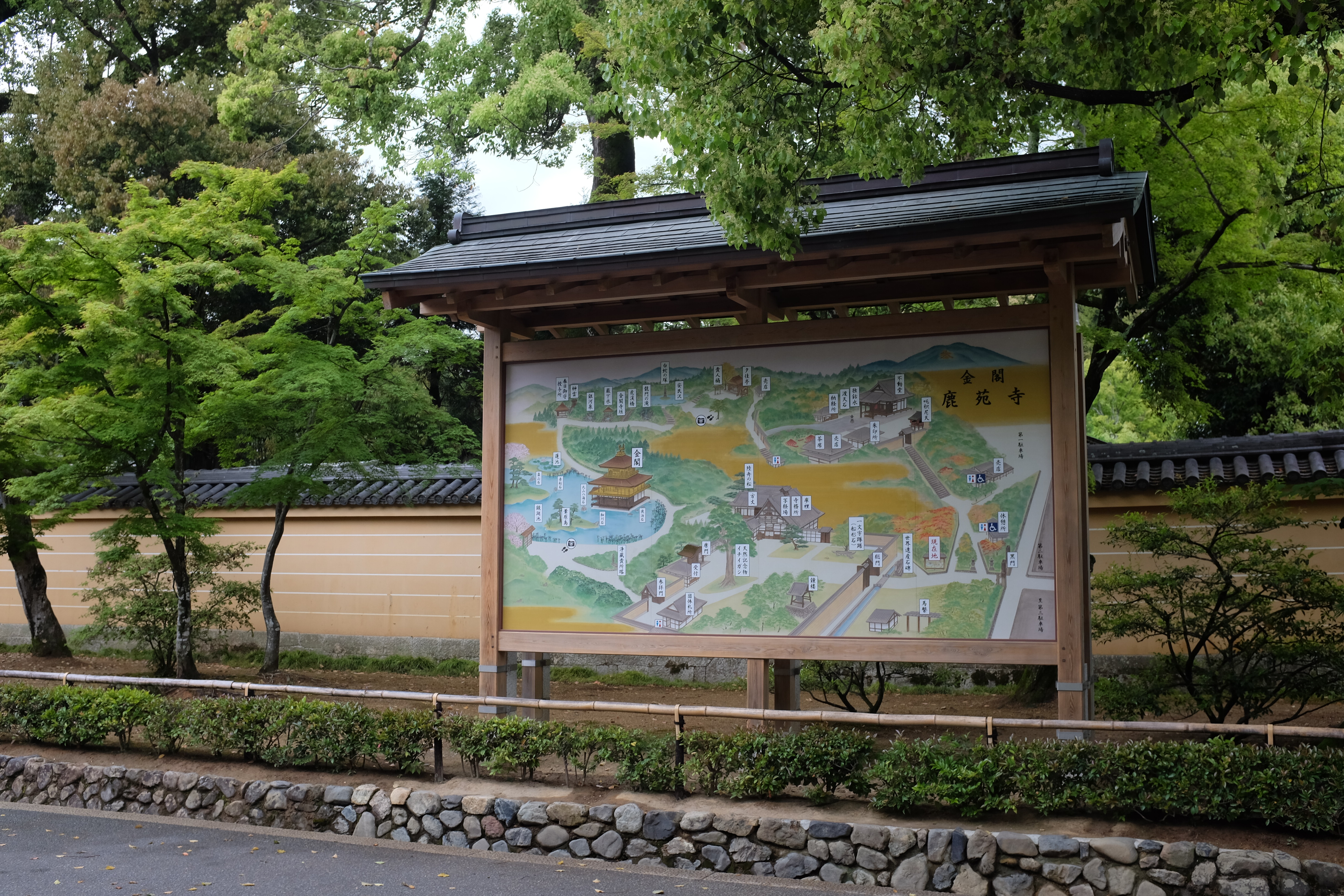
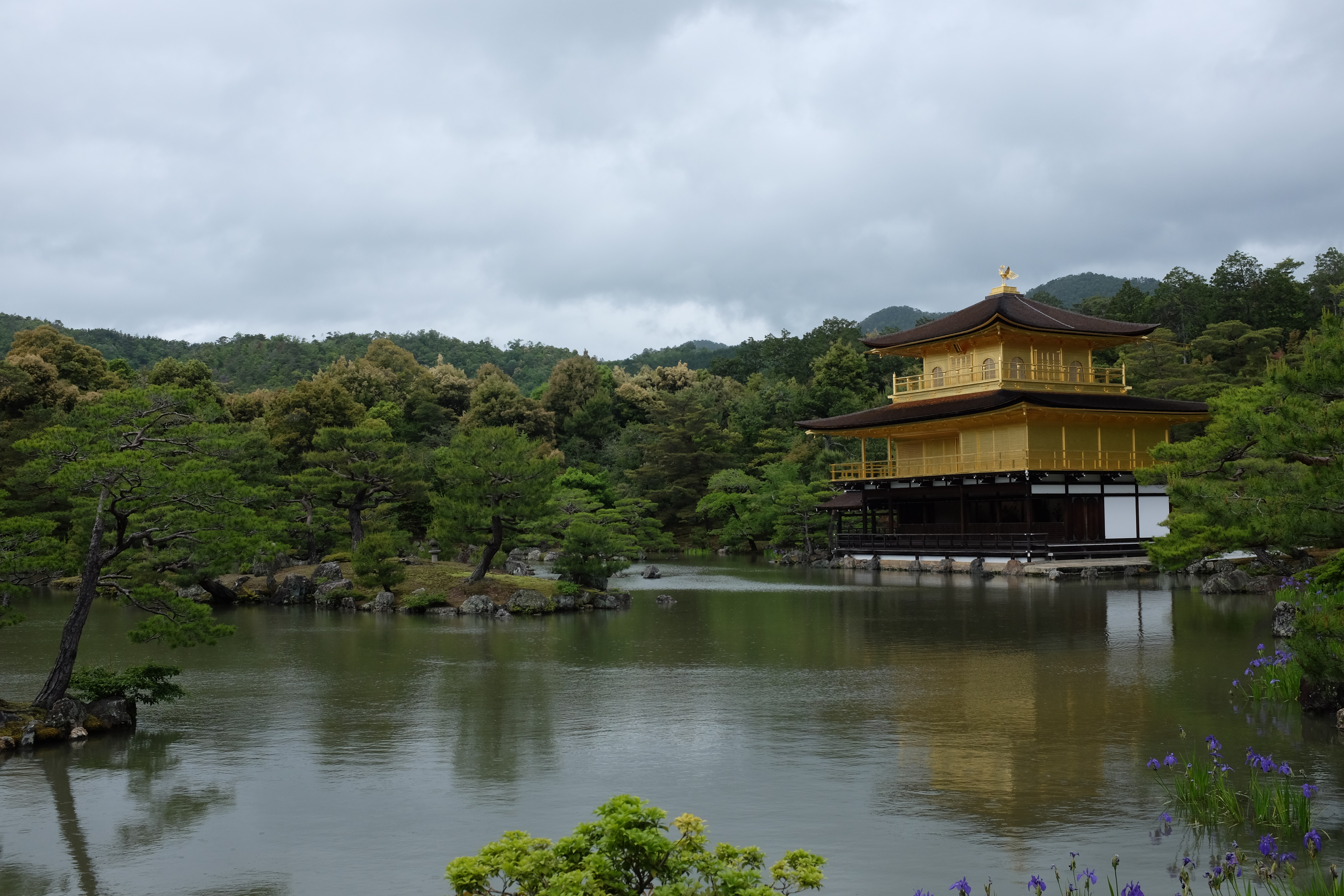
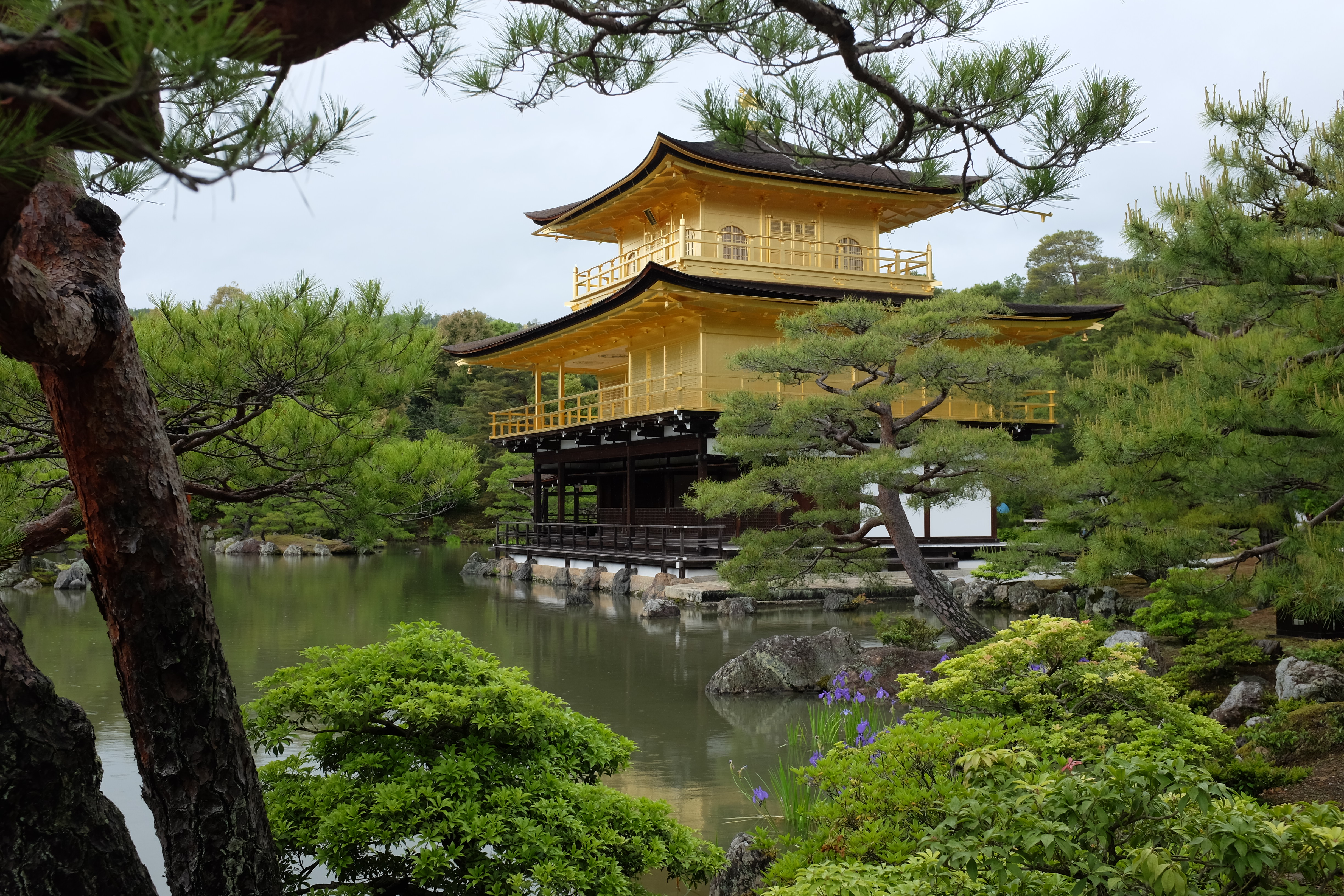
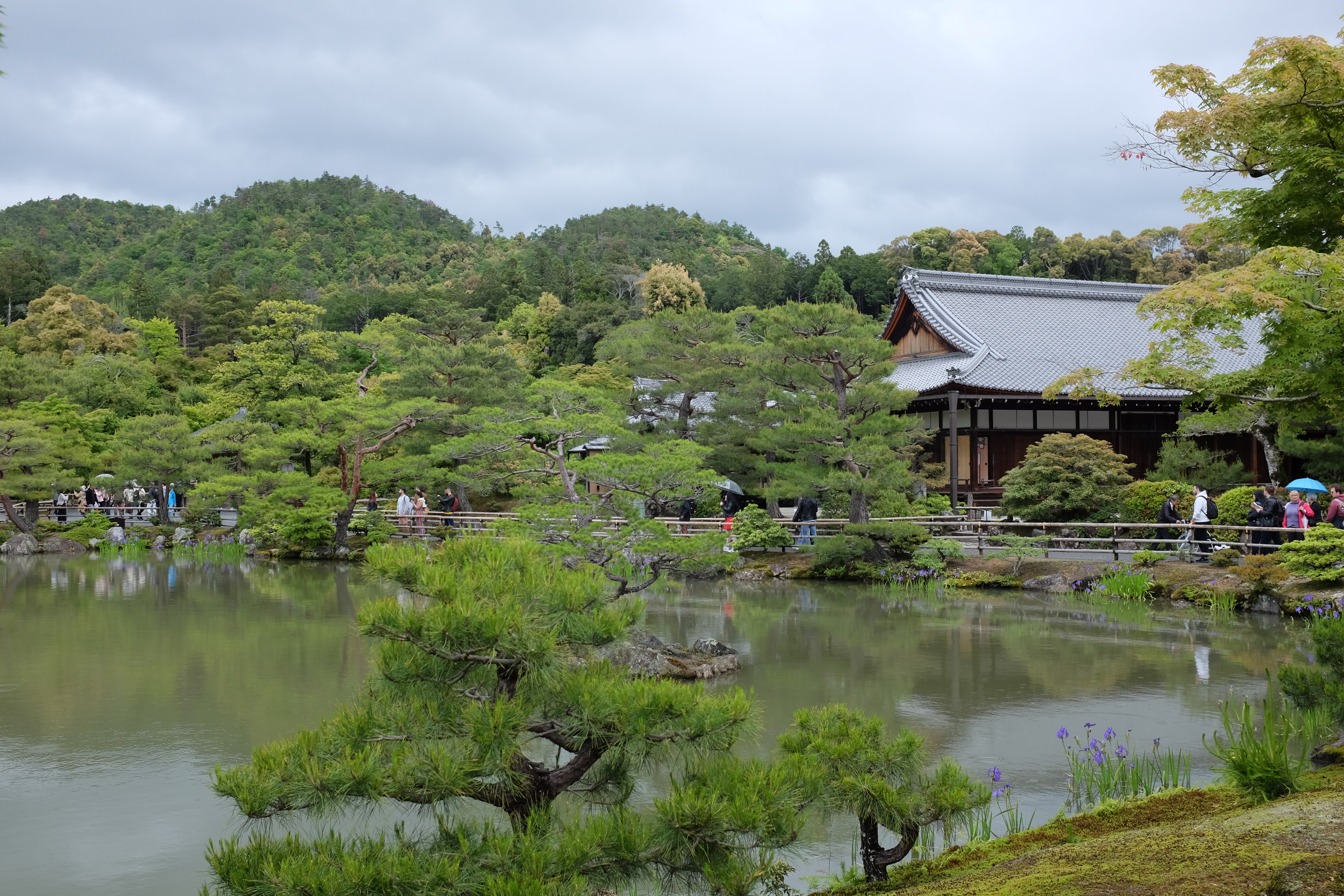
Osaka:
After Kyoto we took the same Shinkansen line to Osaka. We spent two nights there and stayed at the Agora Place Osaka Namba. Osaka is Japan’s second largest metropolitan area after Tokyo. Famous for its large street food scene, there is tons to do and explore.
Dōtonbori Area, the Bright Heart of Osaka:
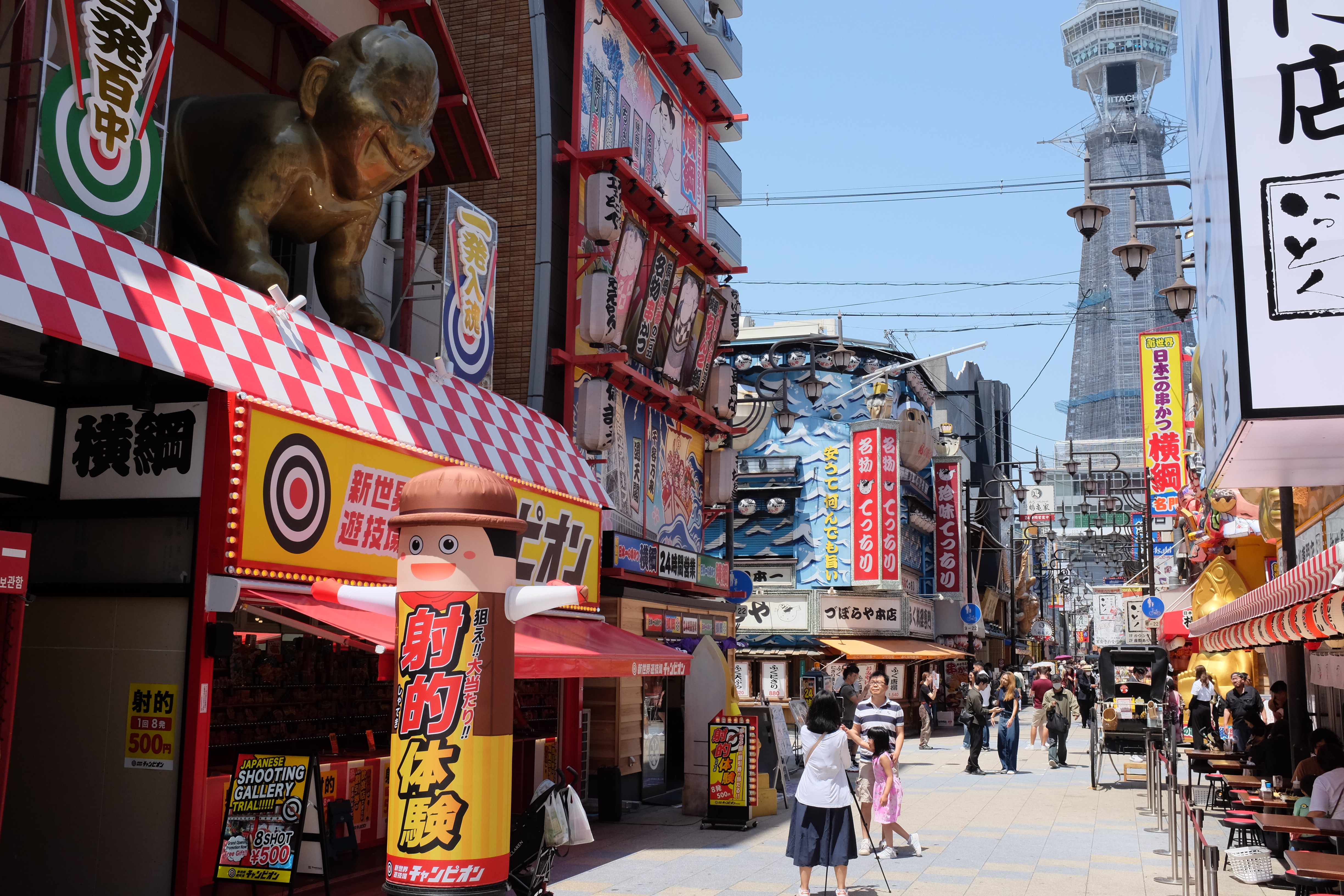
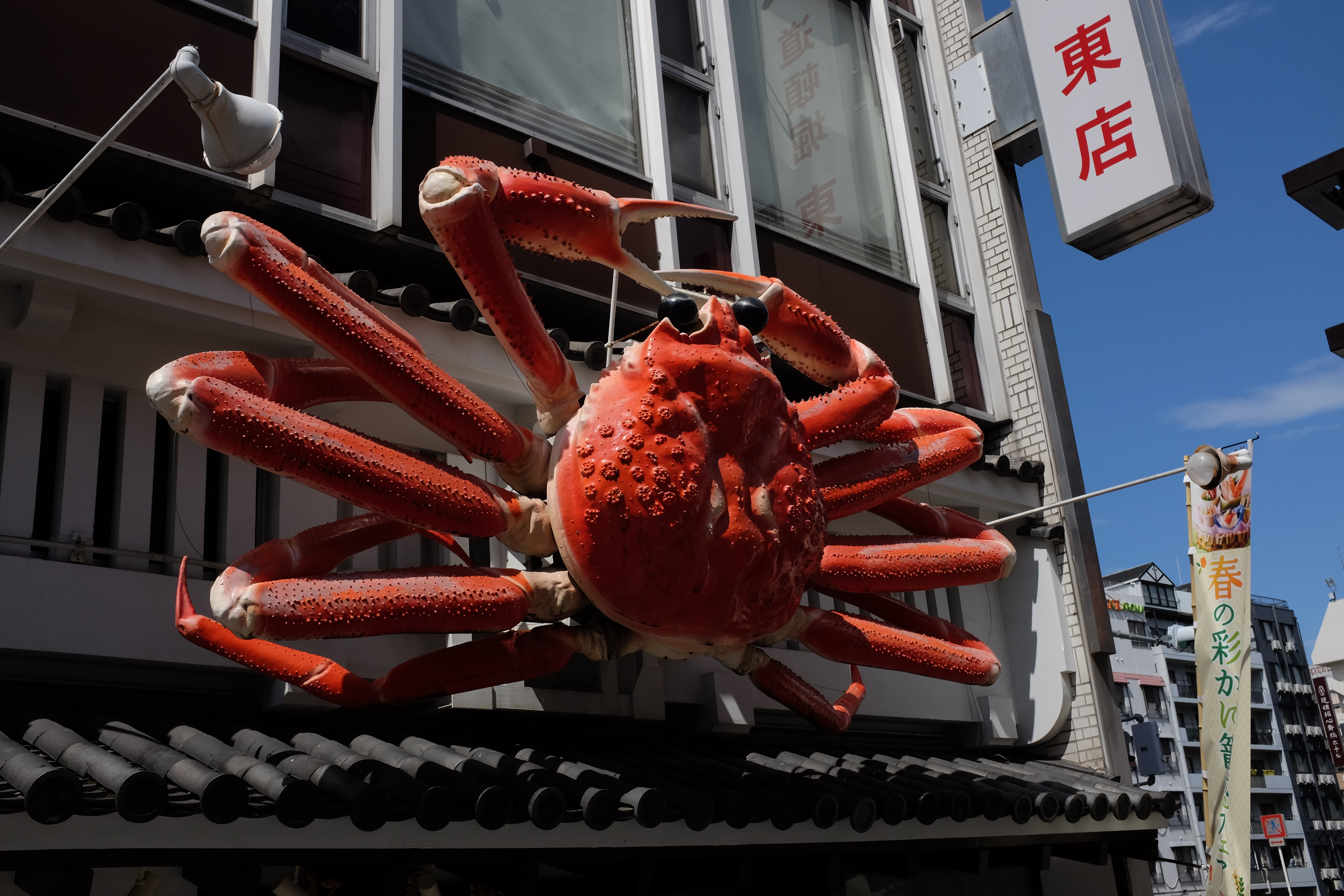
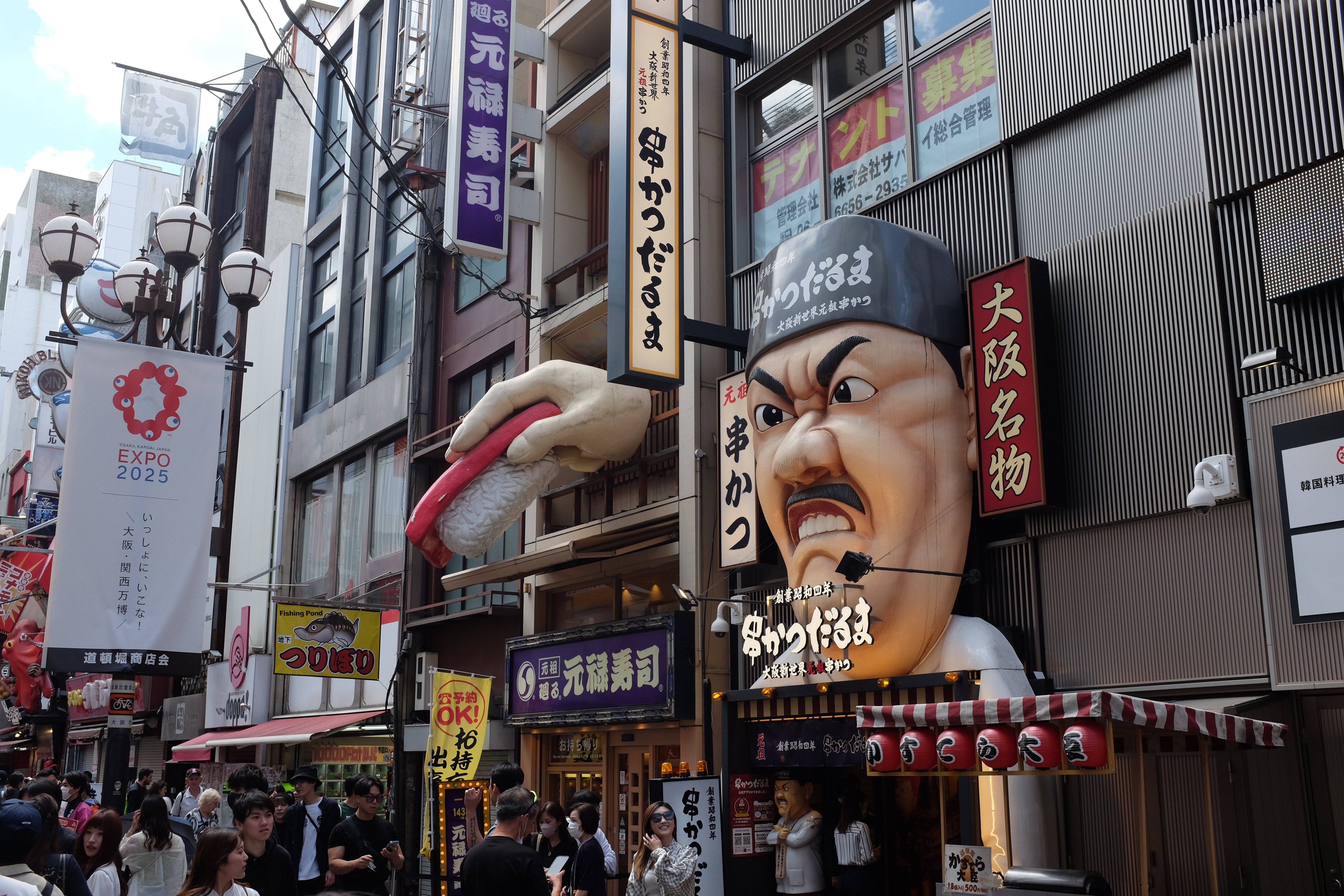
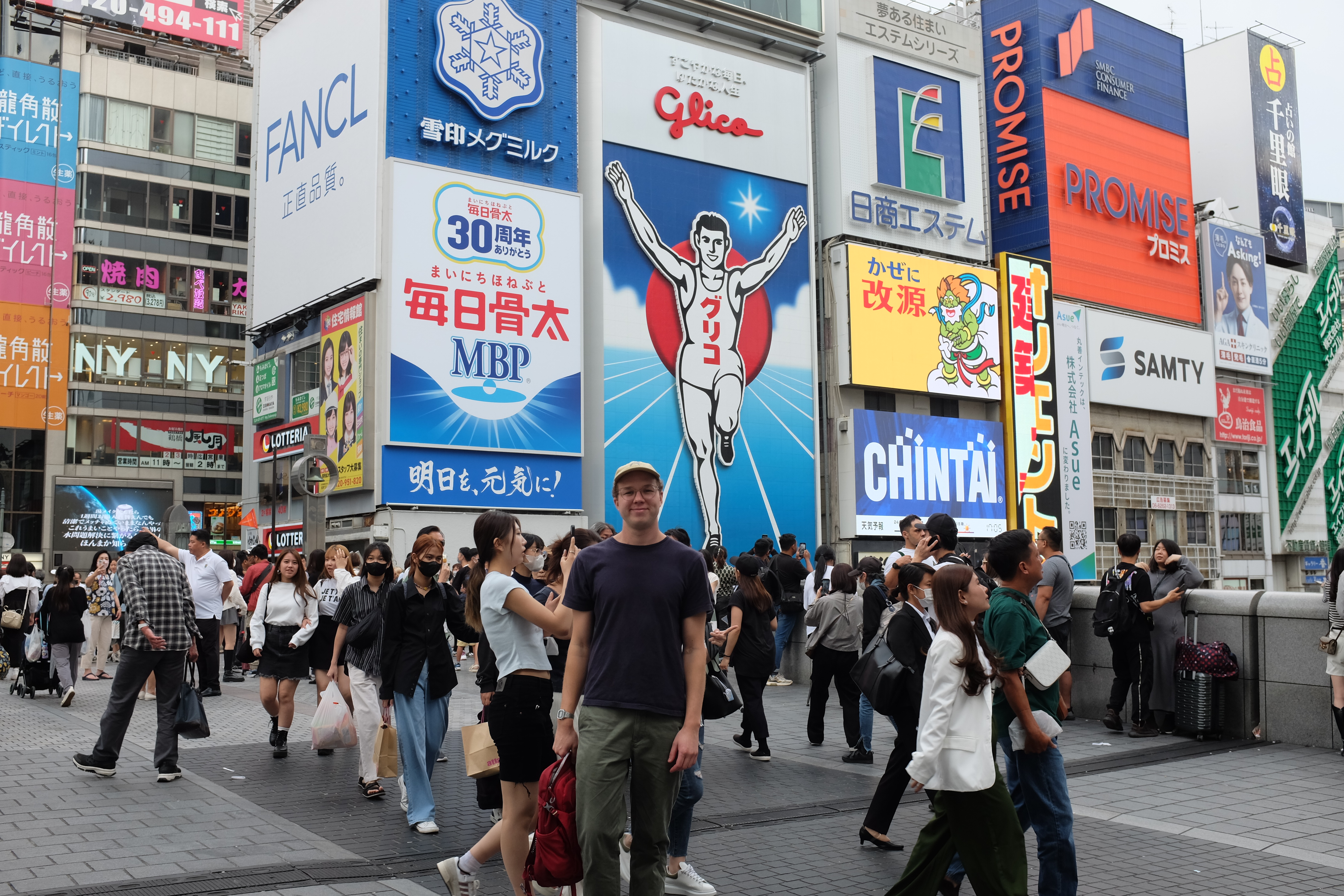
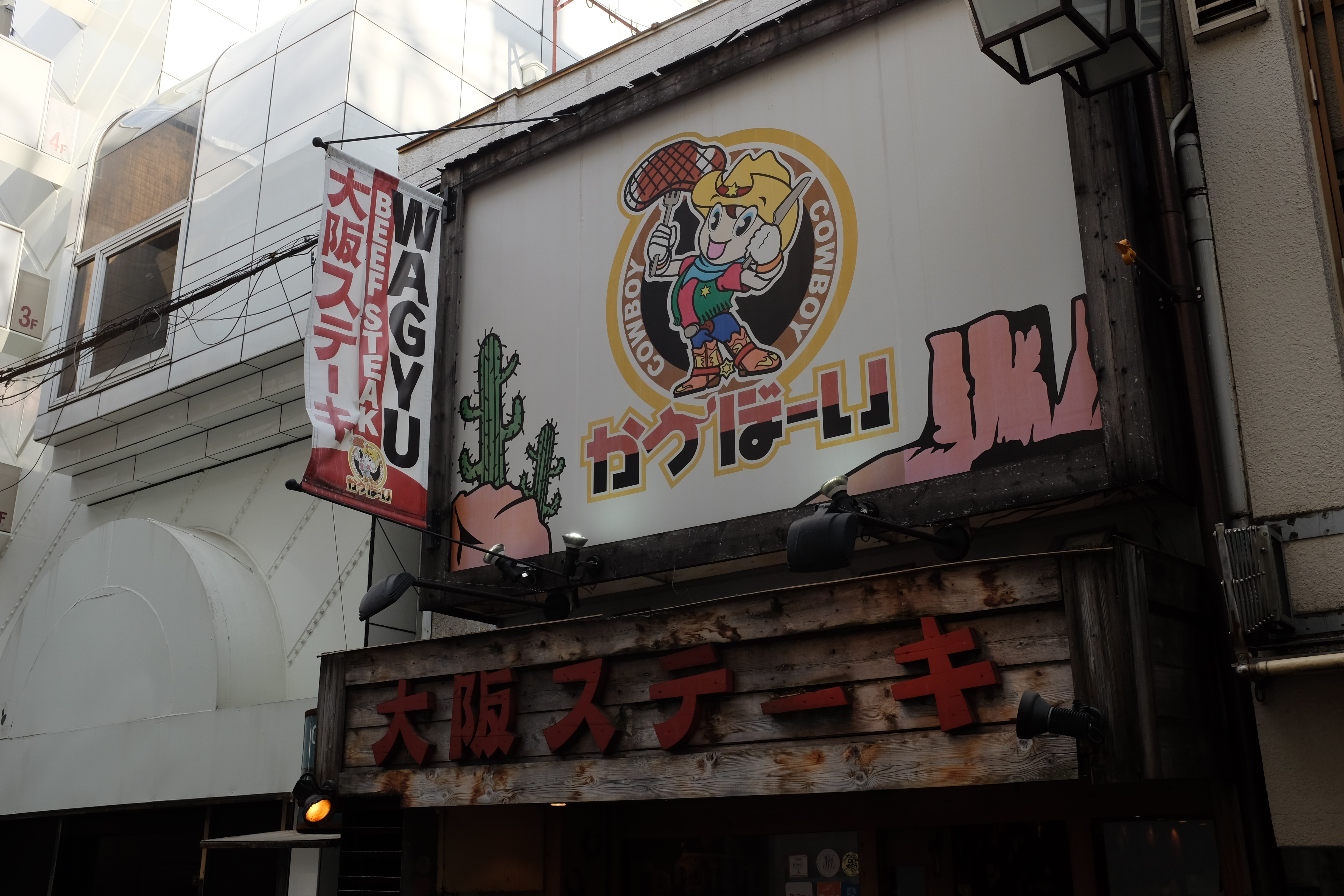
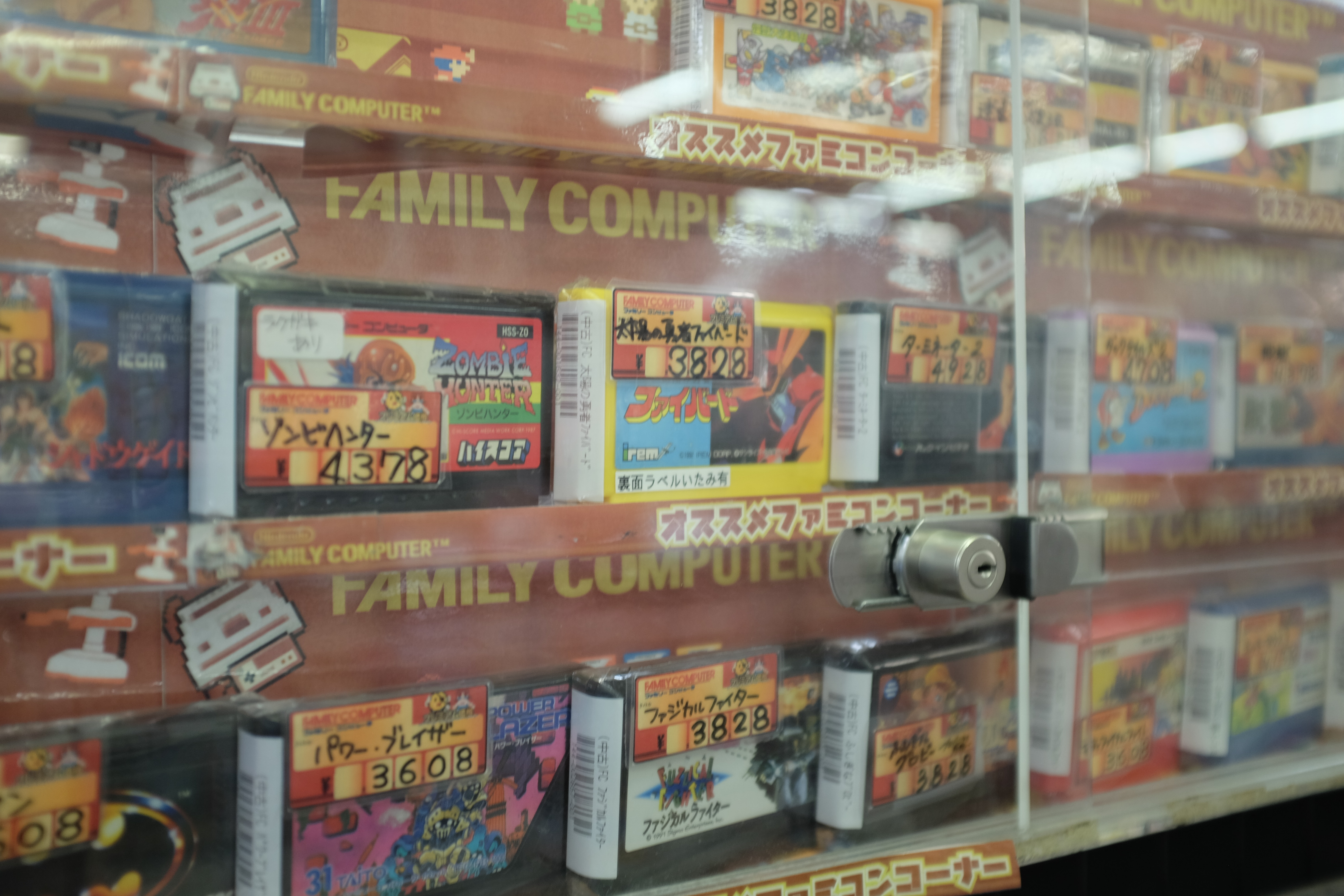
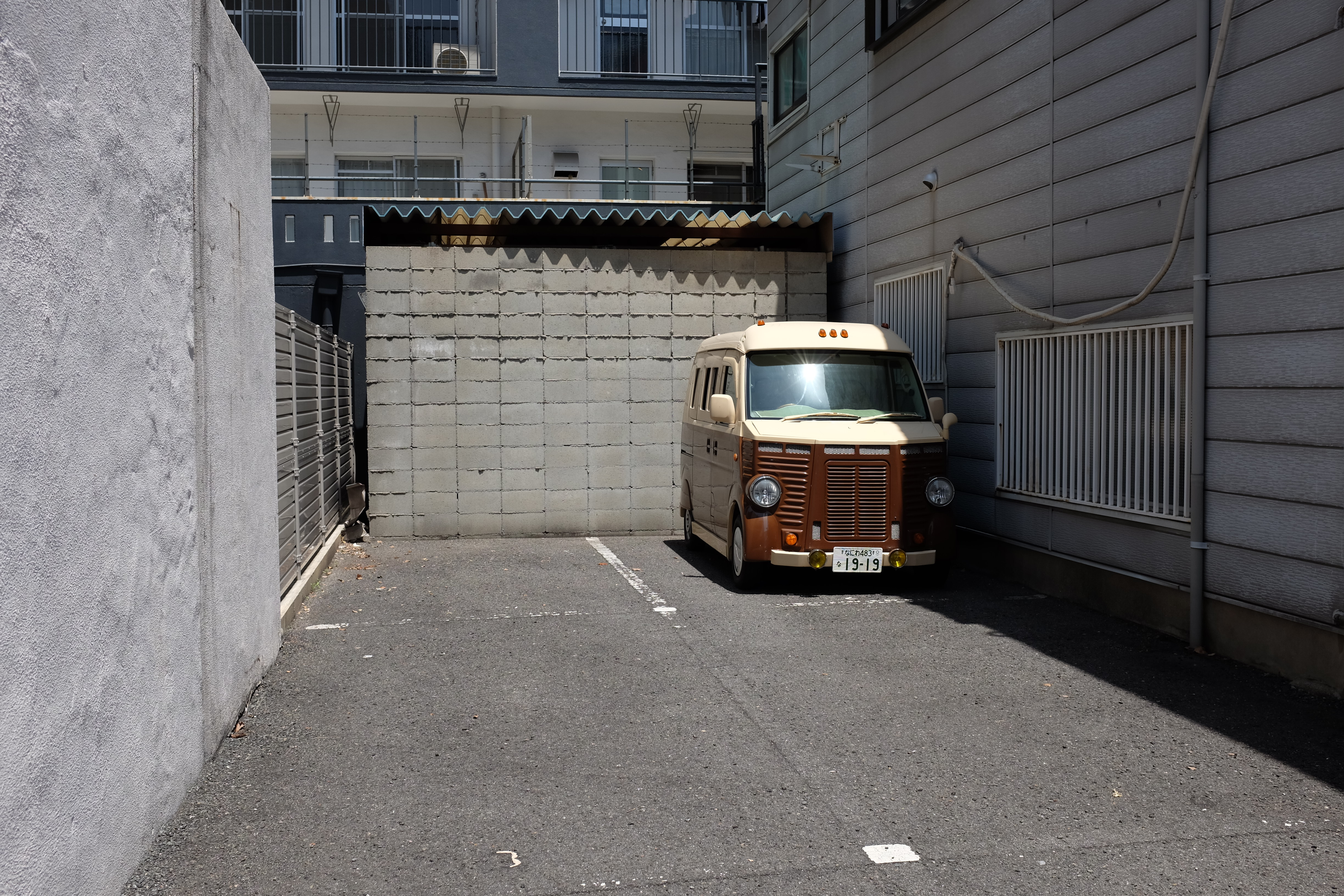
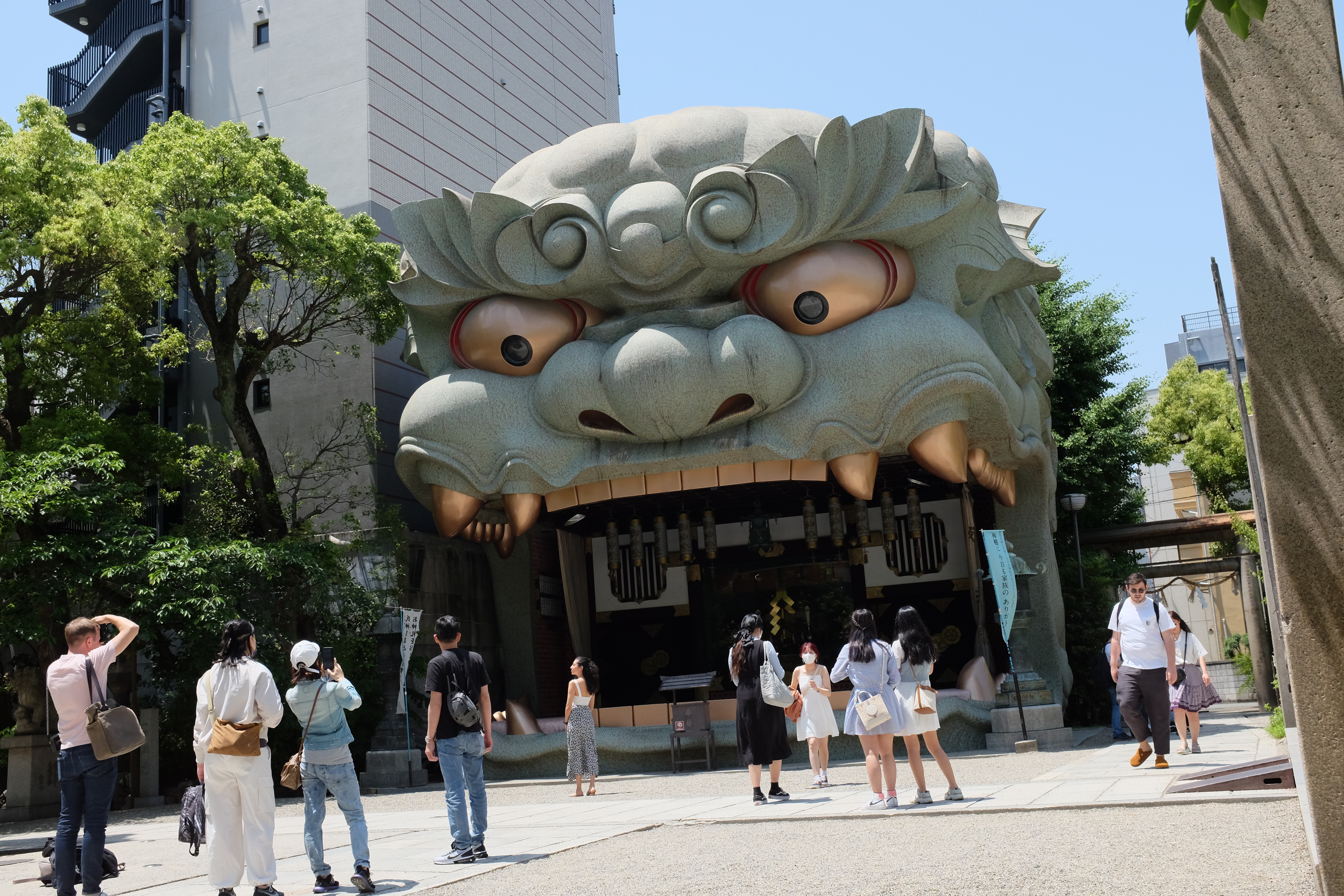
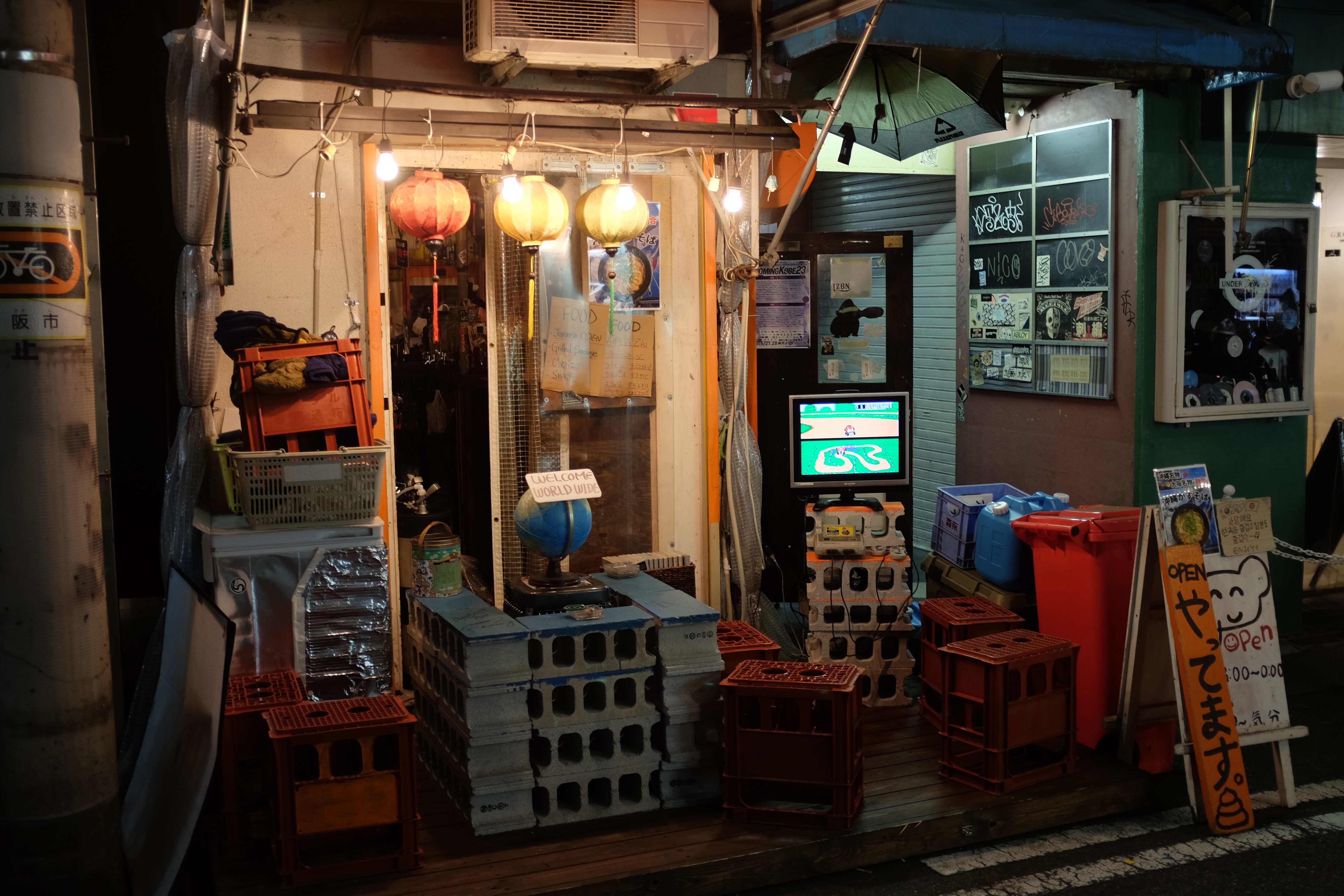
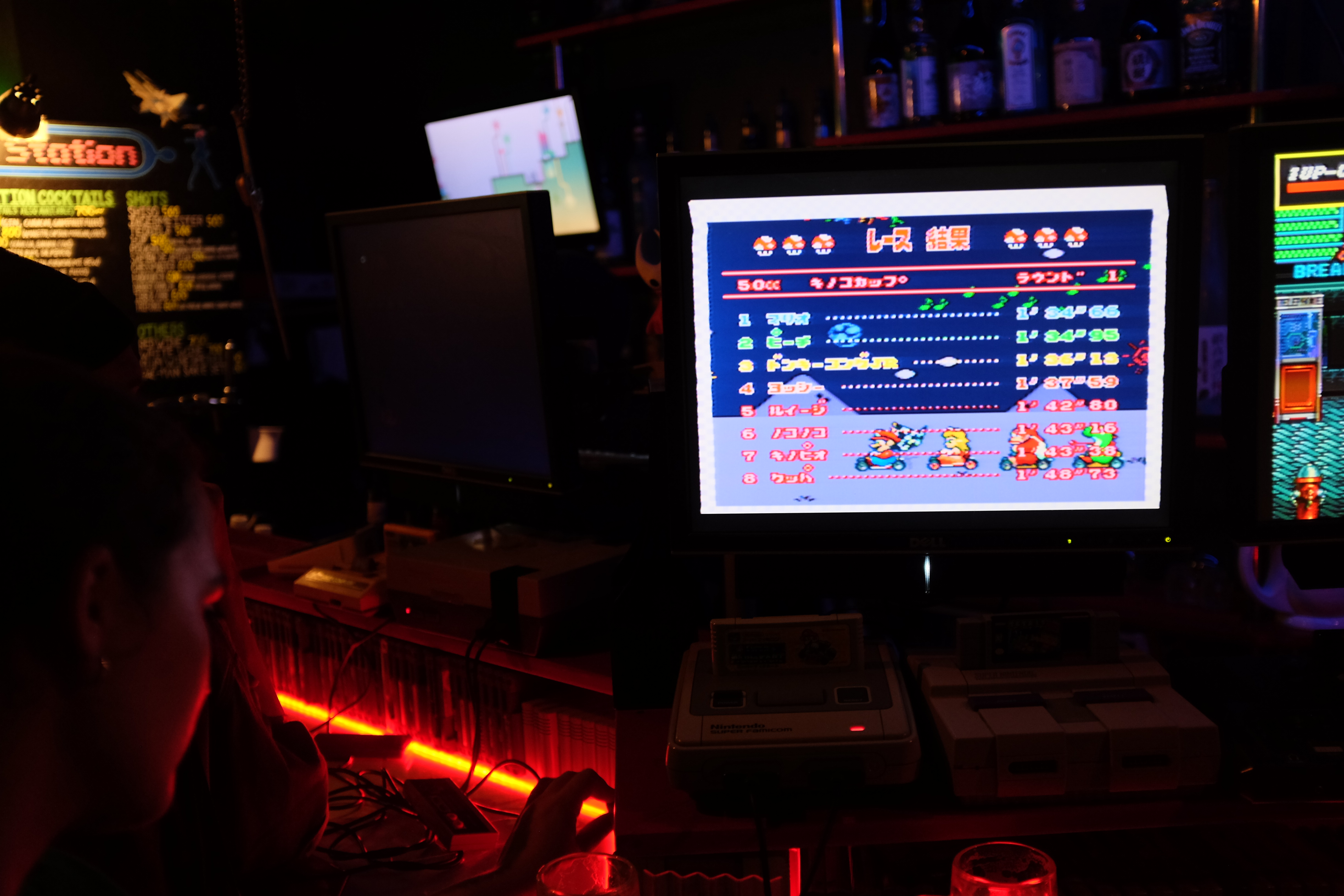
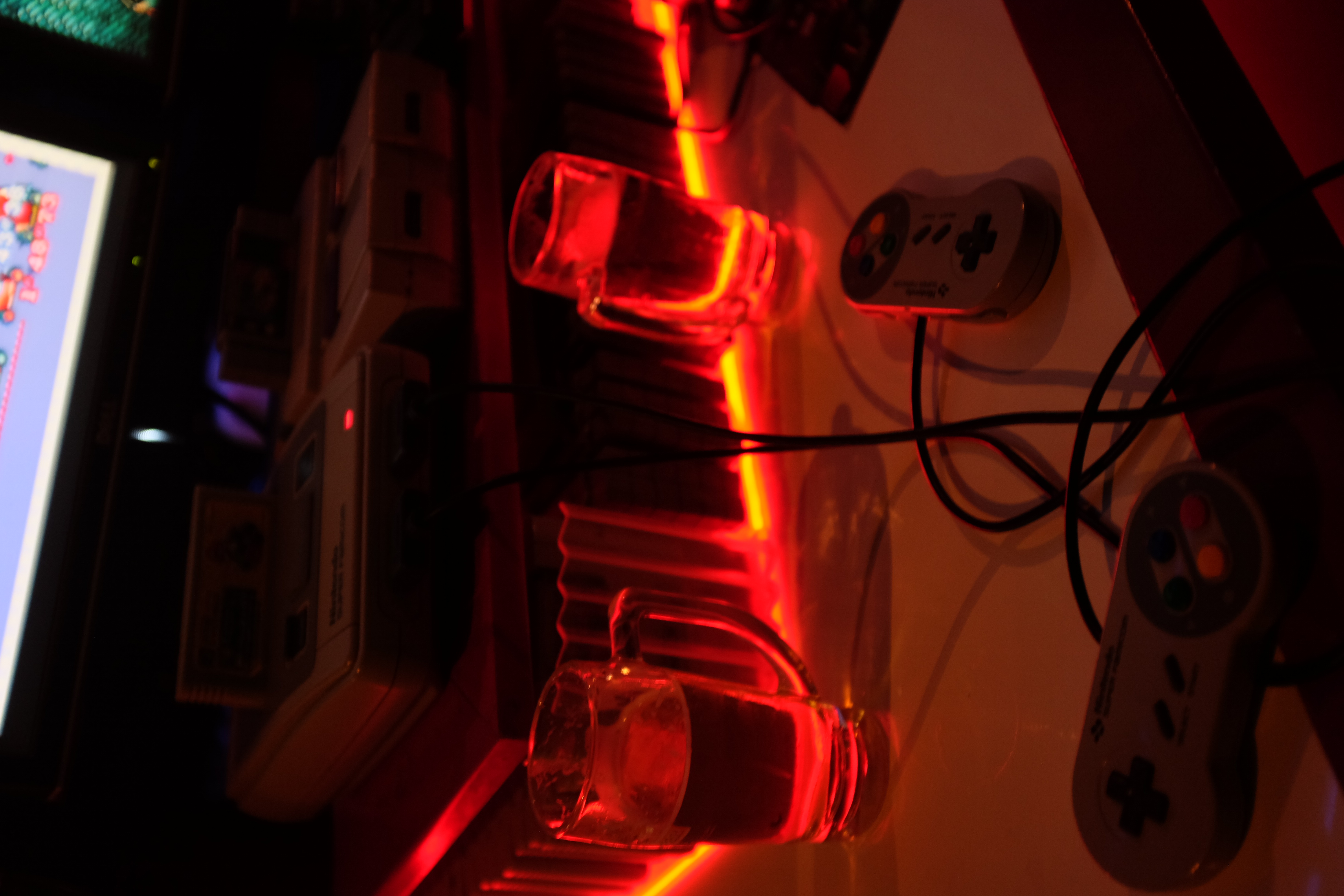
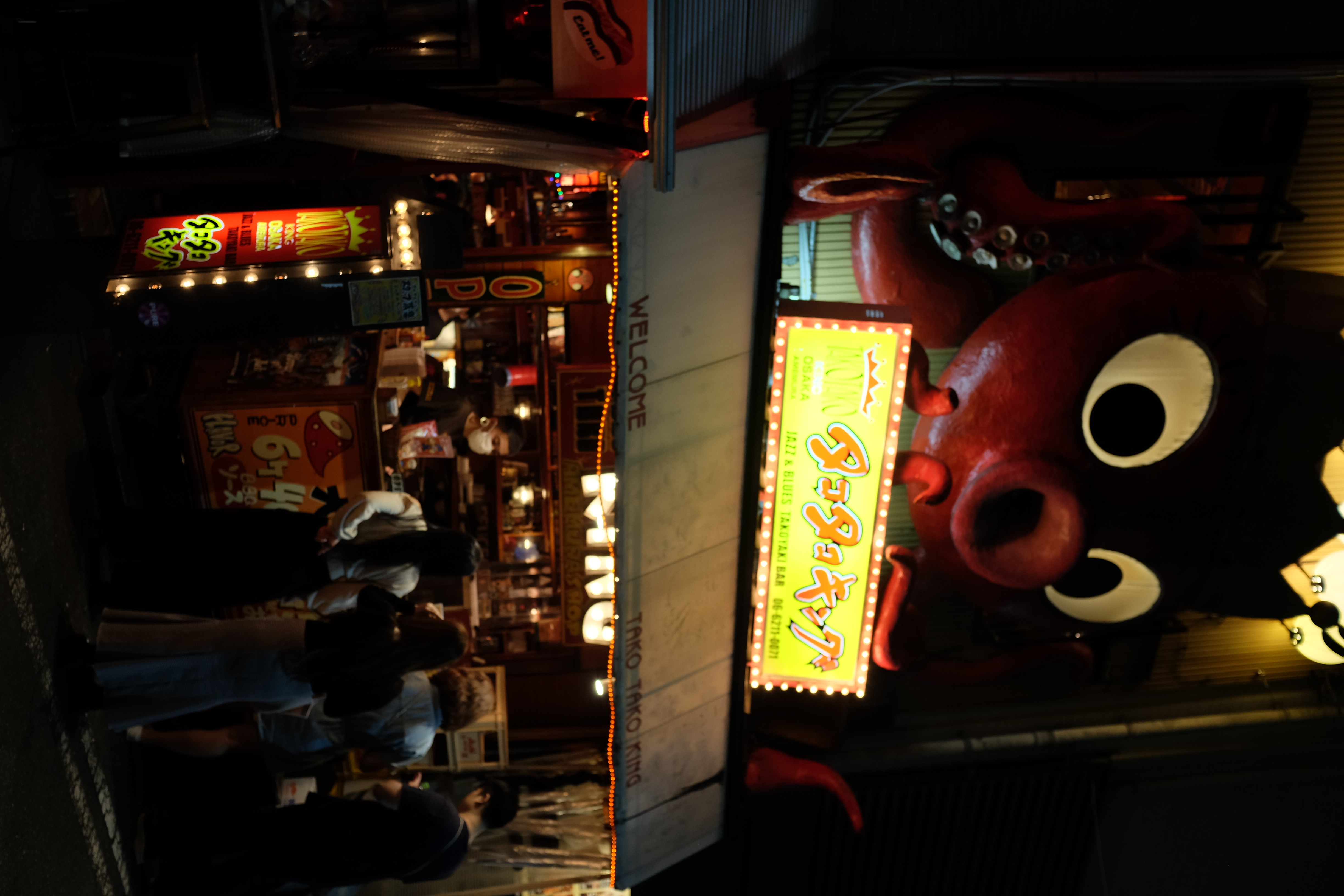
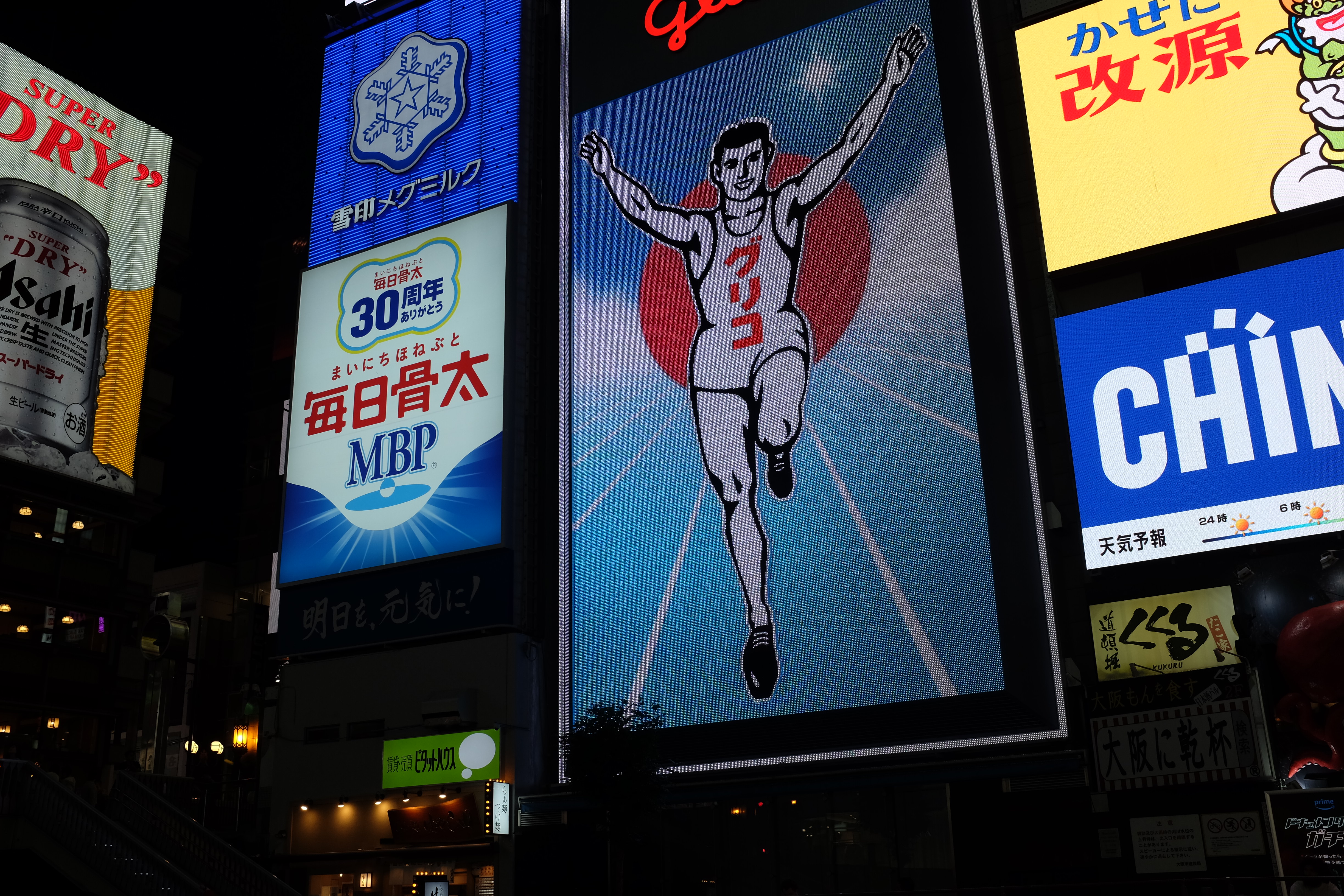
Visiting Mount Fuji
On one of our last days in Tokyo we took a day trip to explore the area around Mount Fuji: Lake Kawaguchi, Oishi Park and Arakurayama Sengen Park.
Thomas the Tank Engine themed trains:
